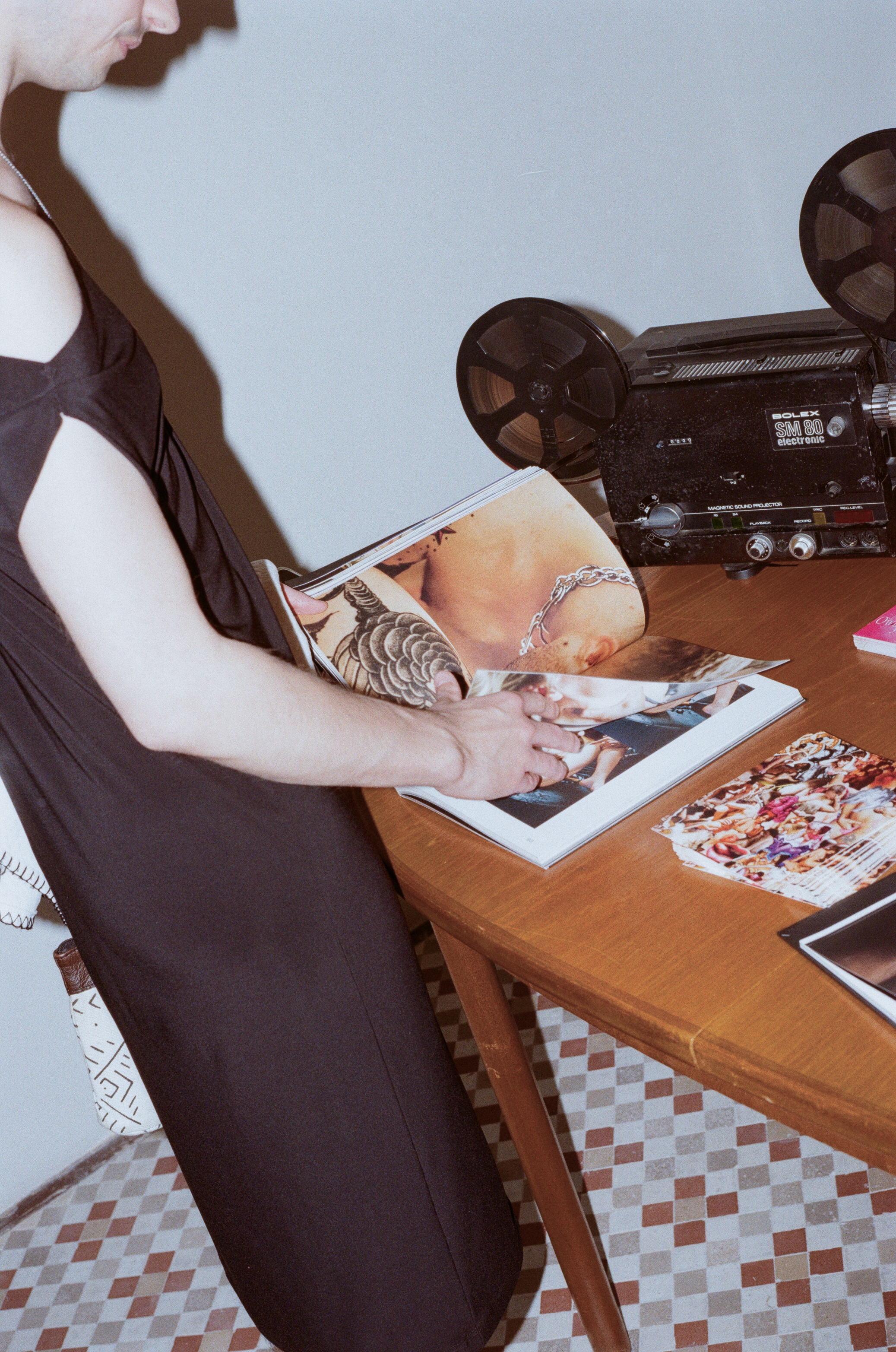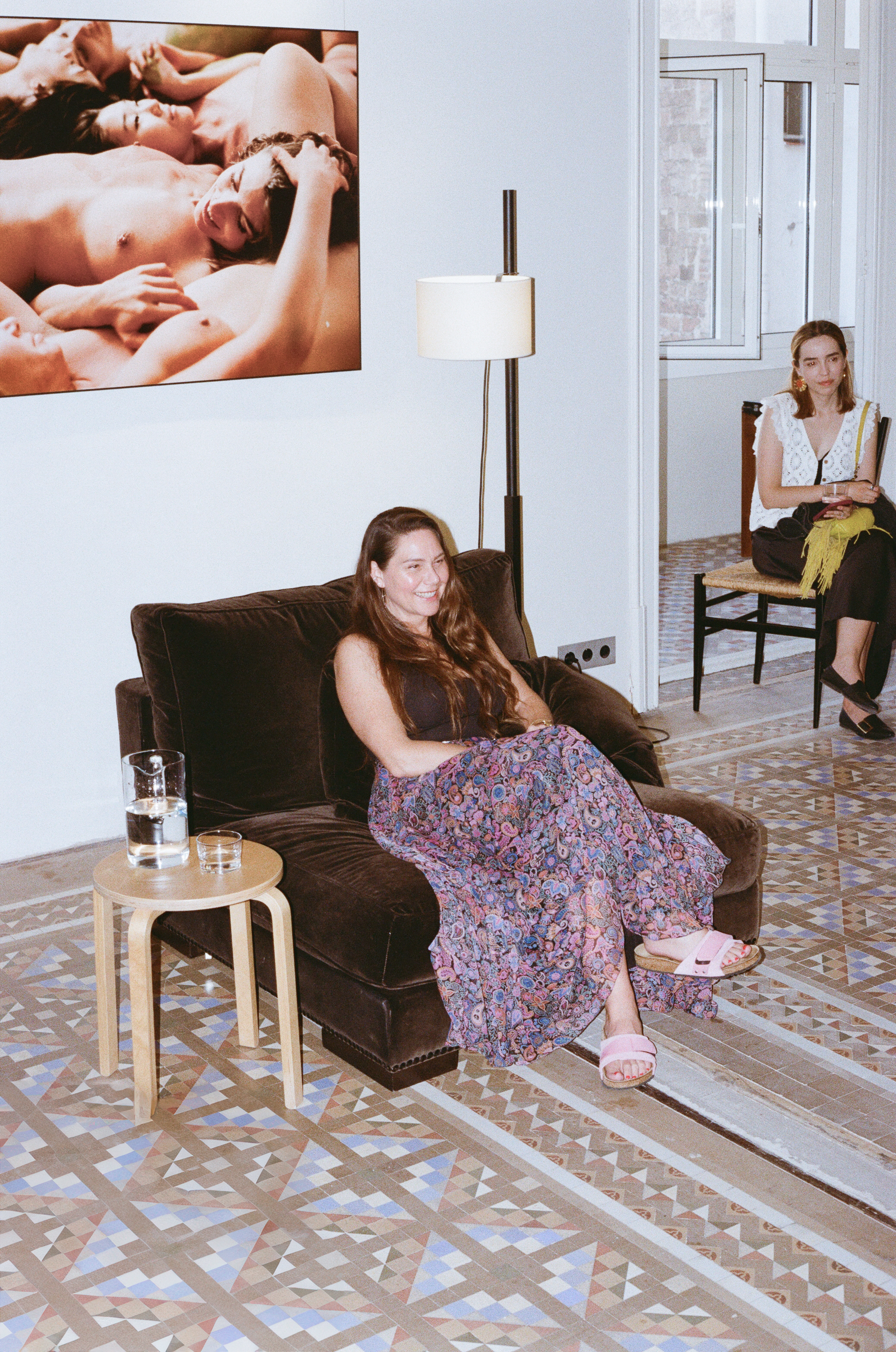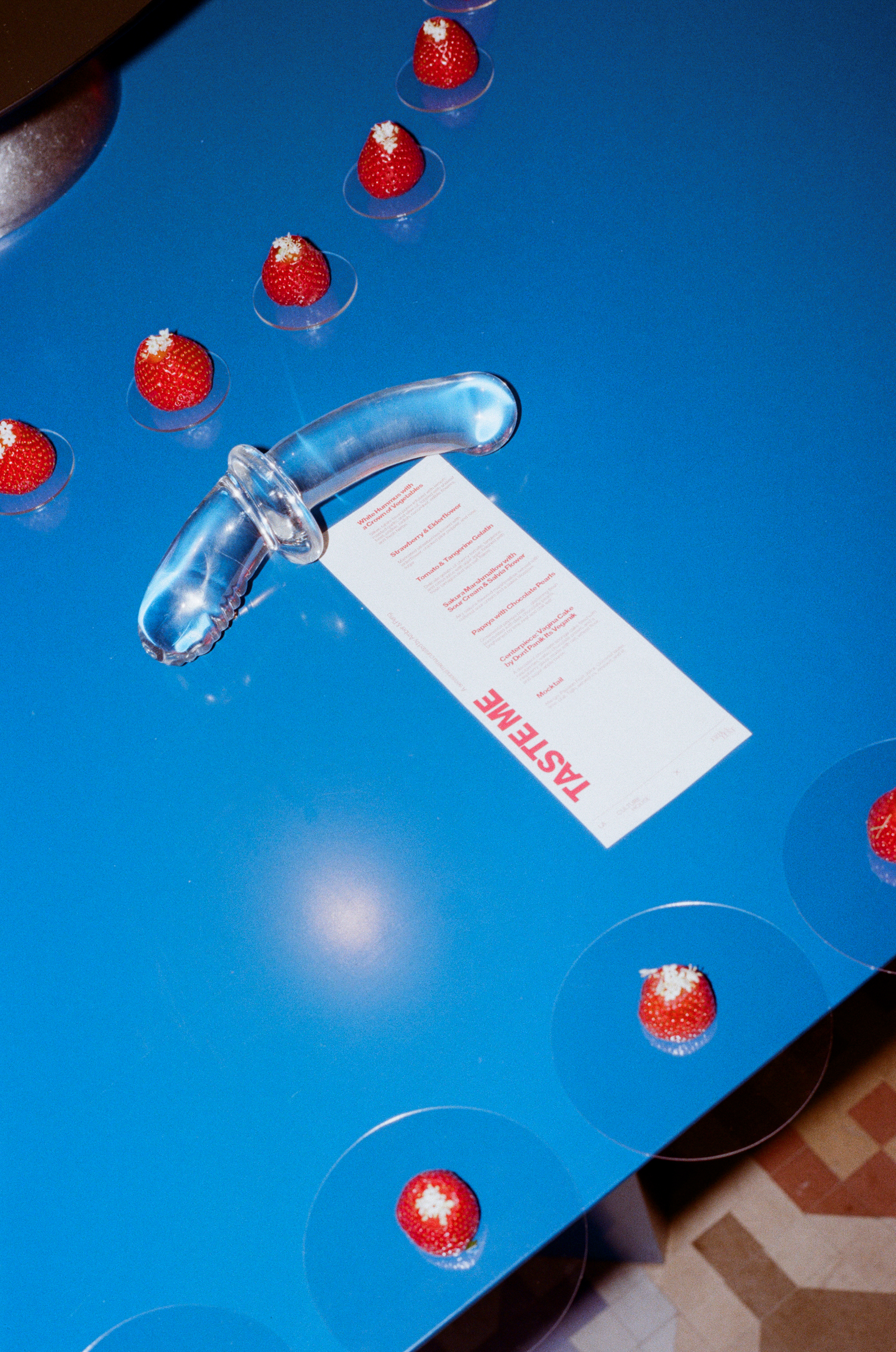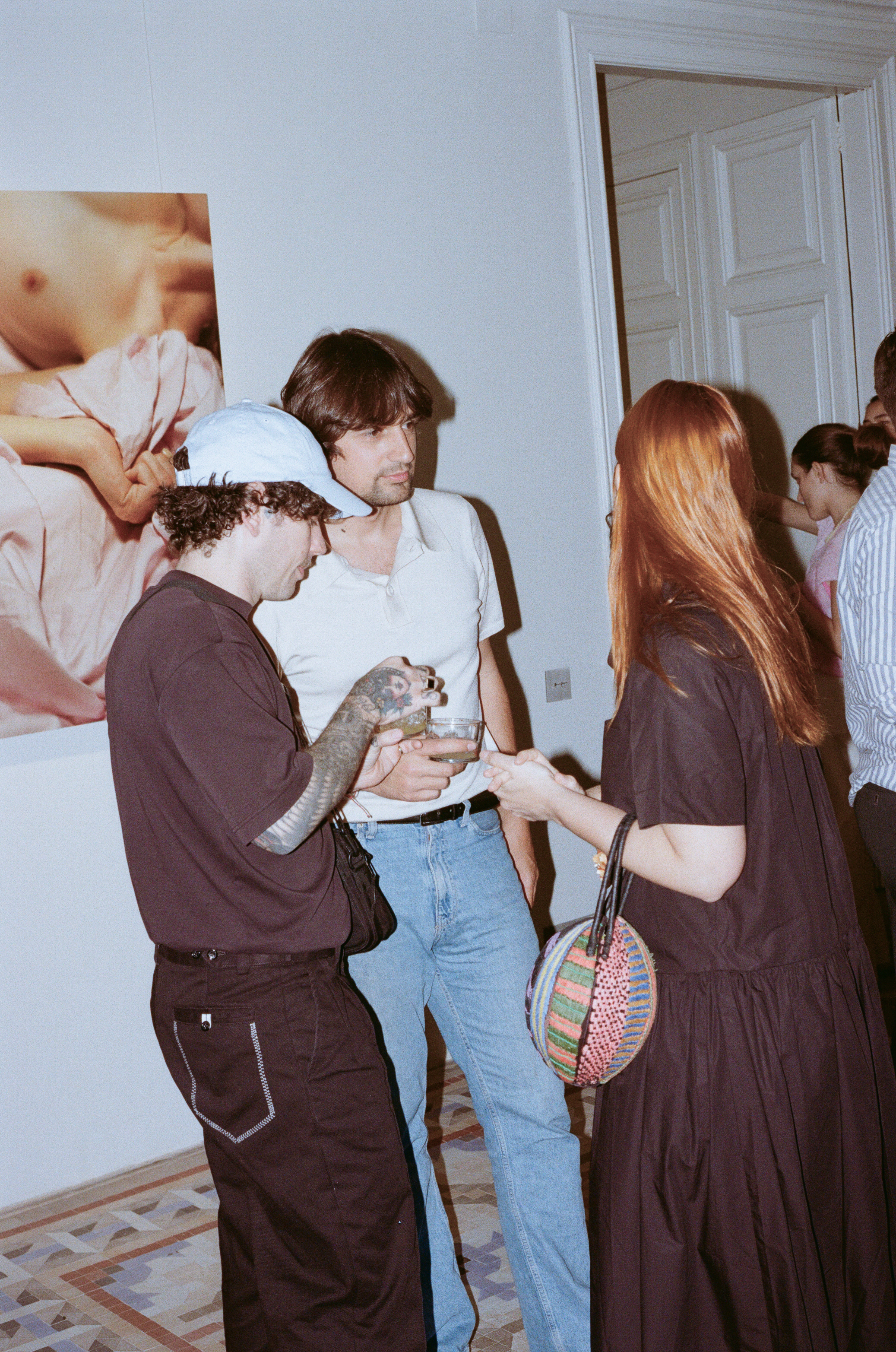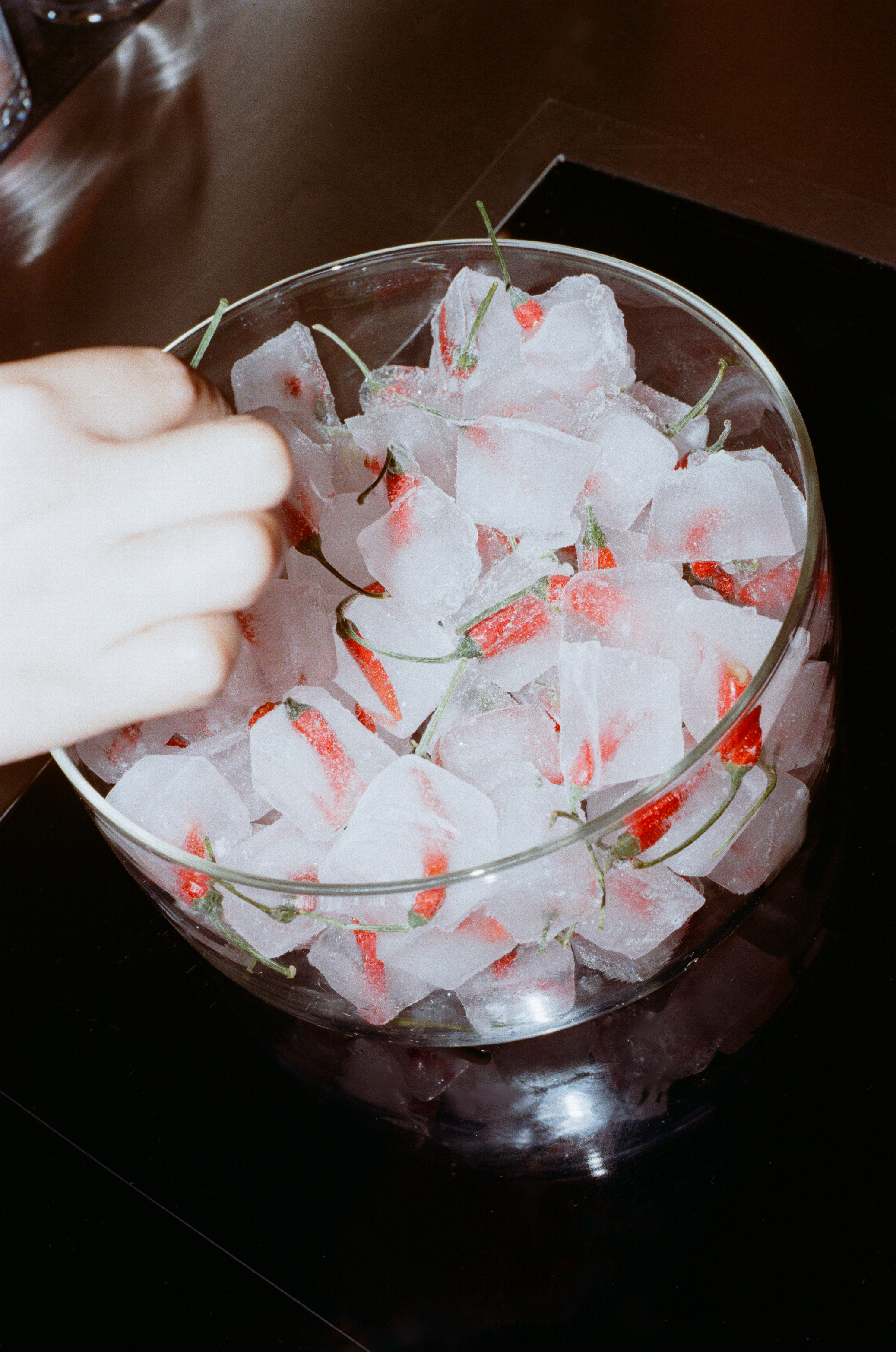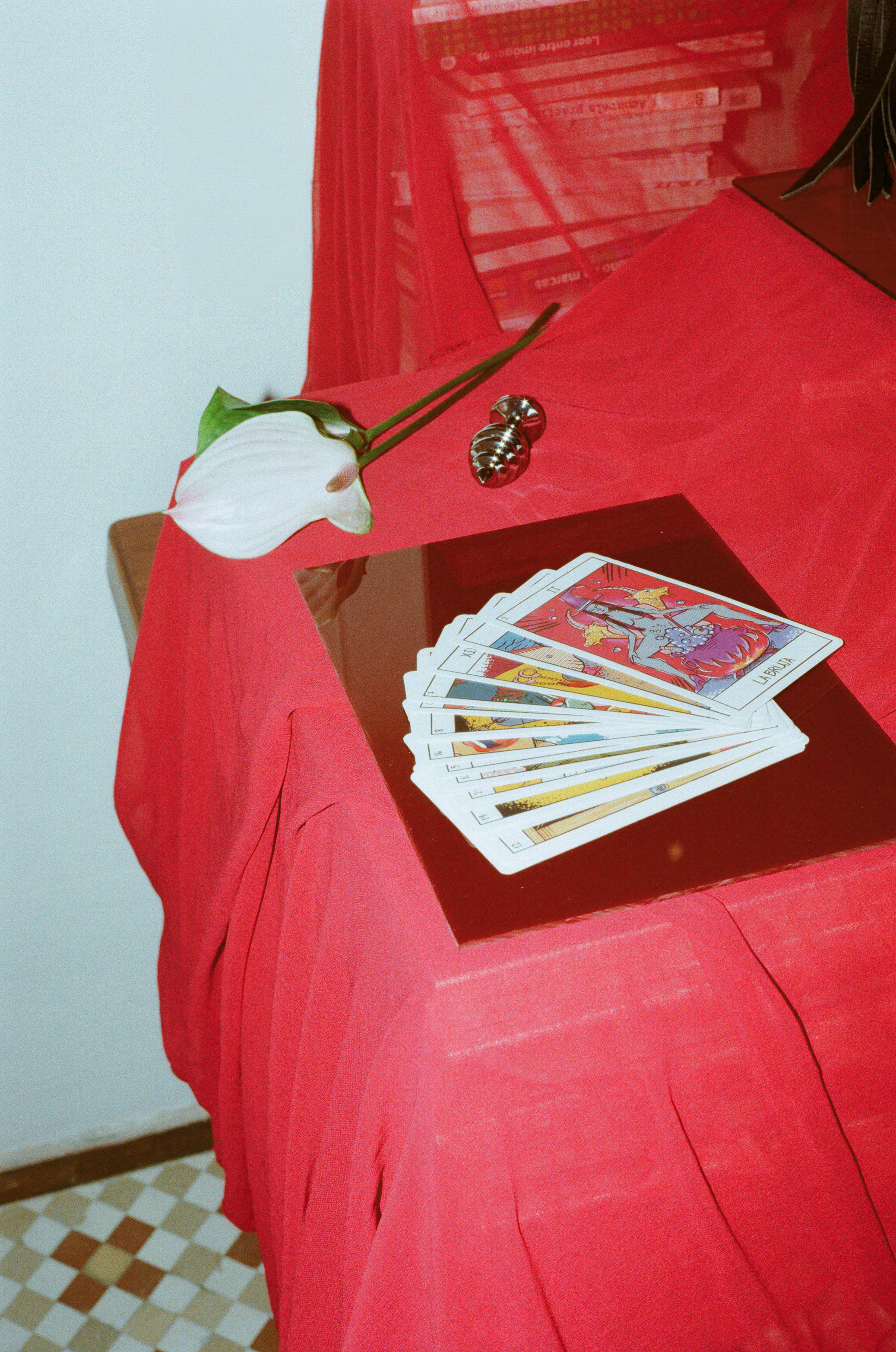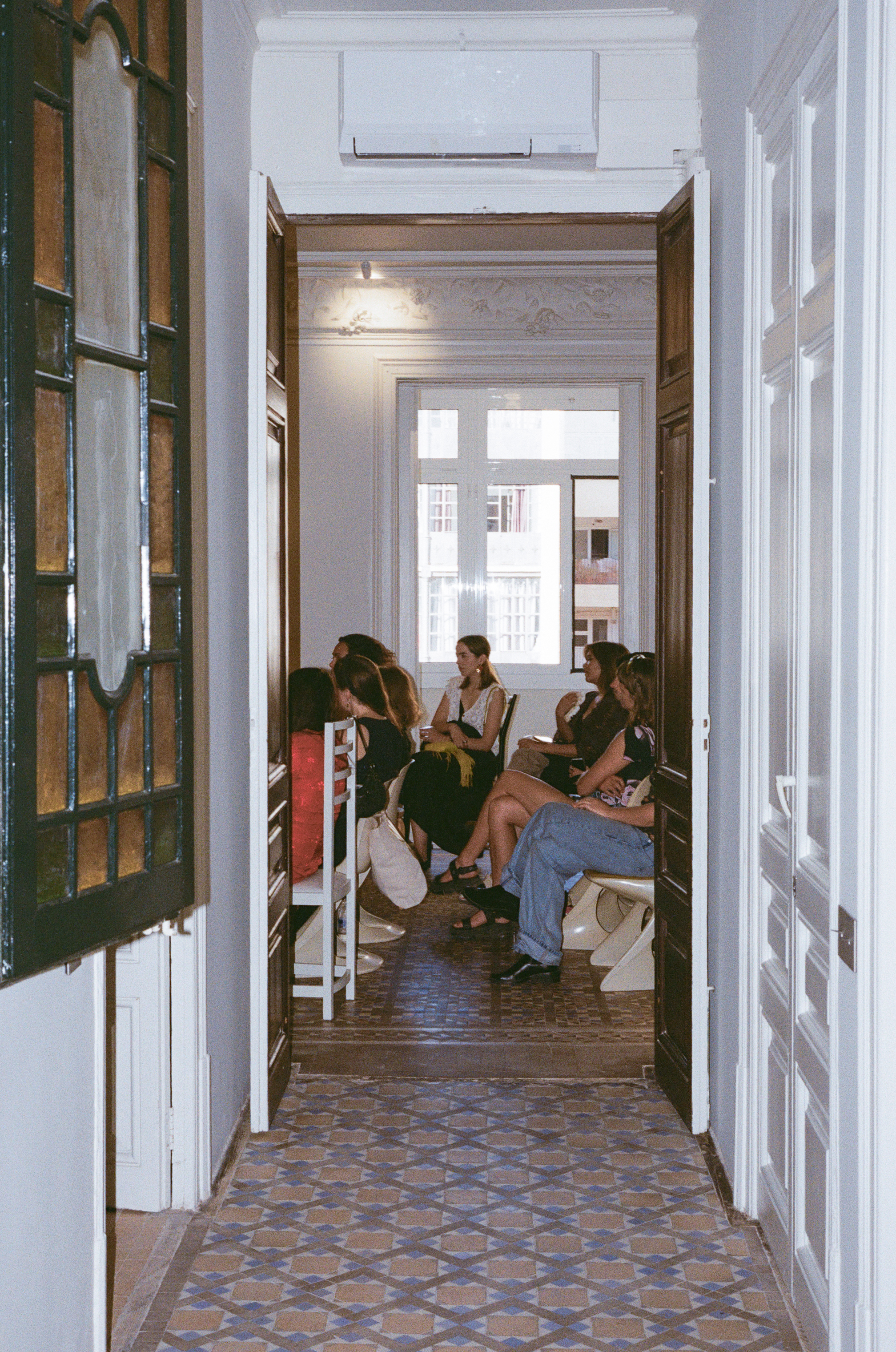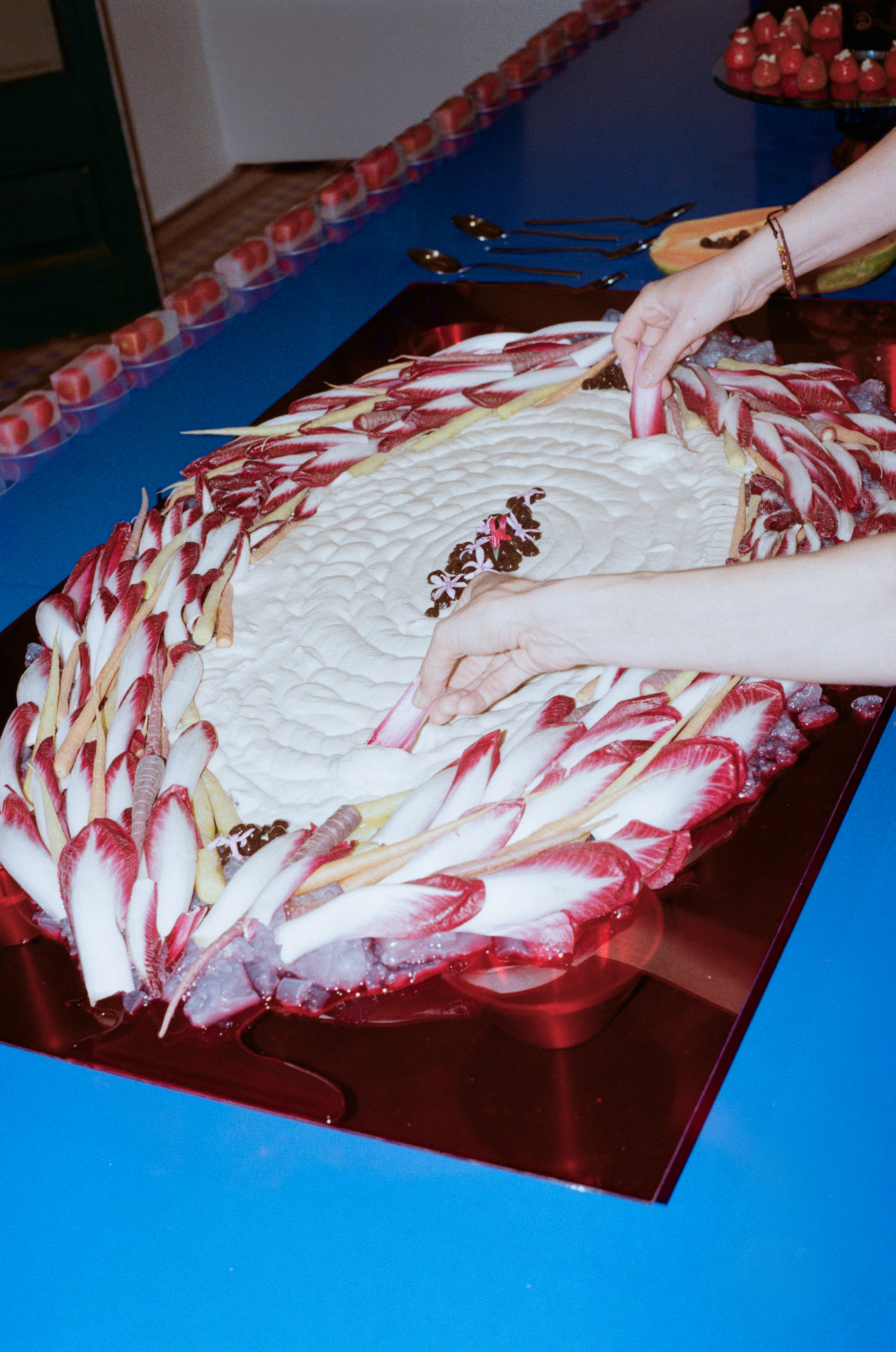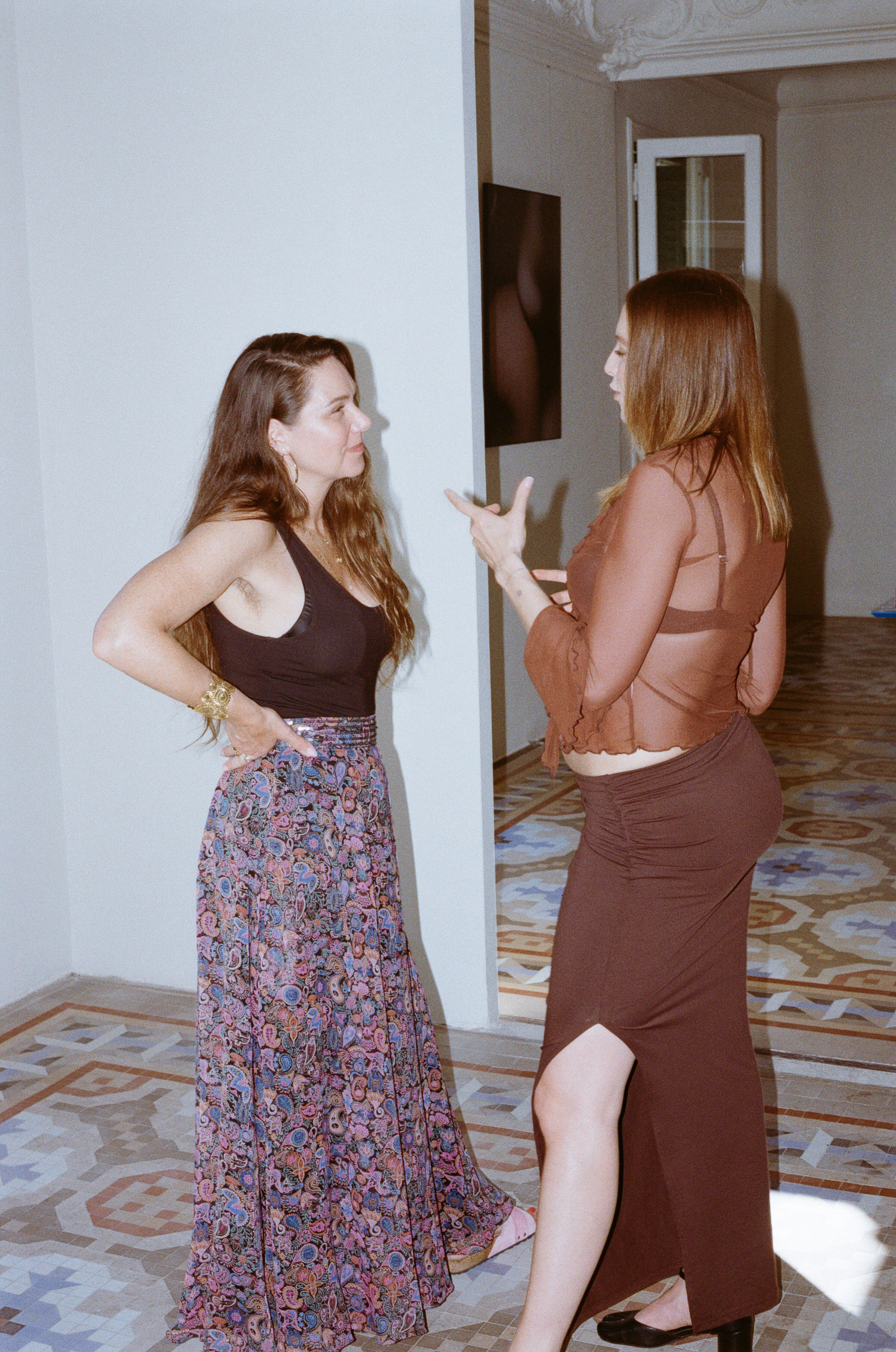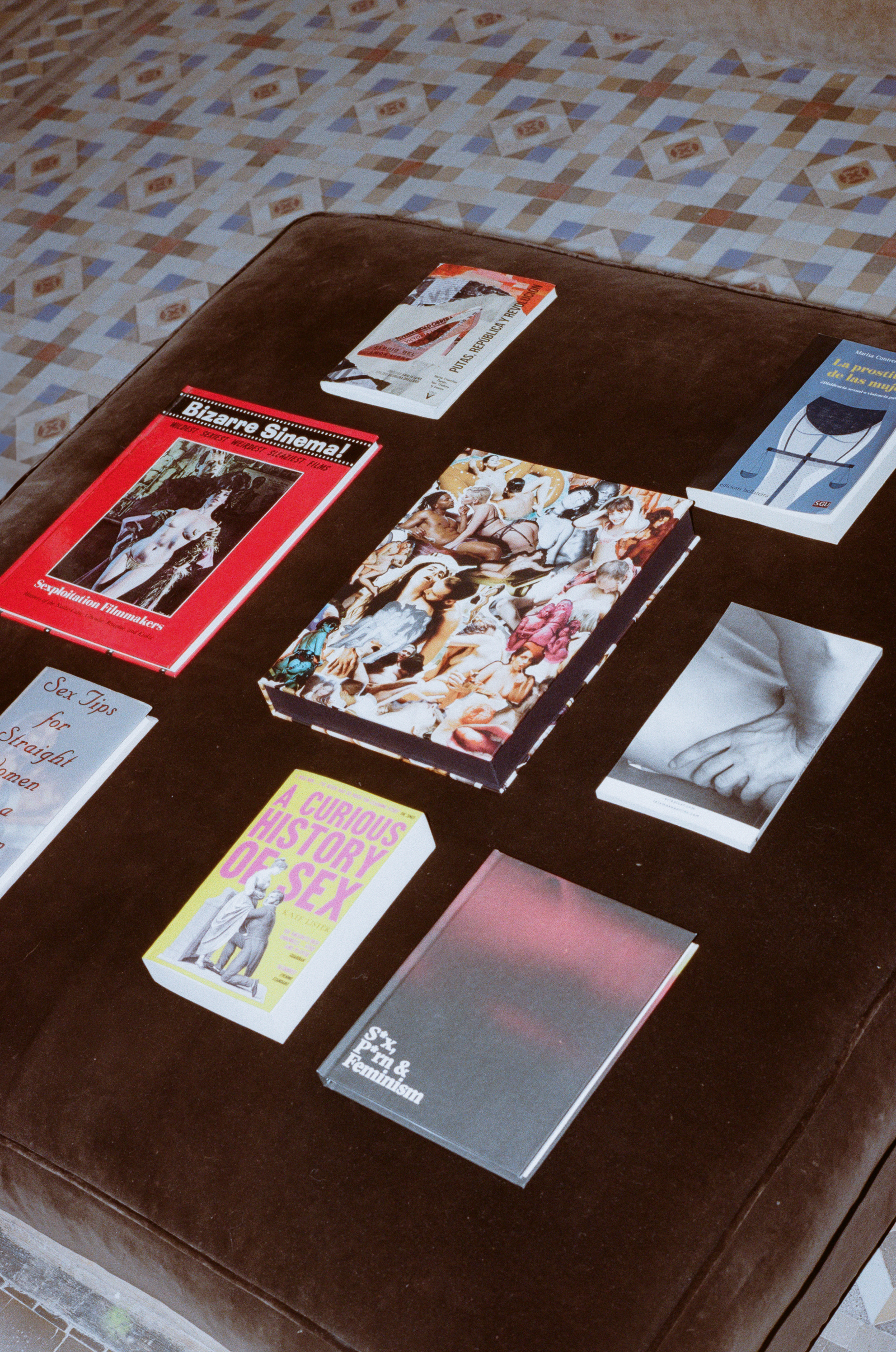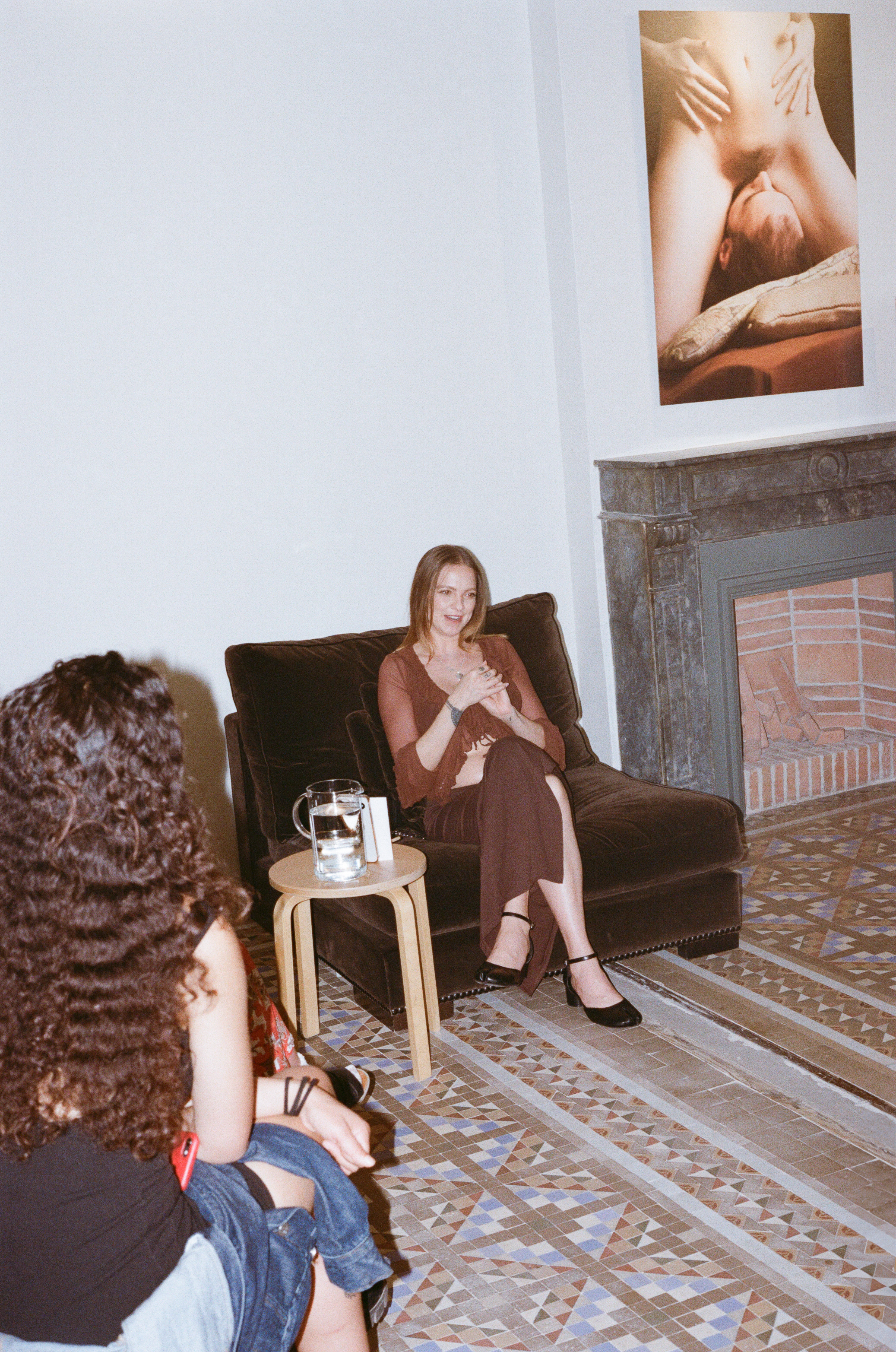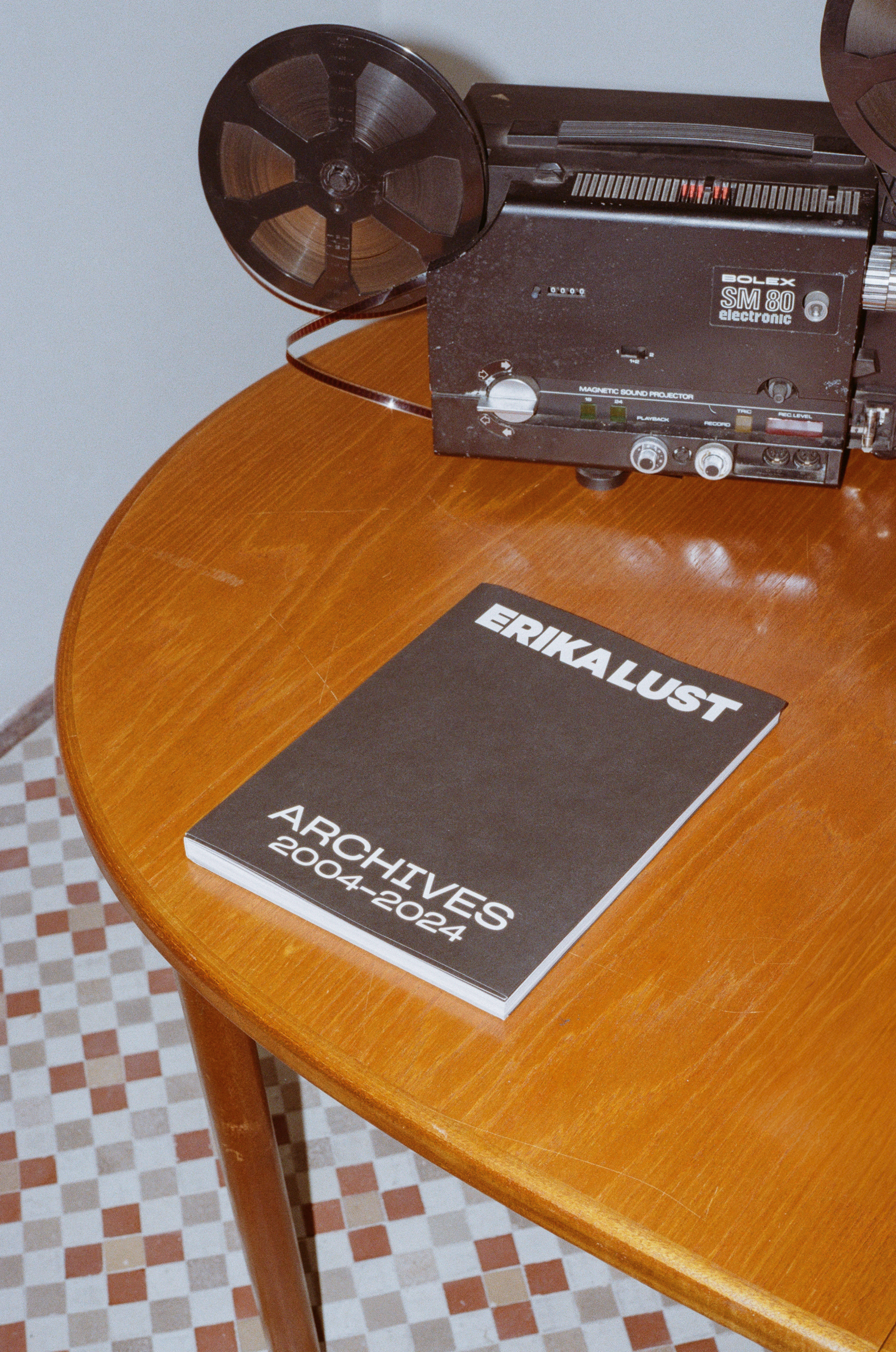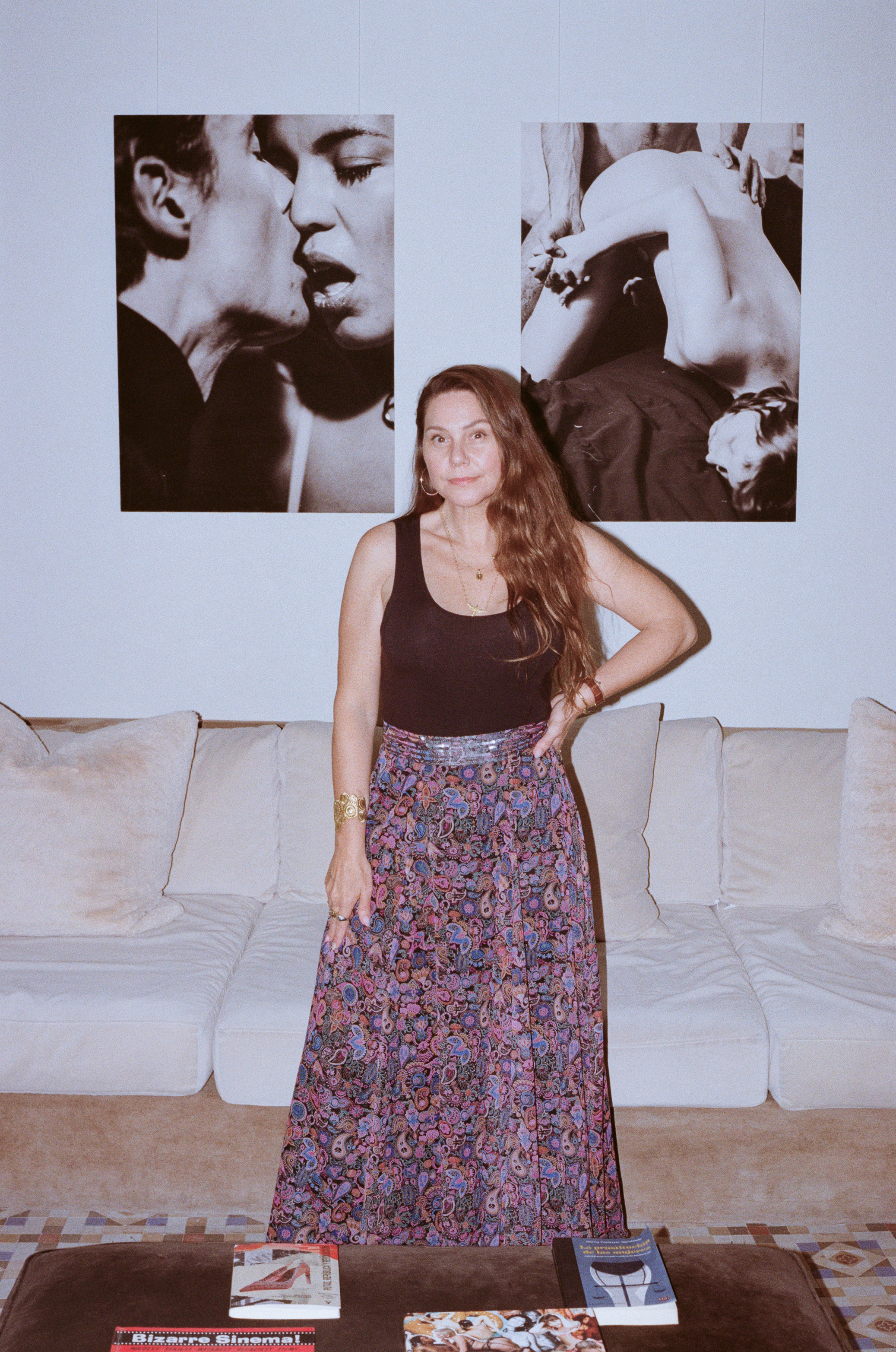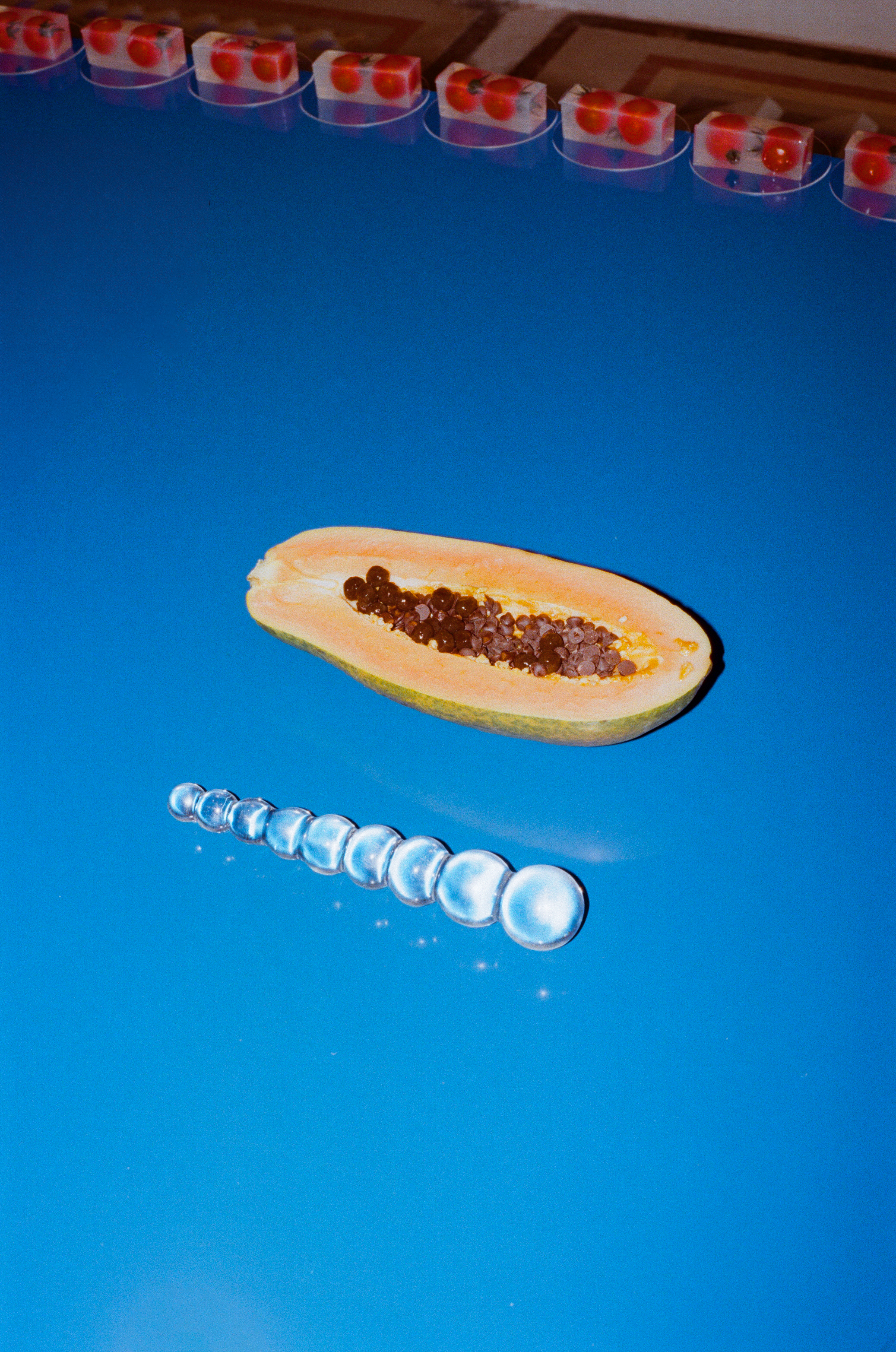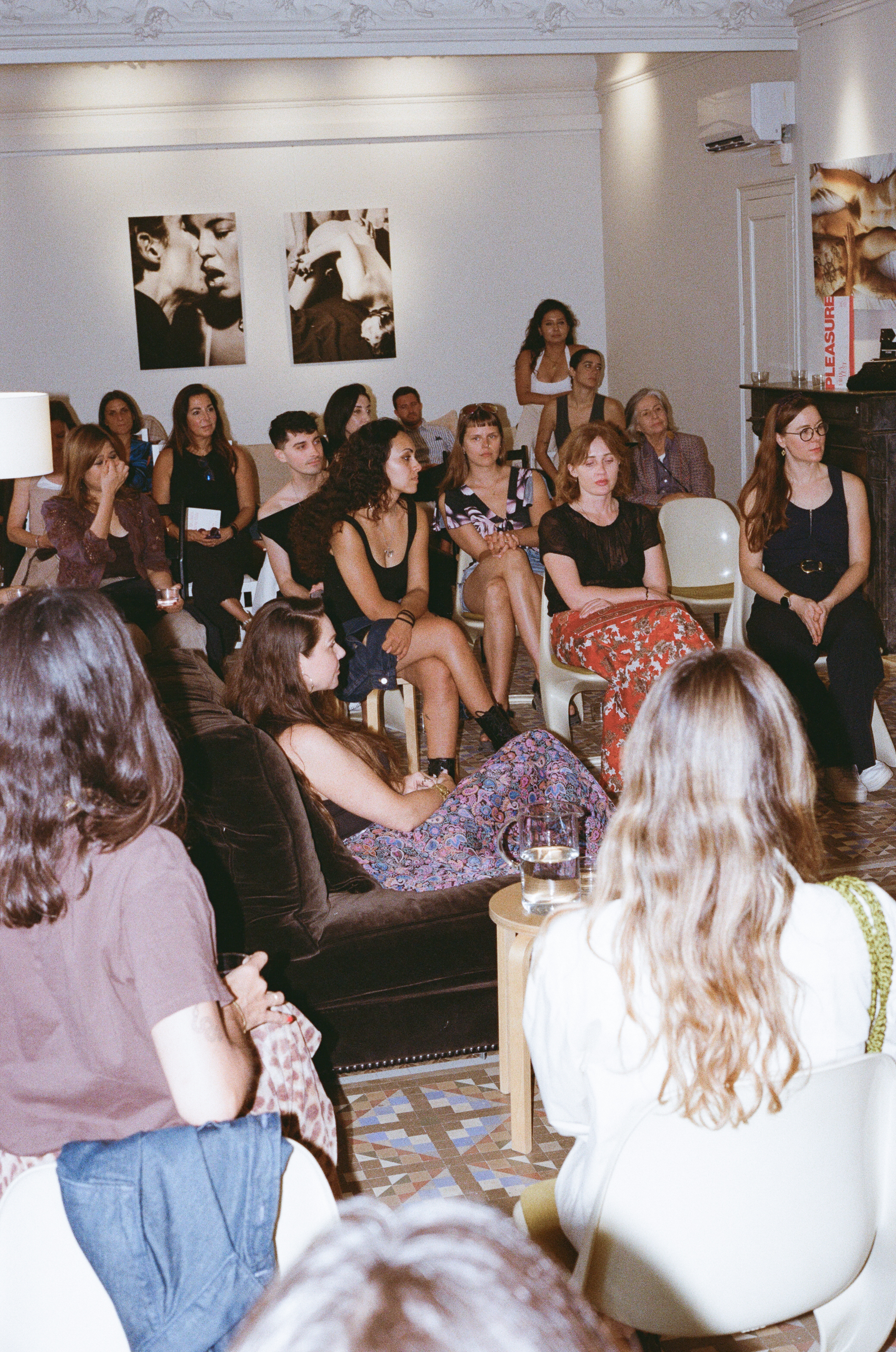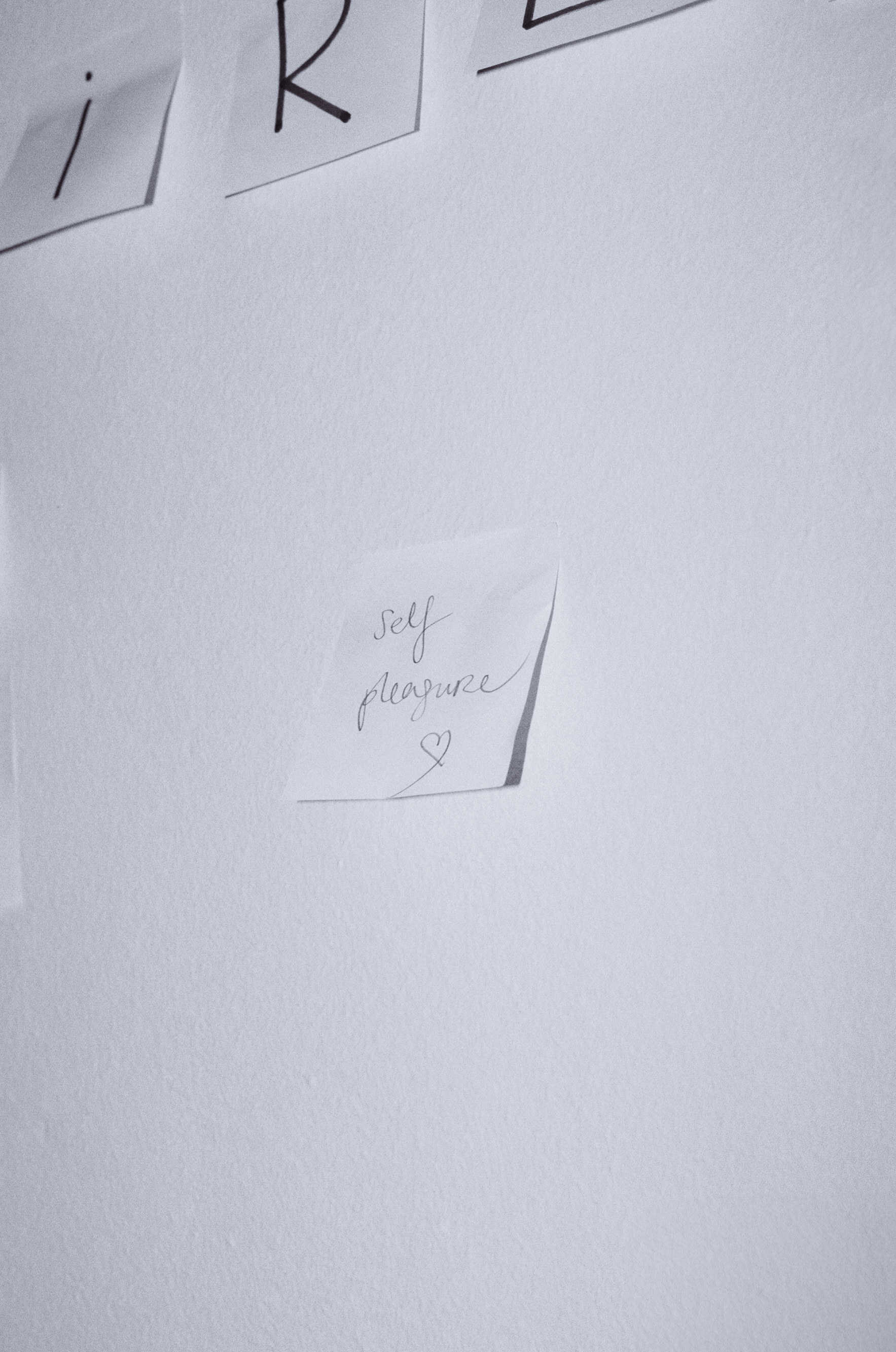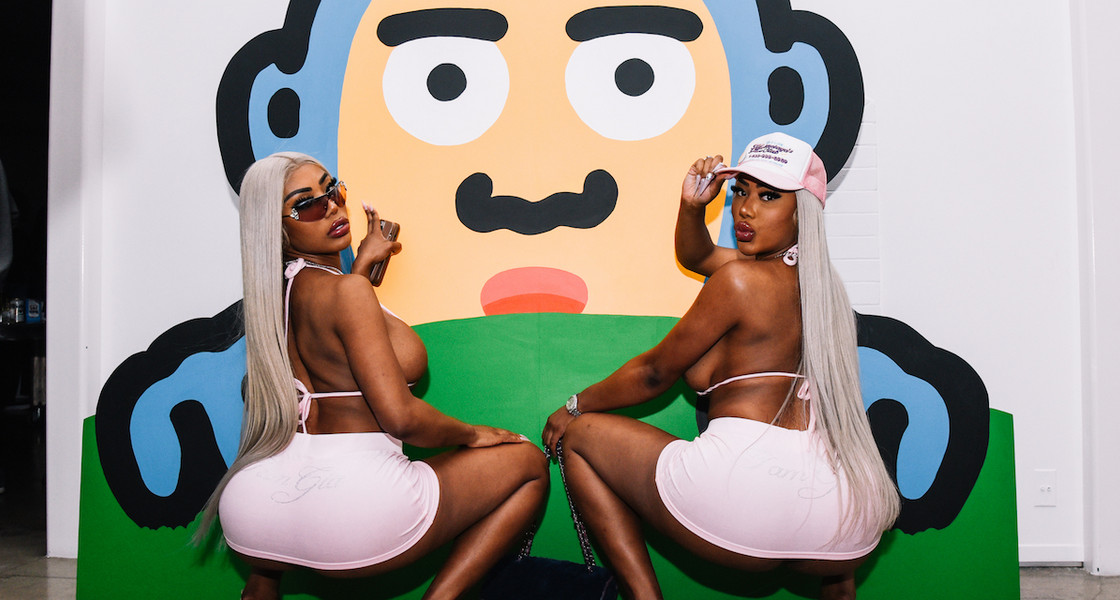
office X Basic.Space Celebrate Issue 17 in LA
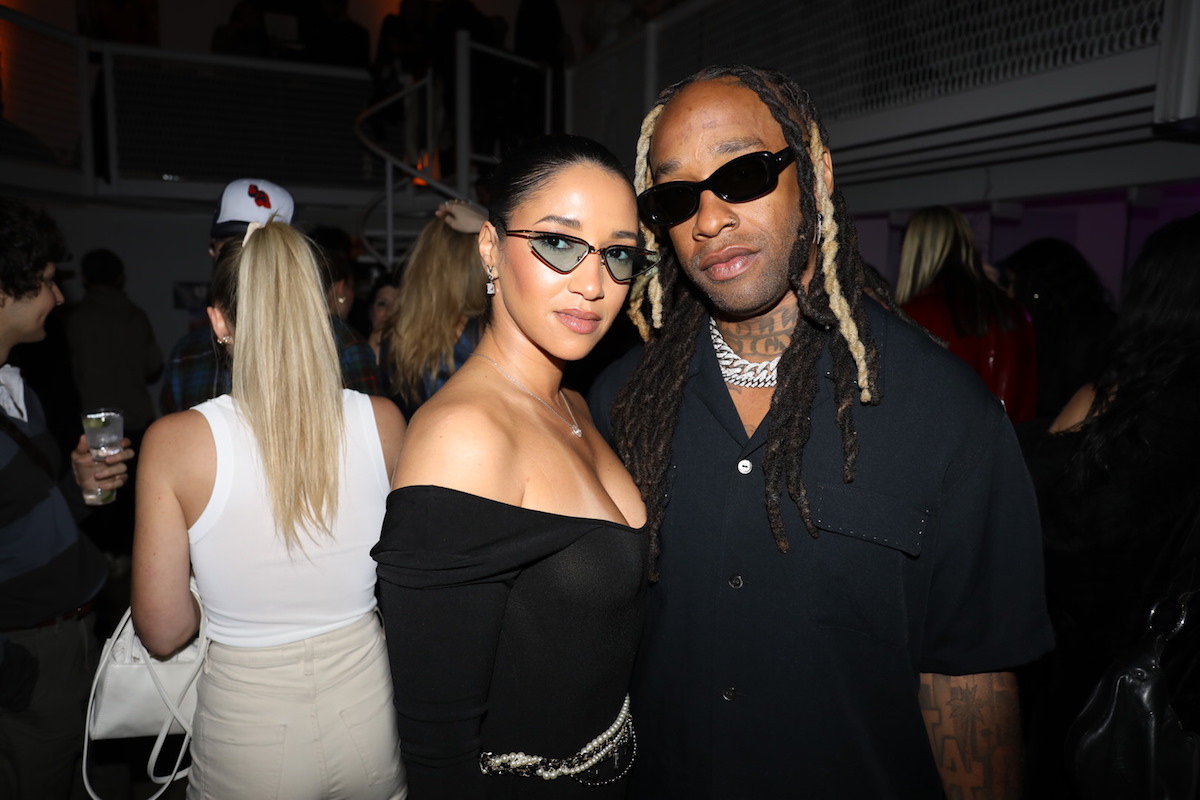
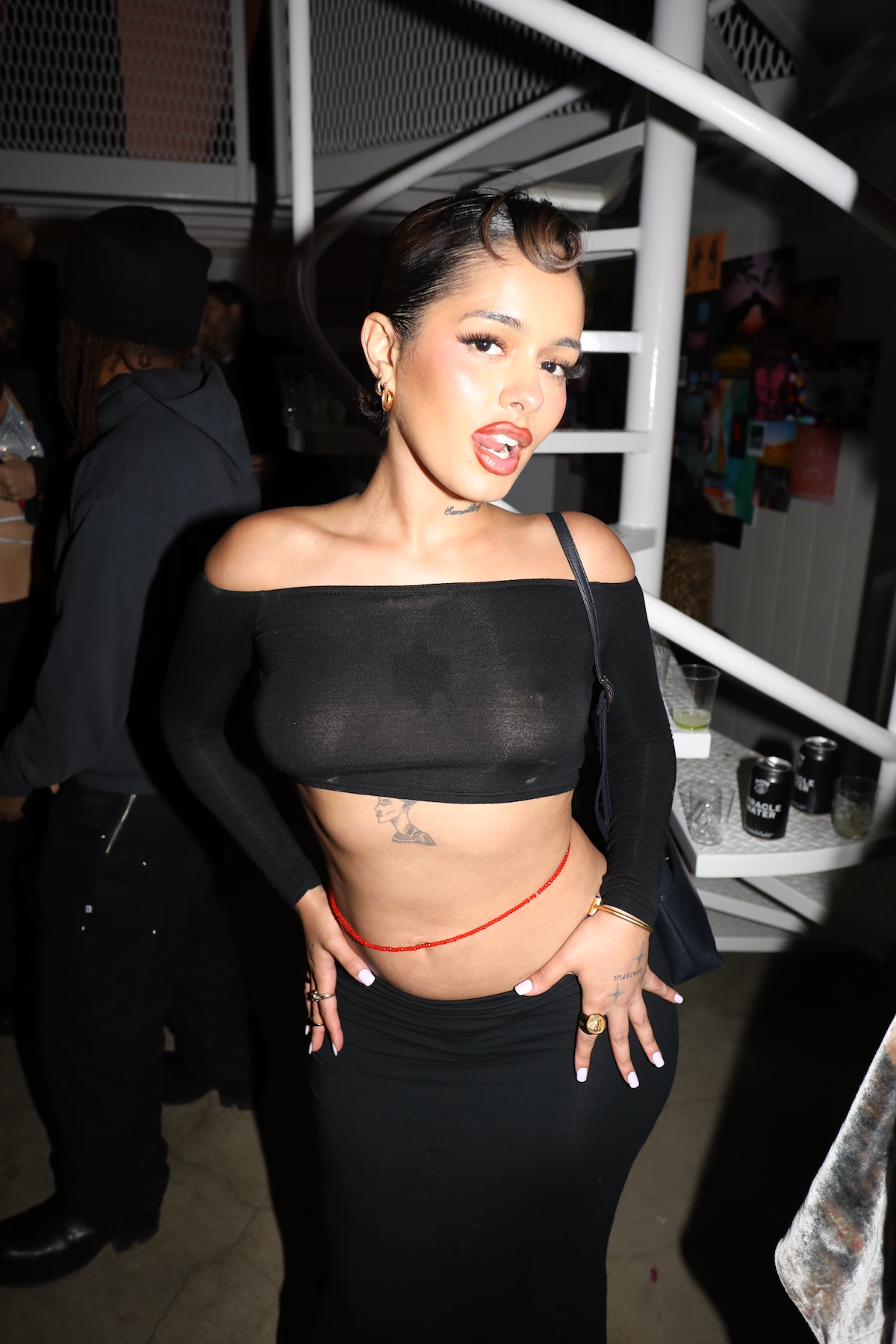
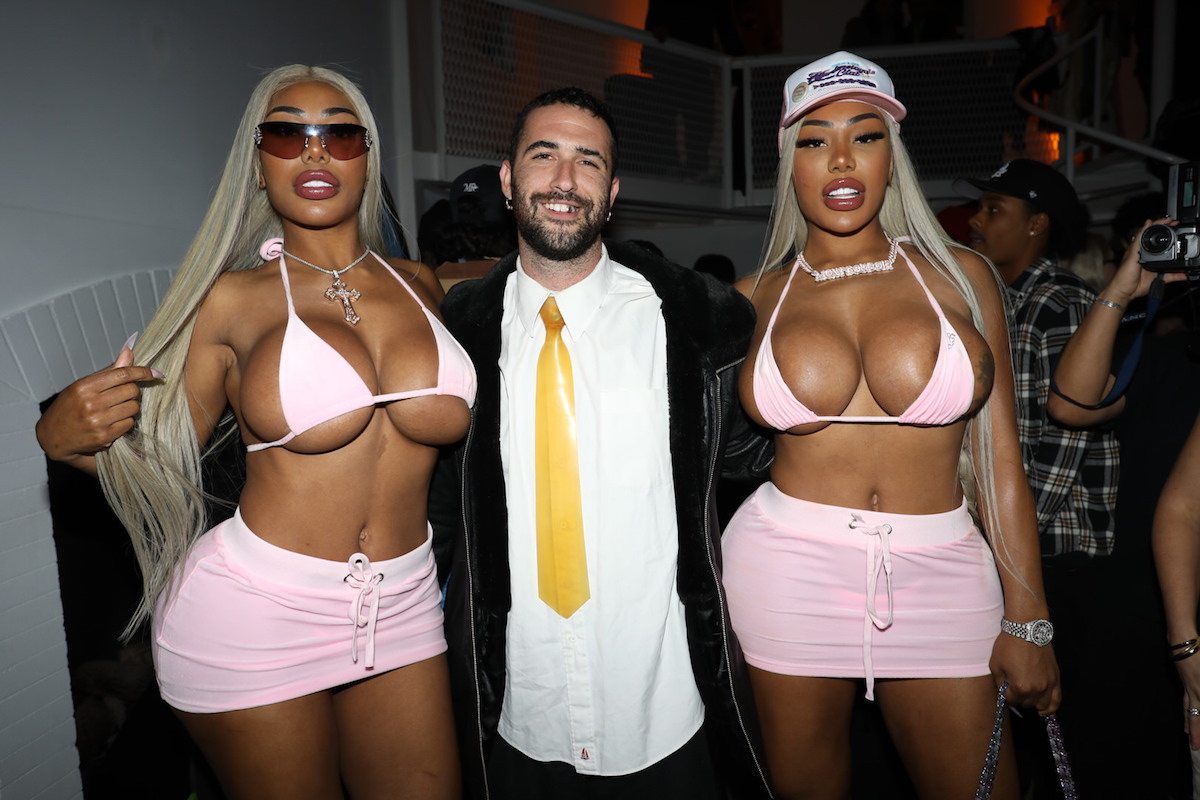
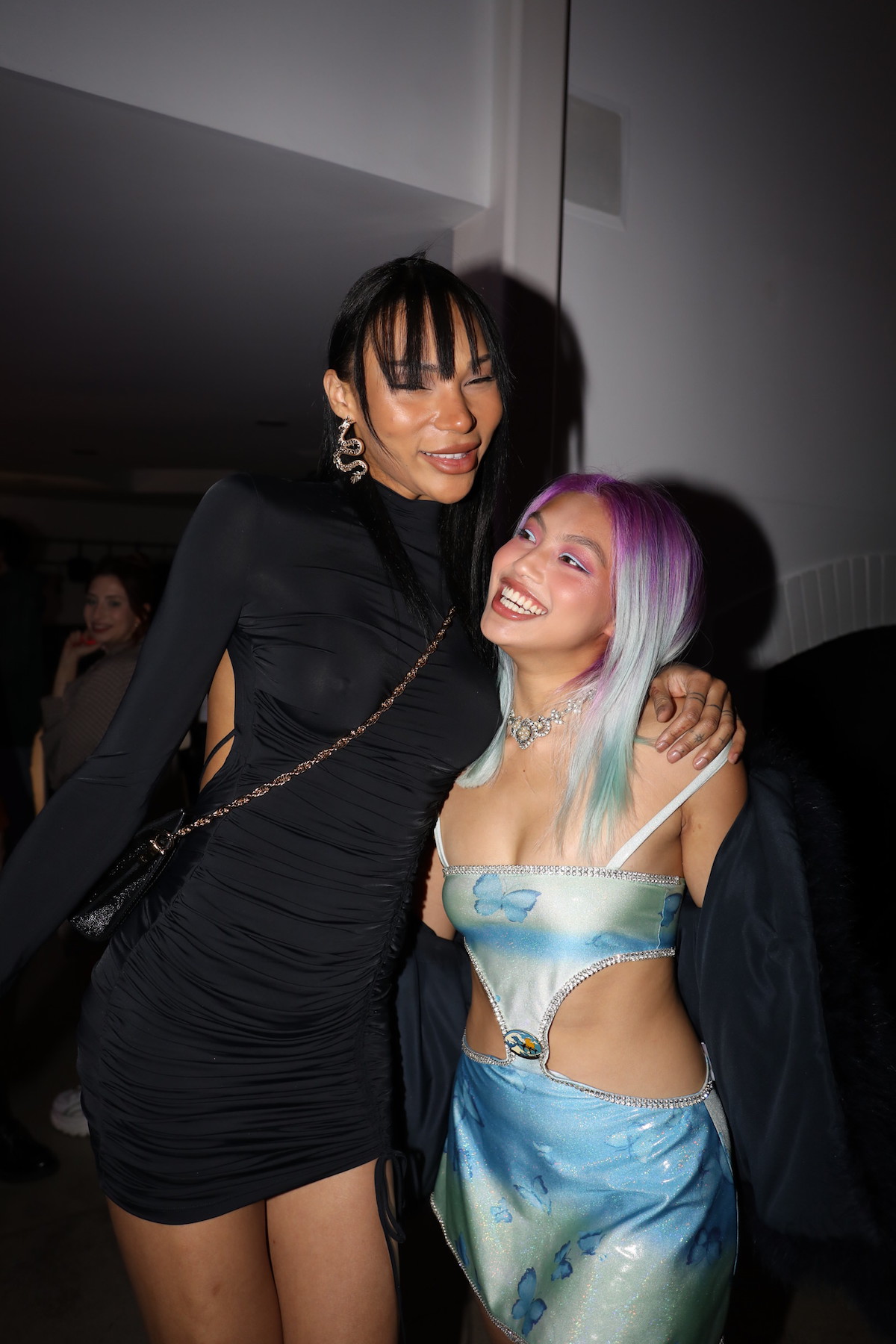
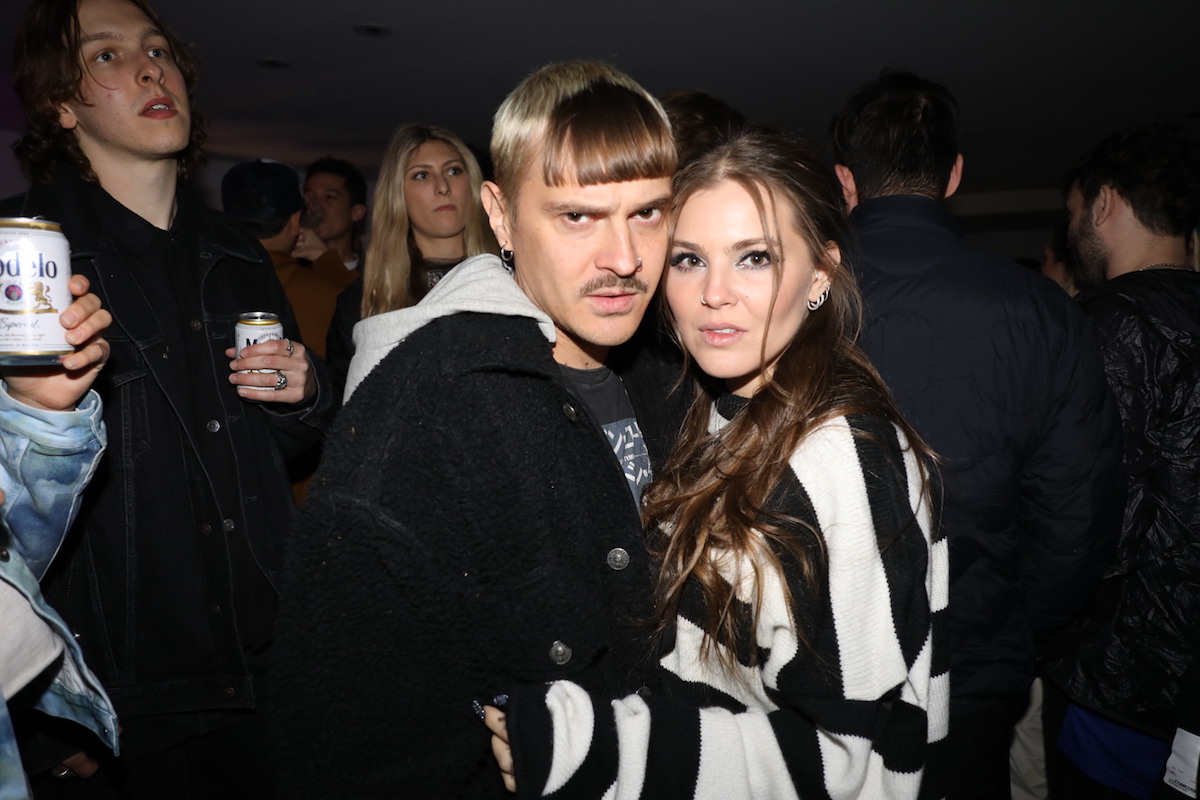
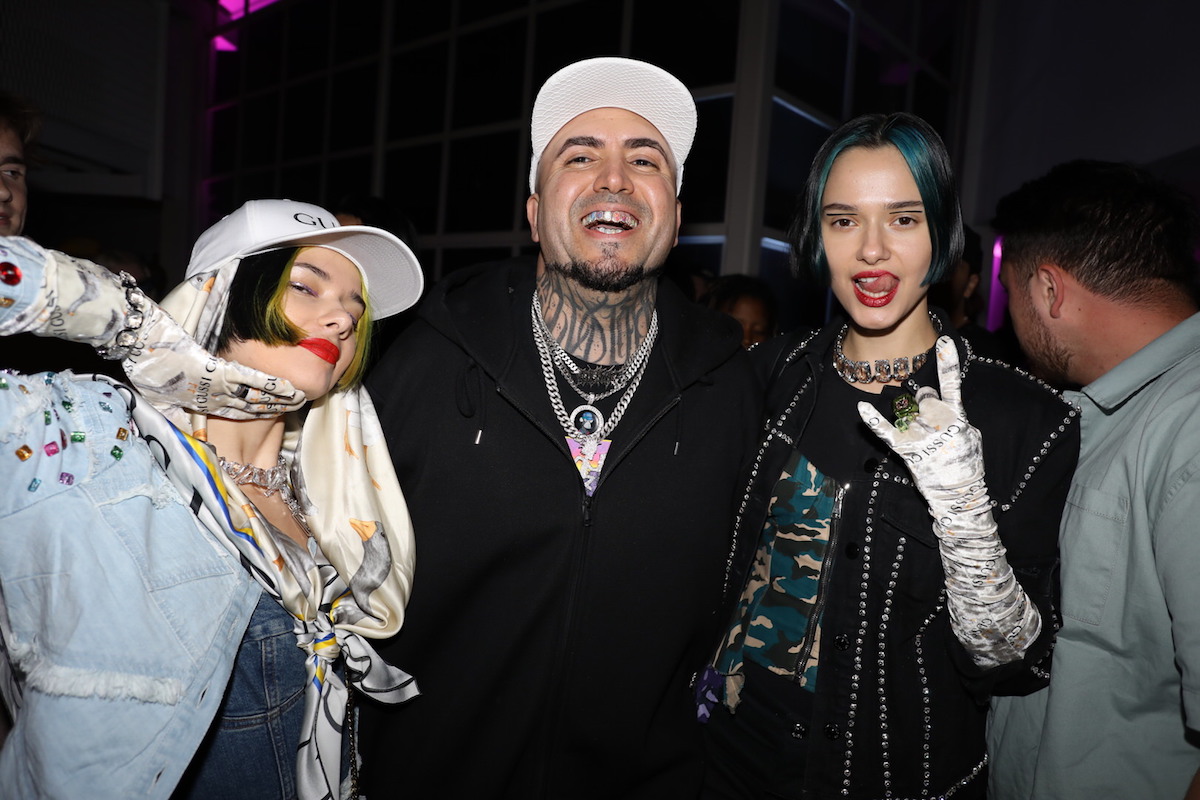
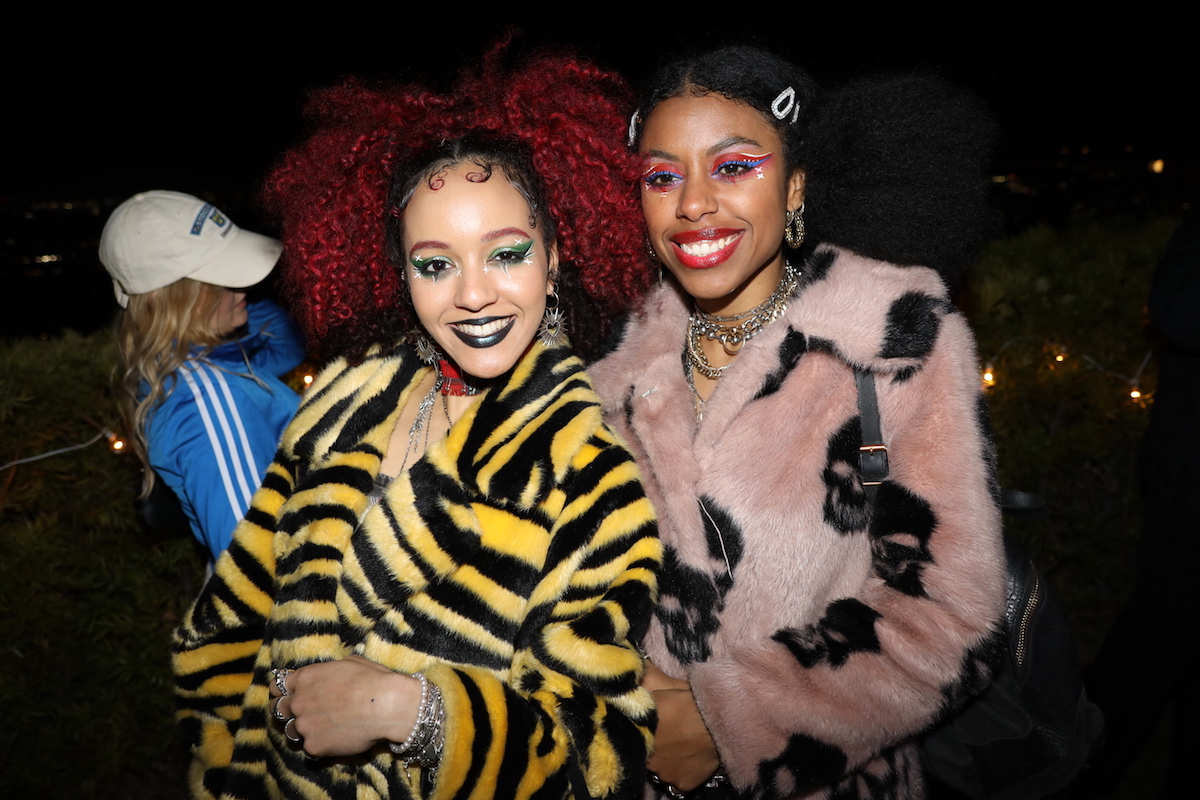
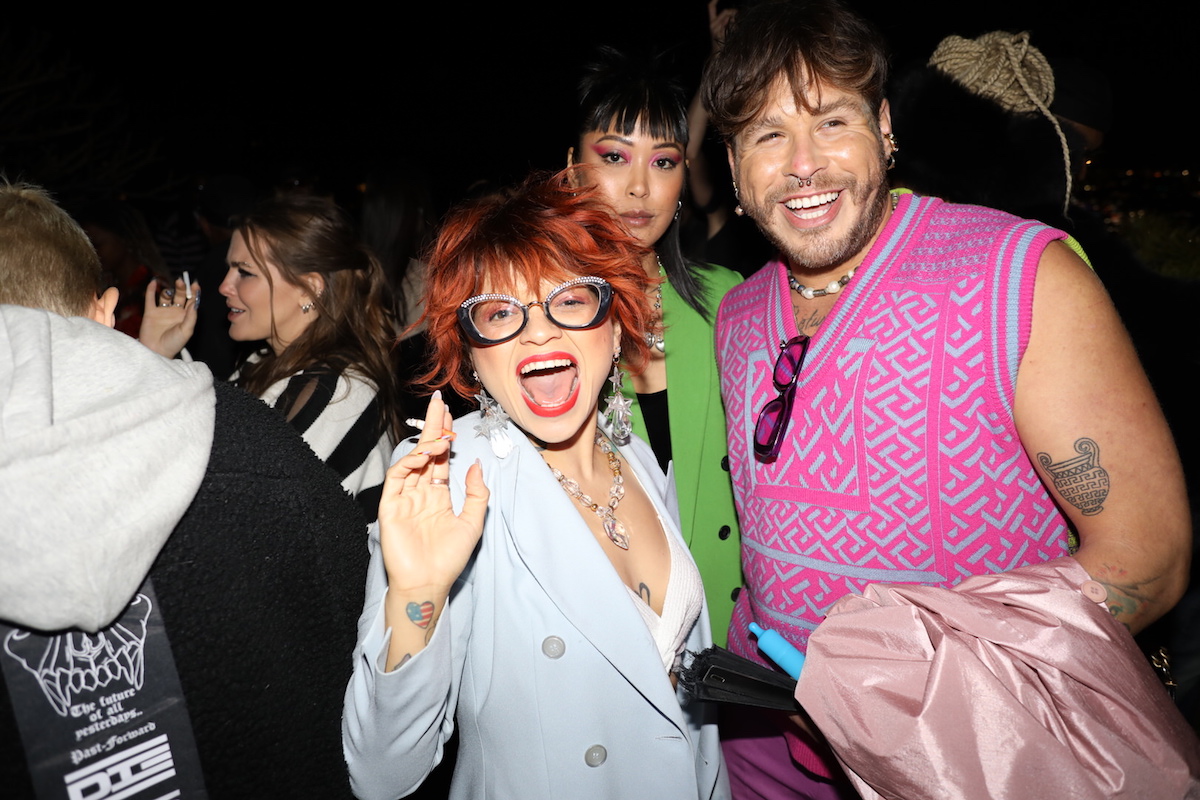
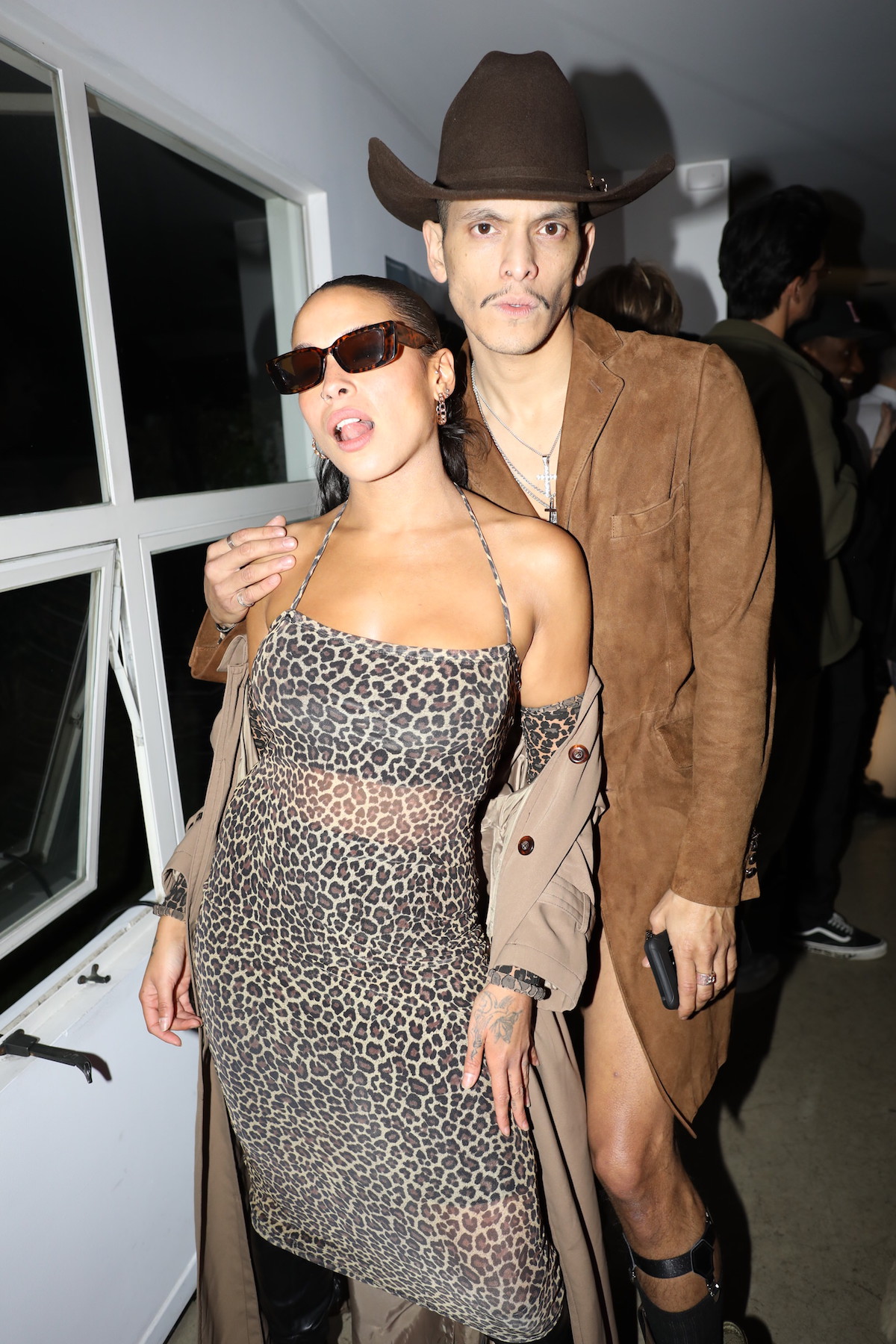
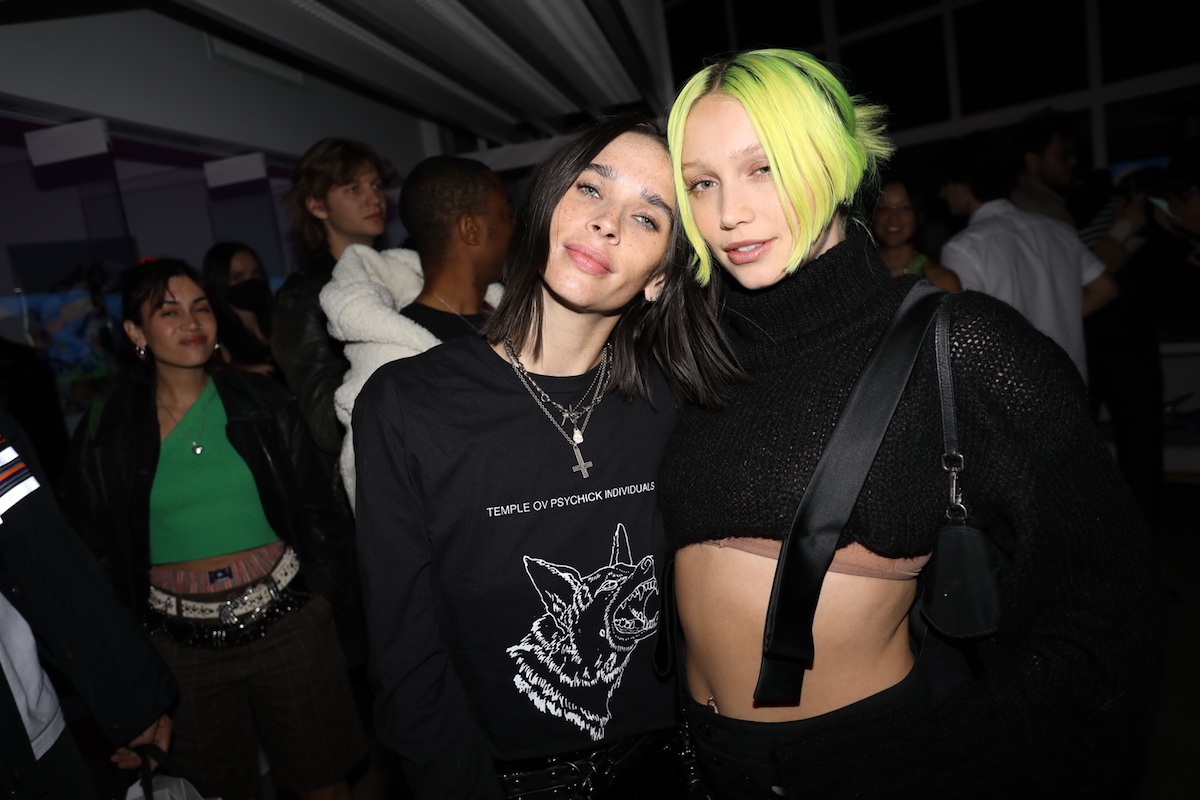
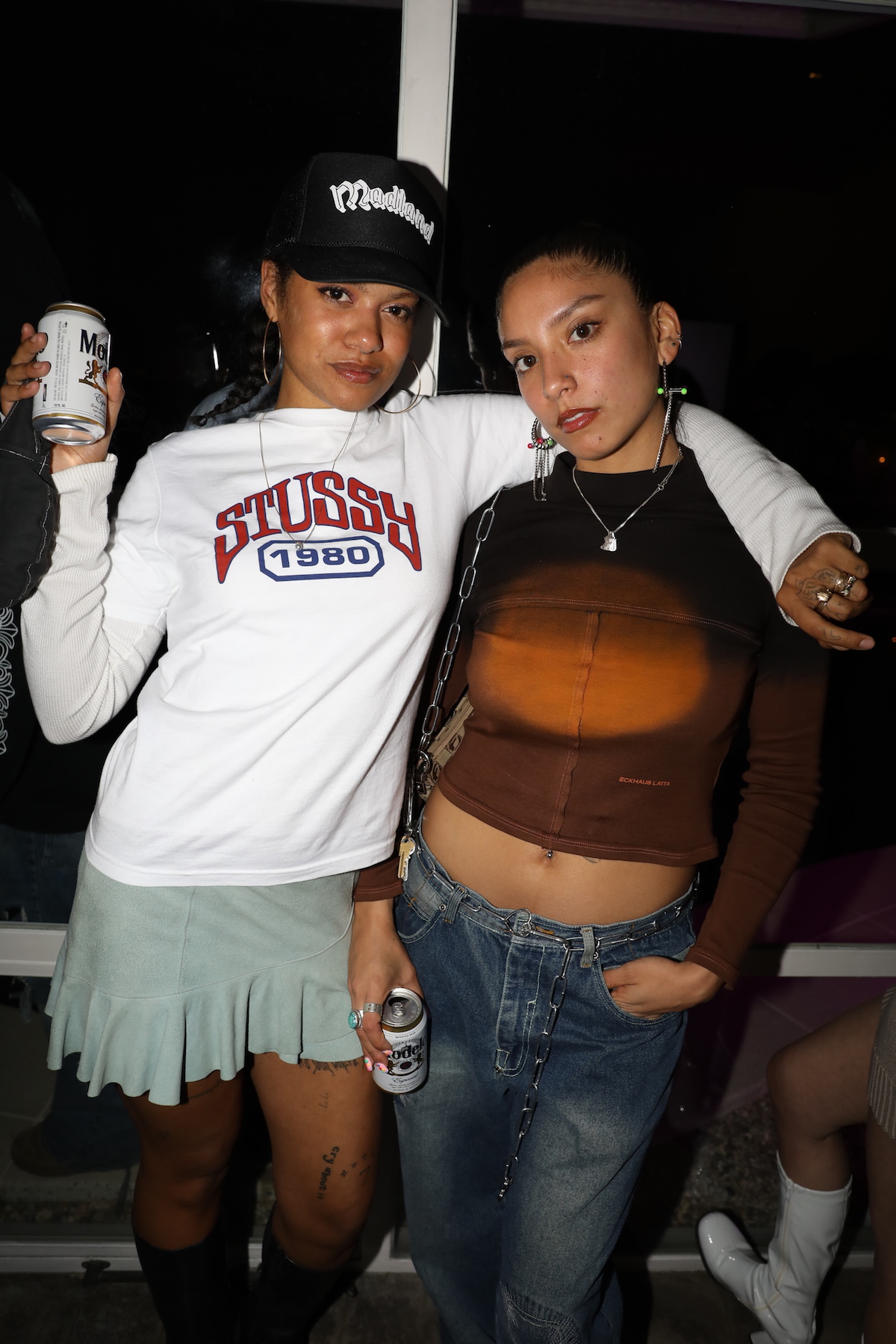
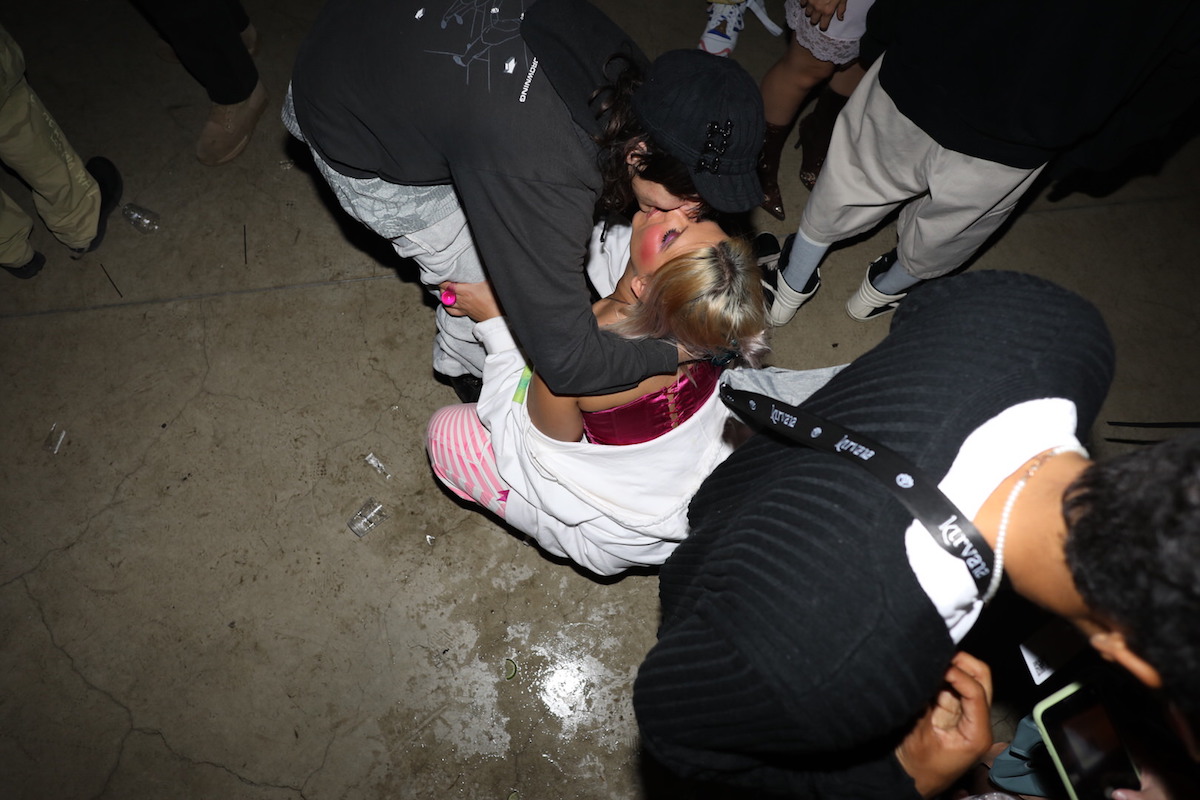
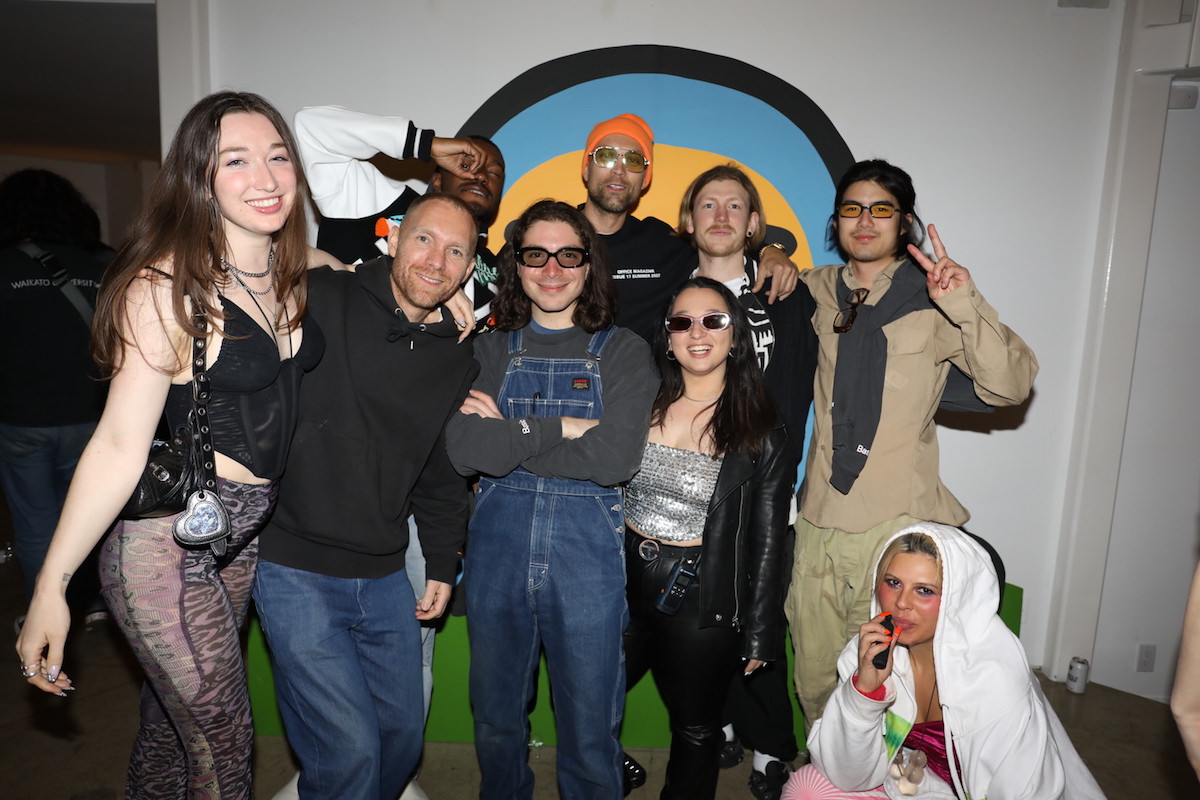
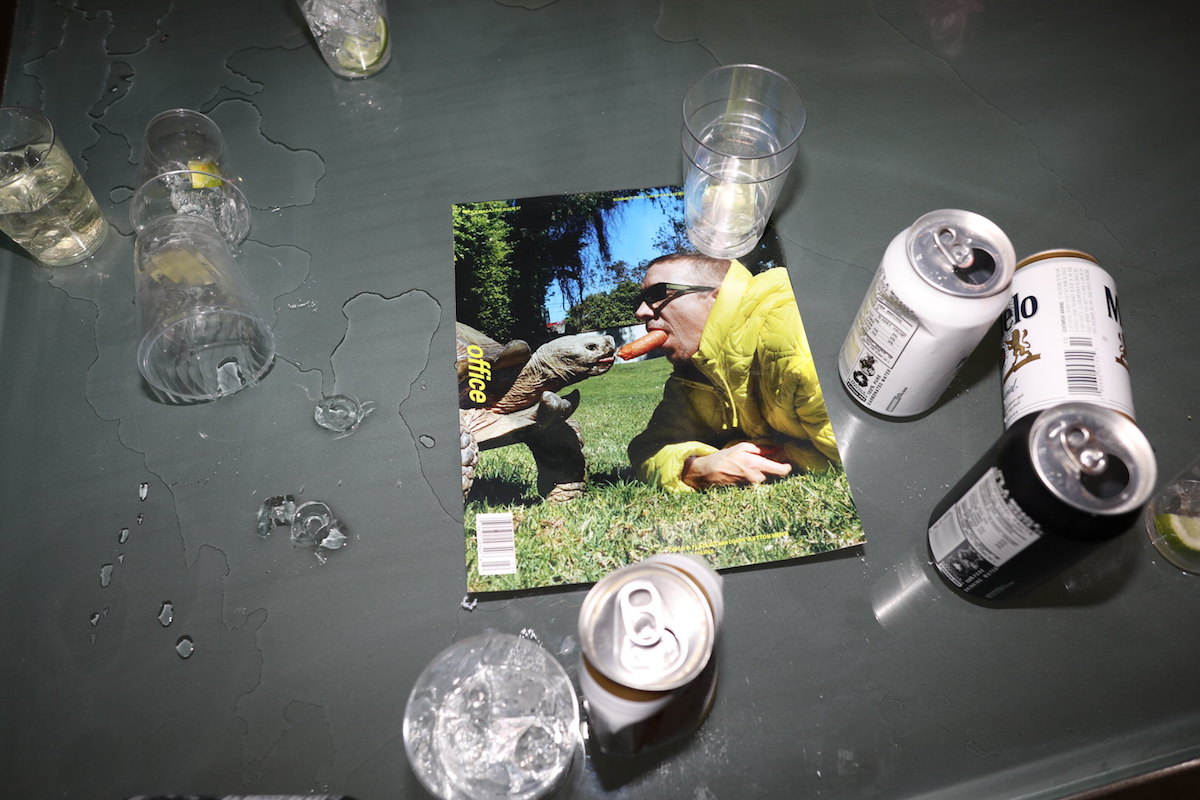
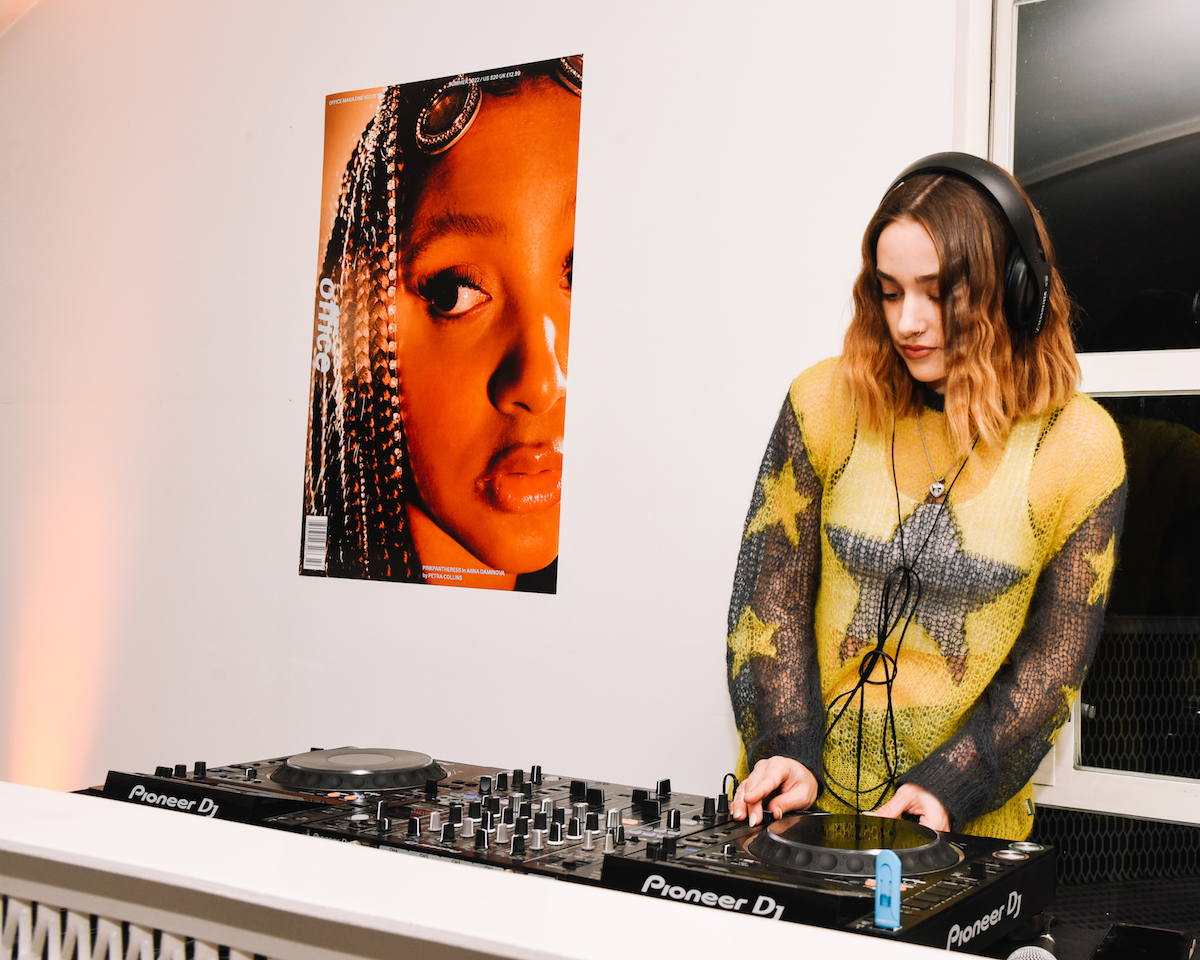
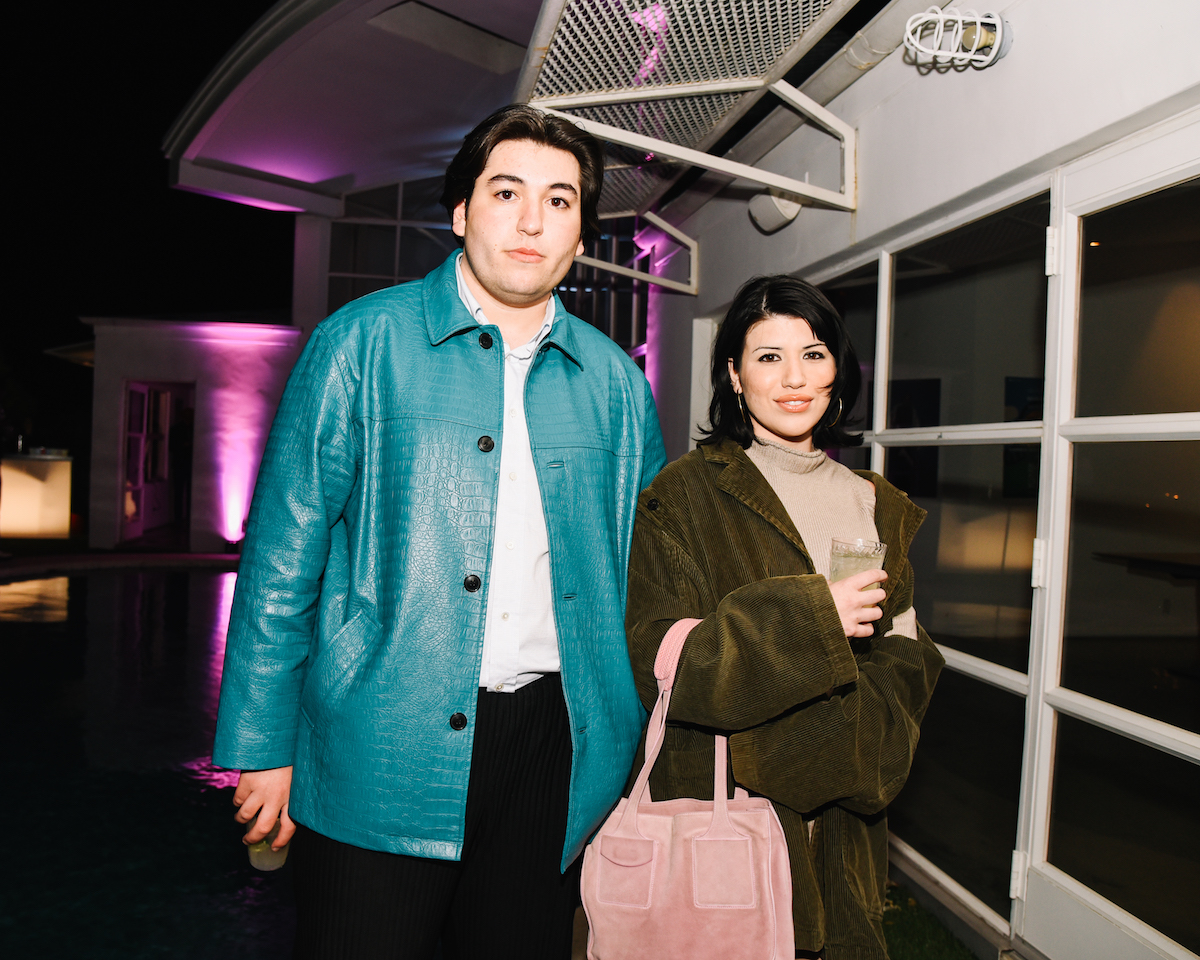
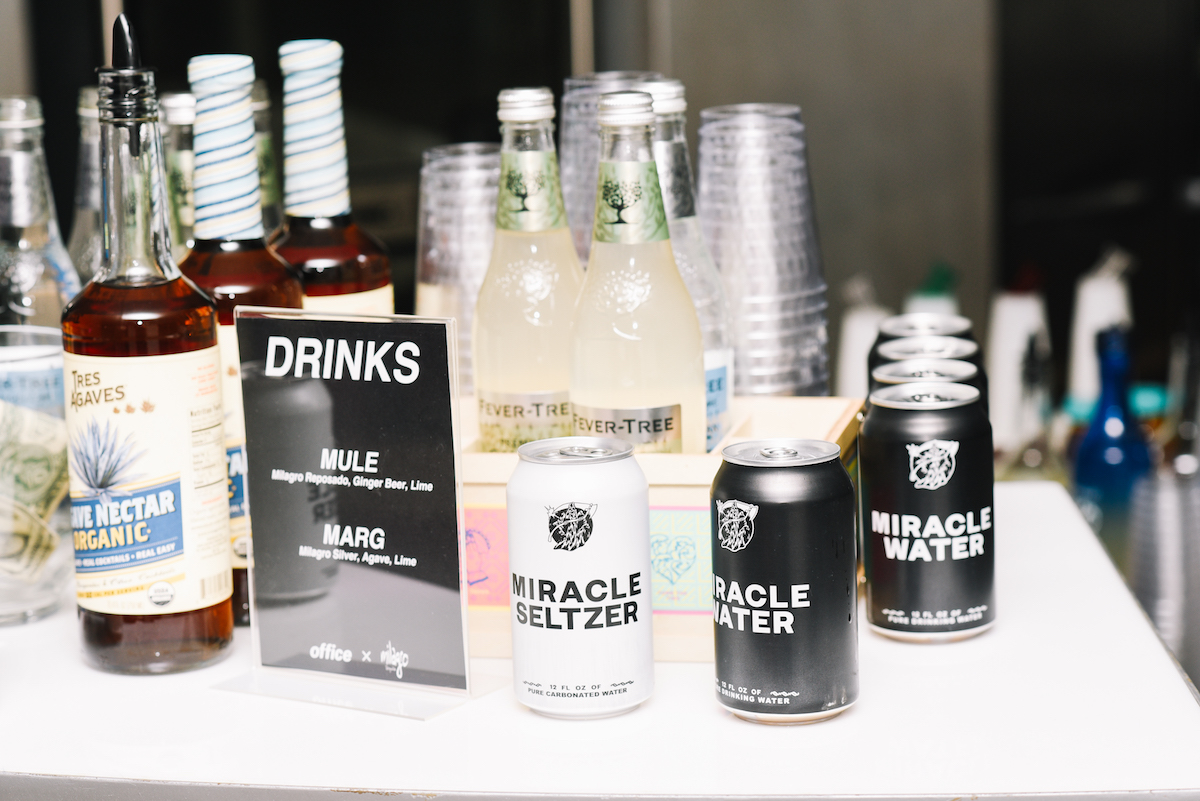
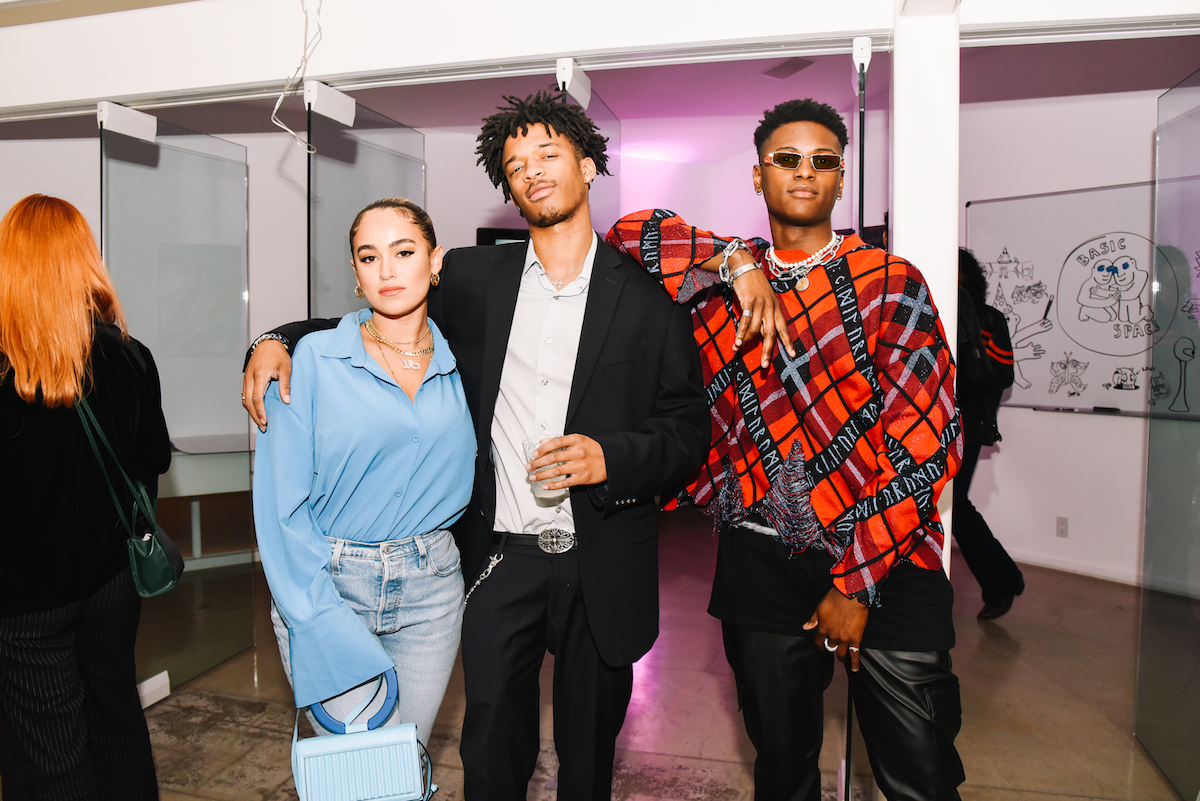
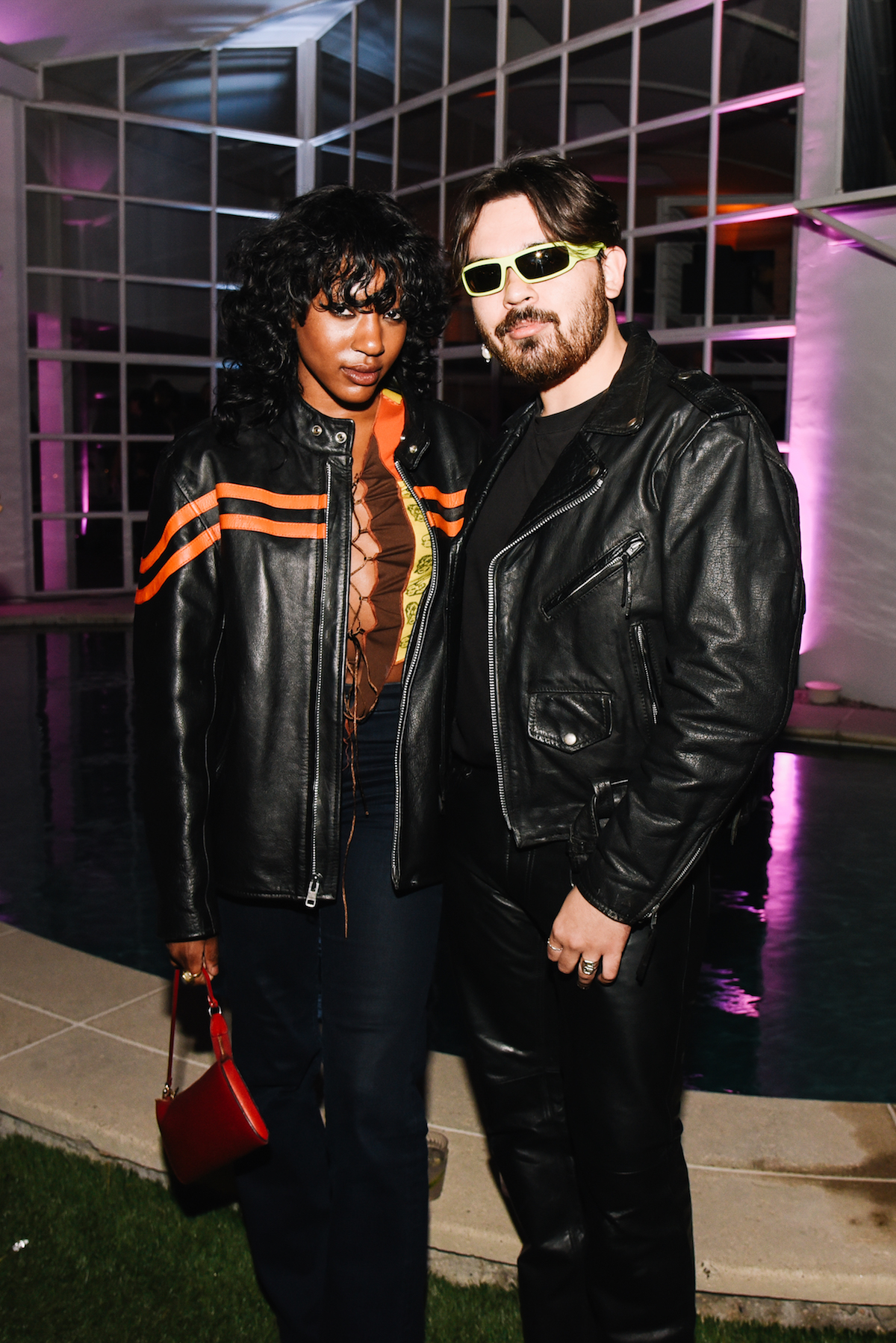
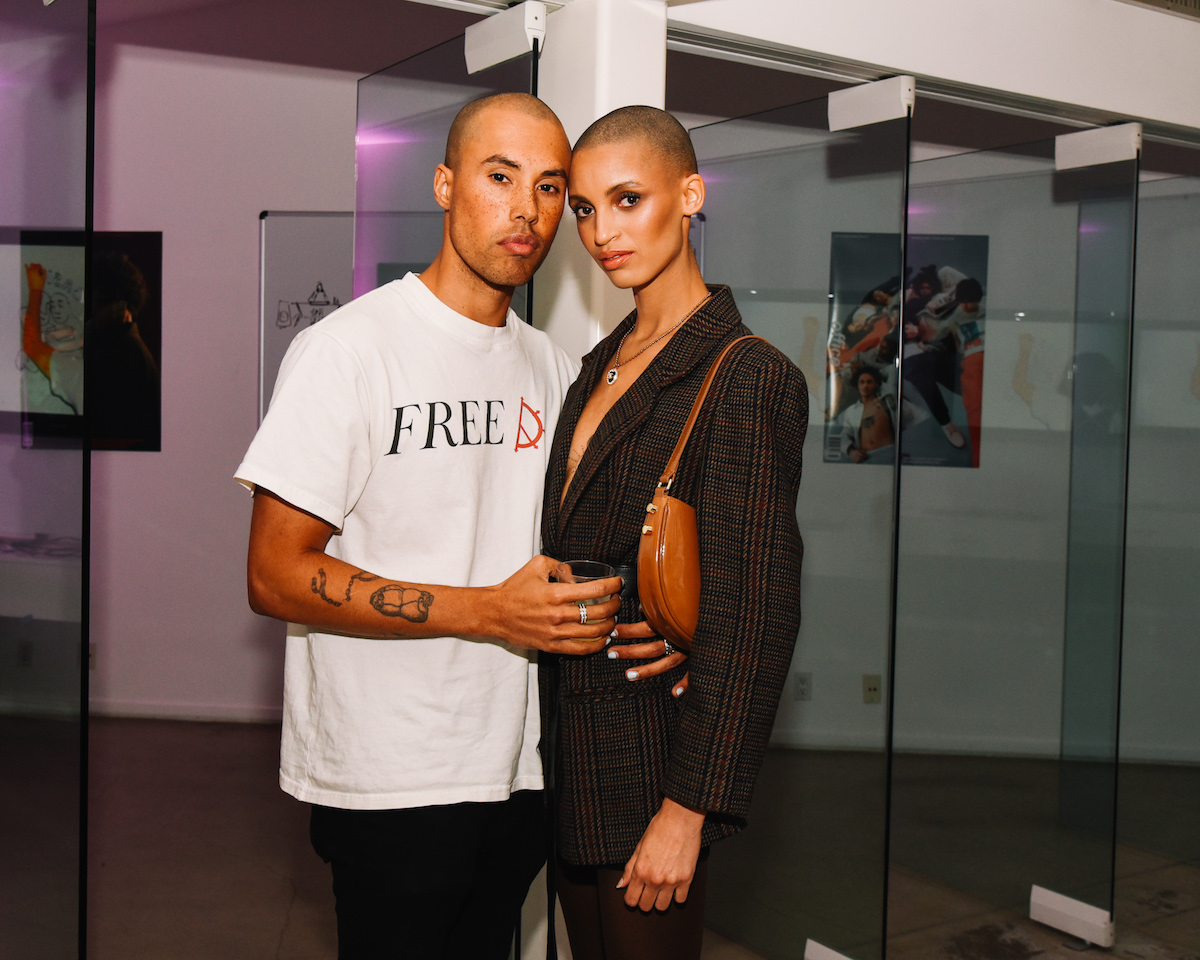
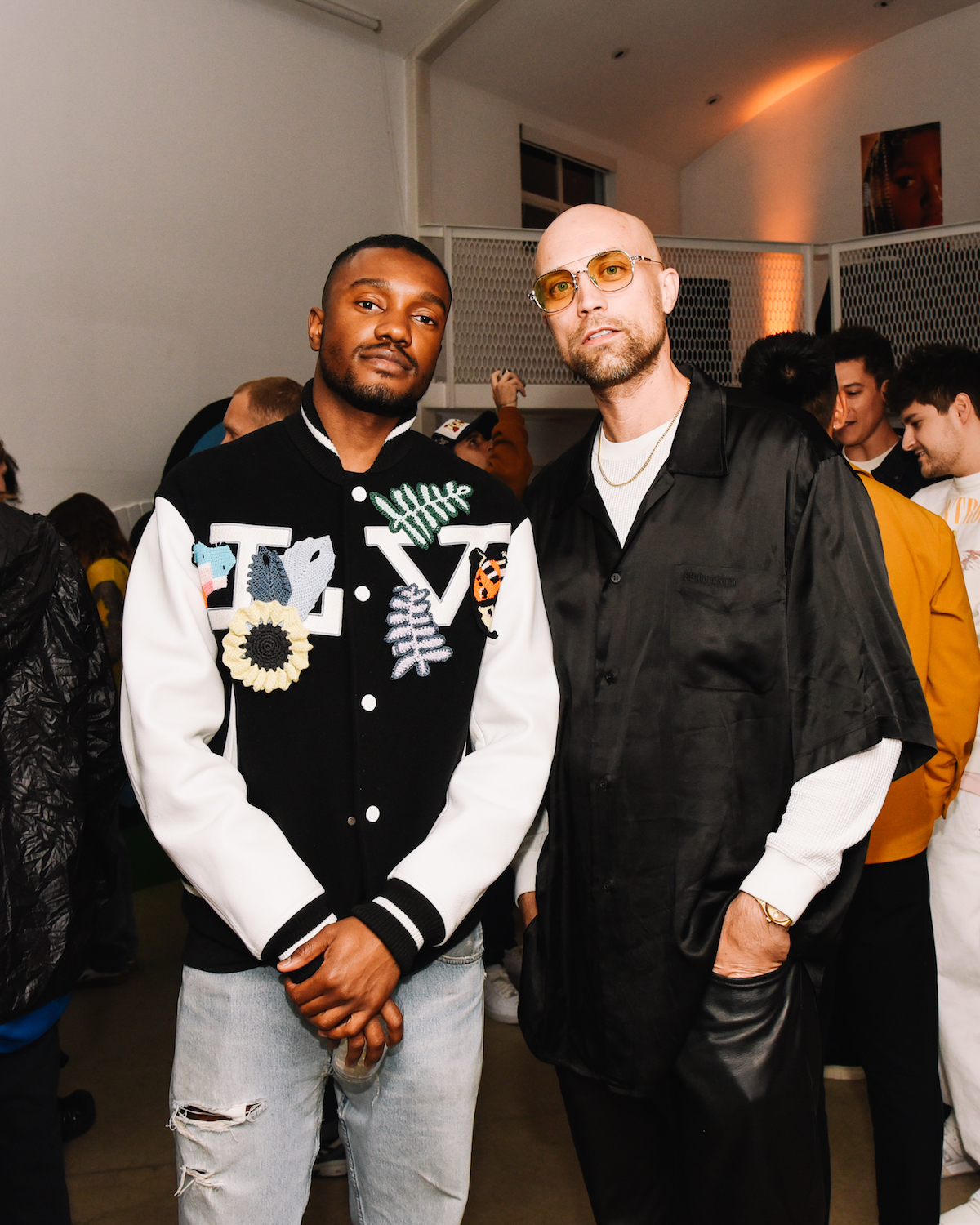
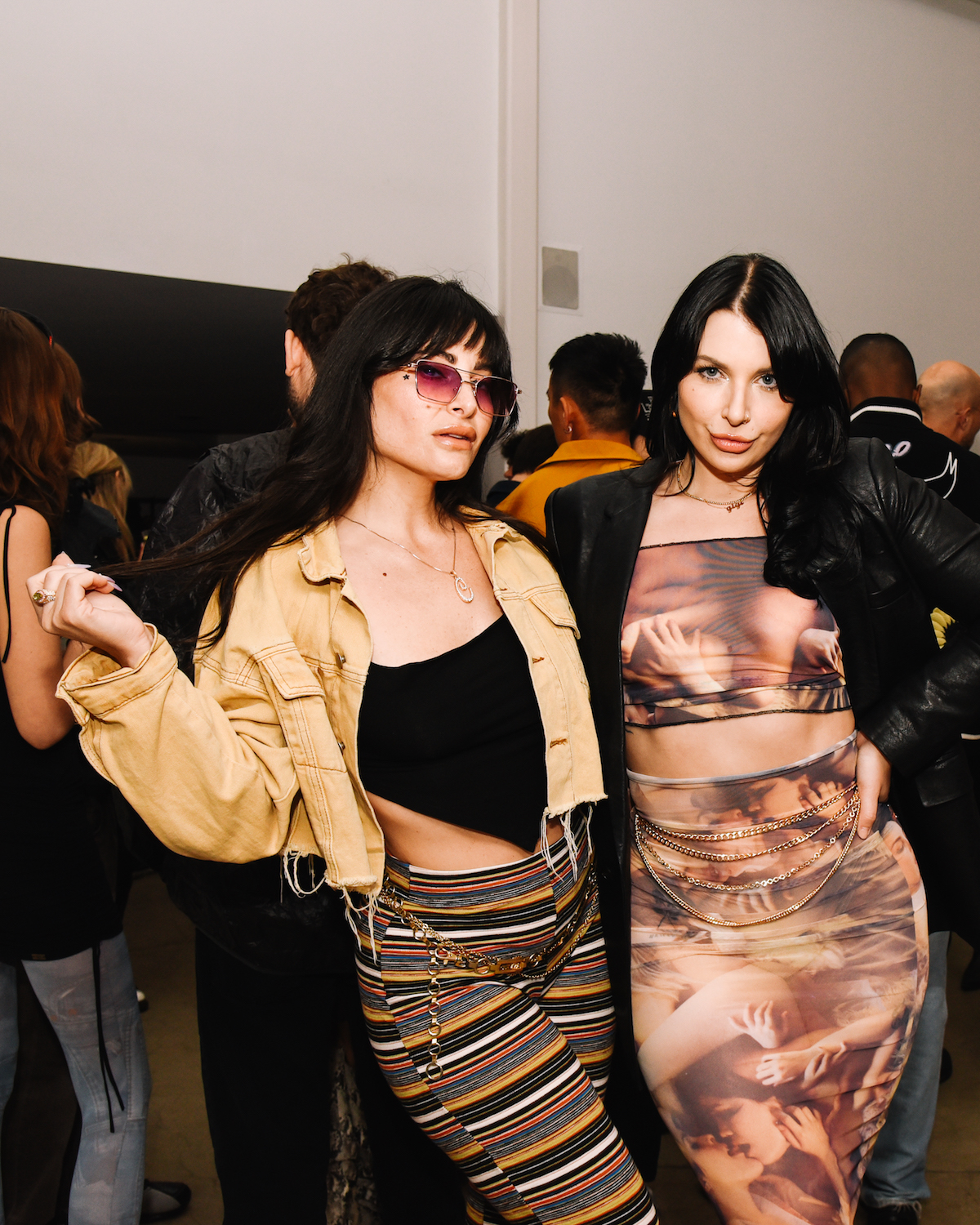
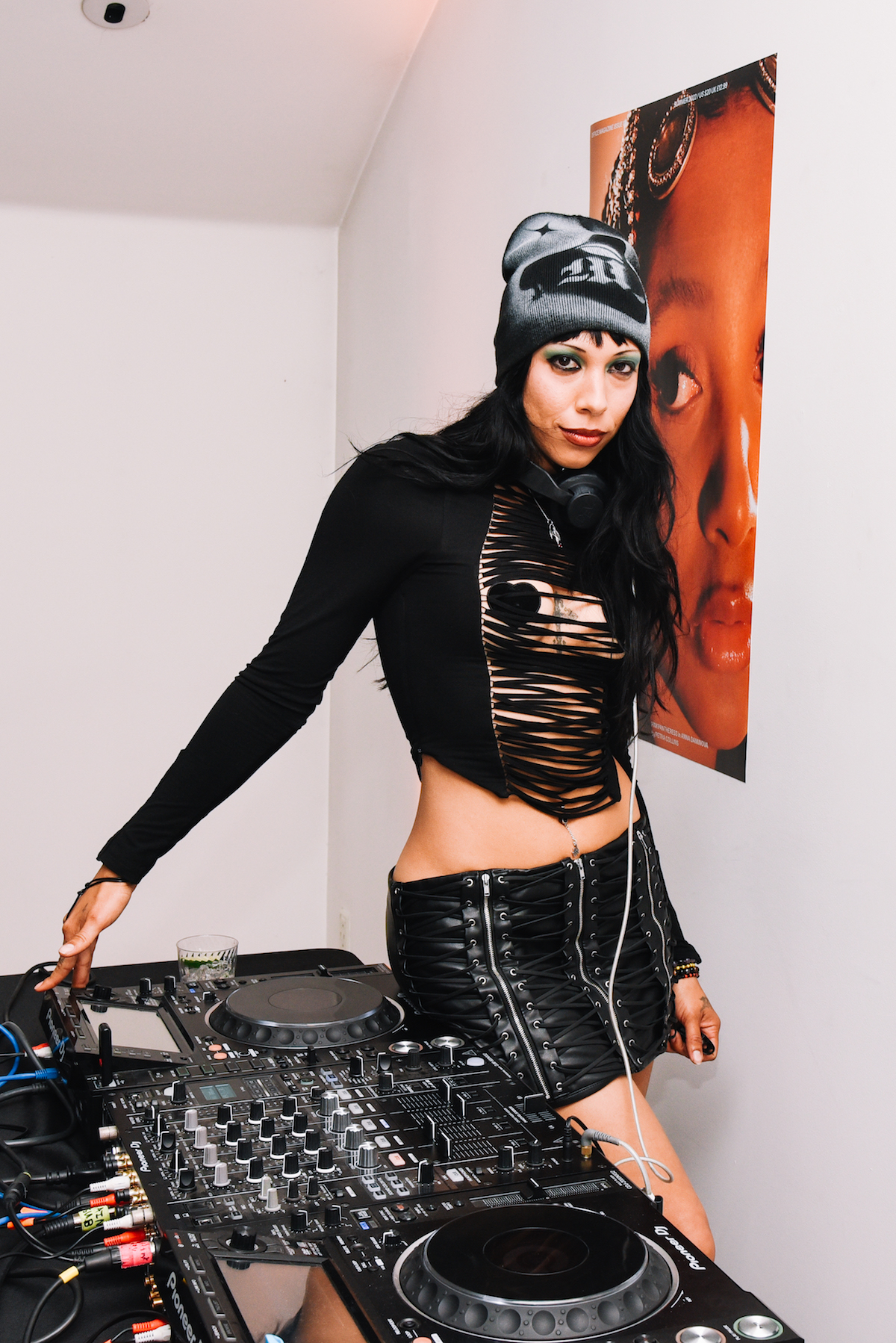
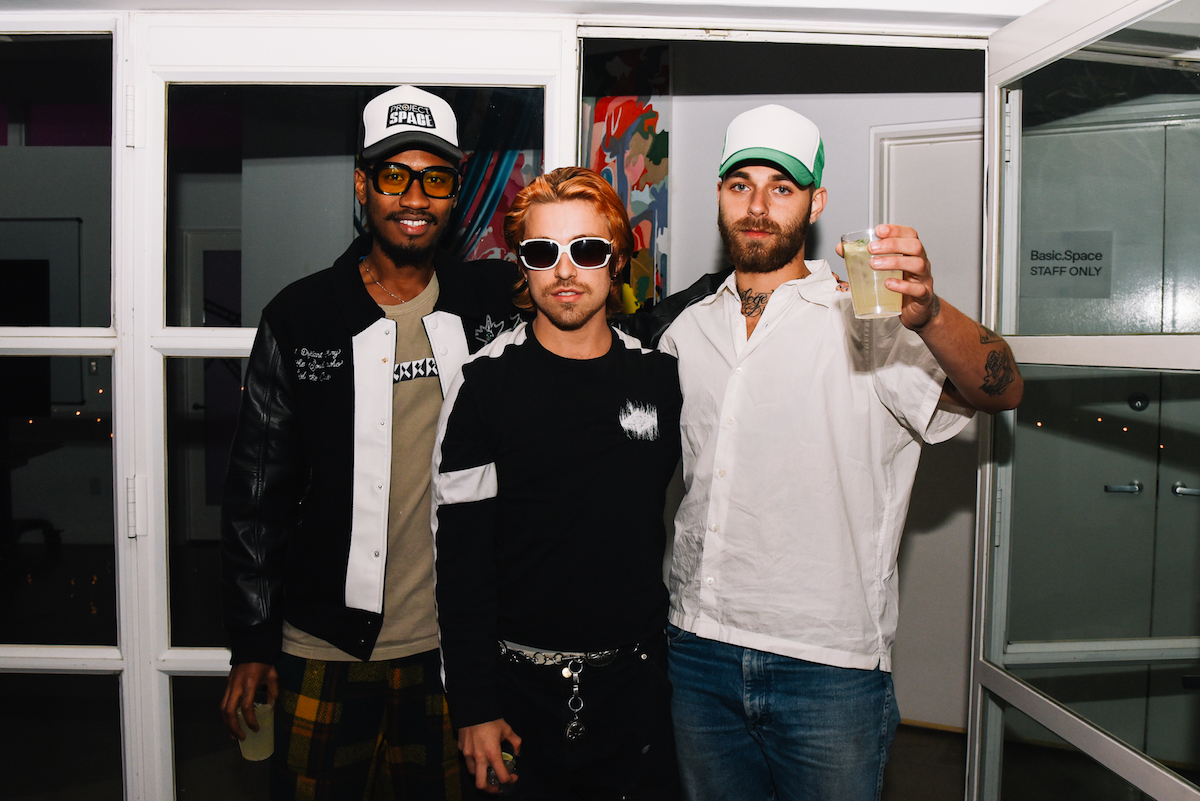

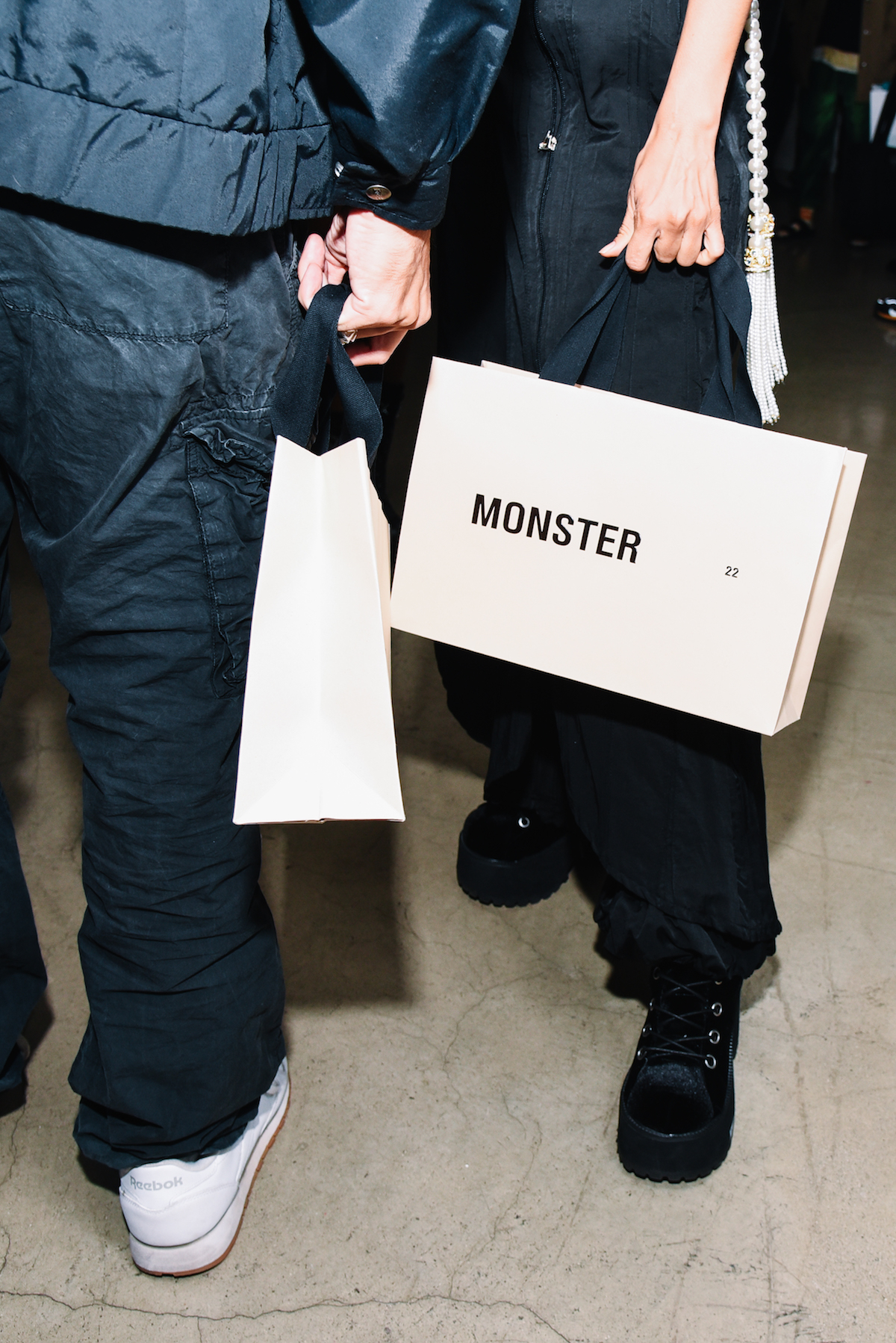
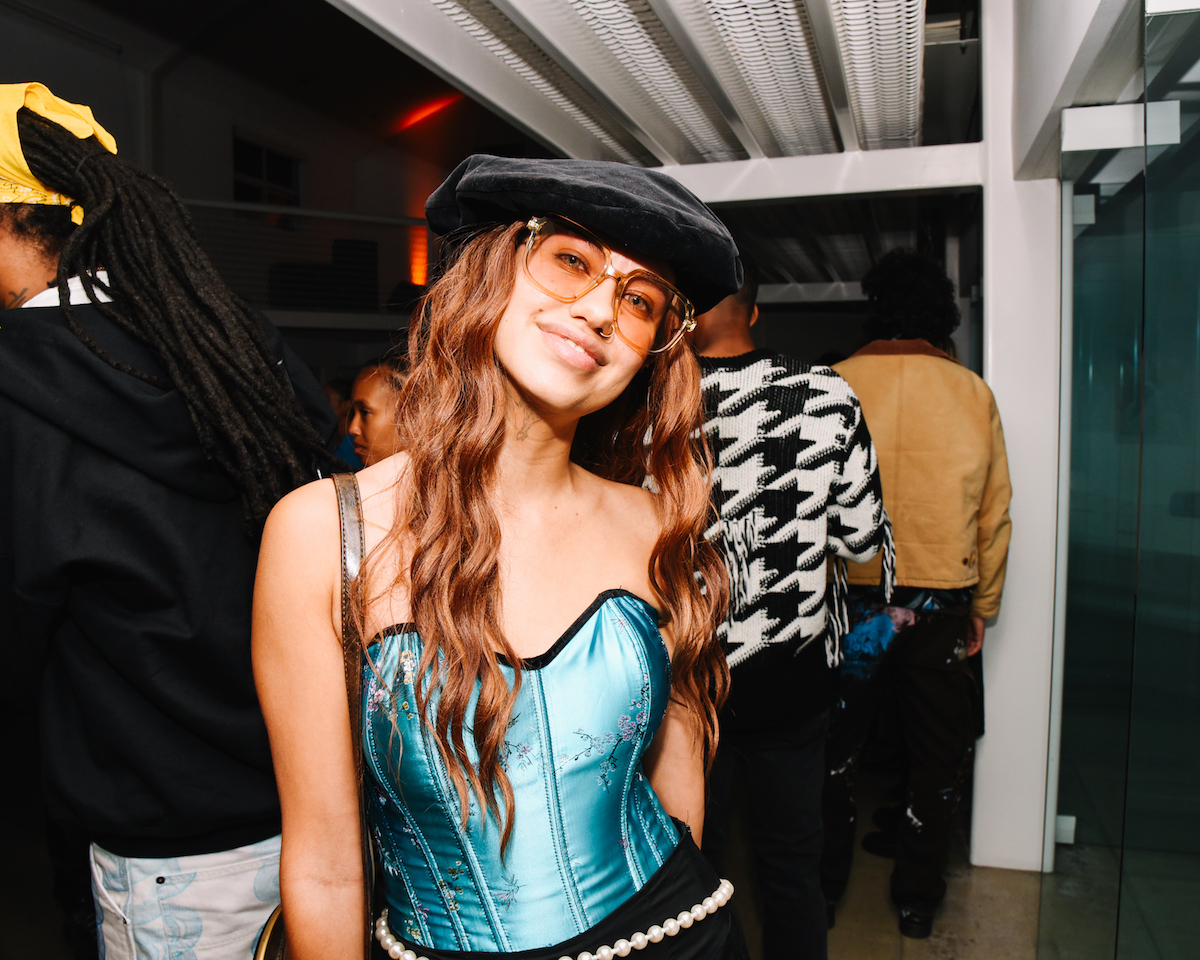
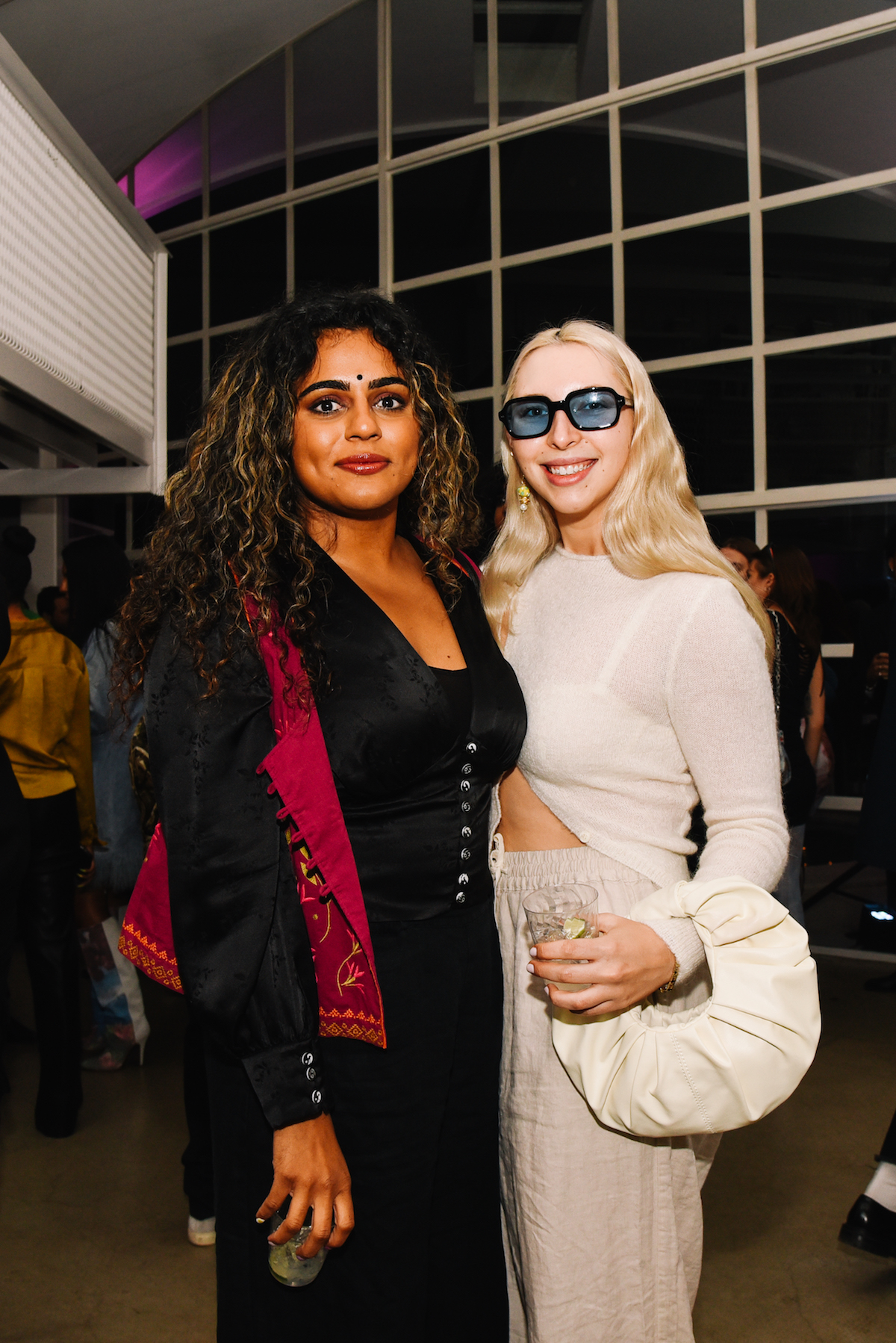
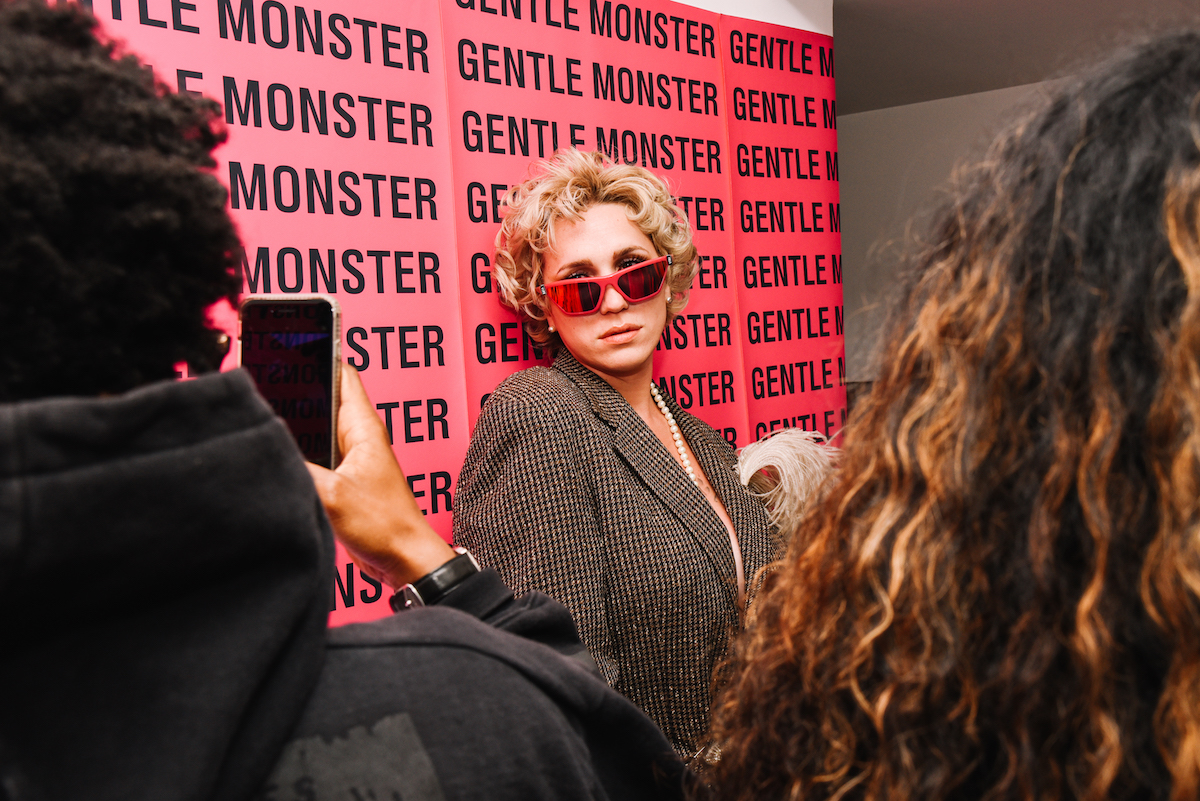
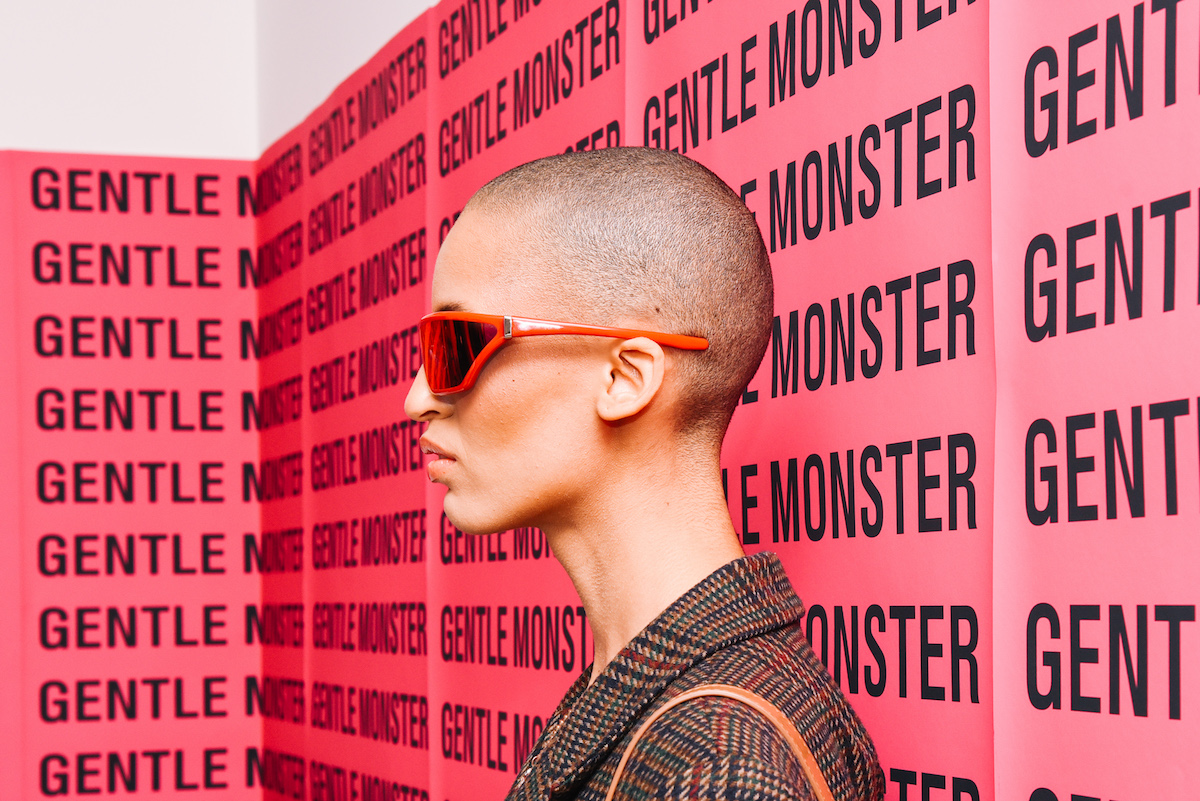
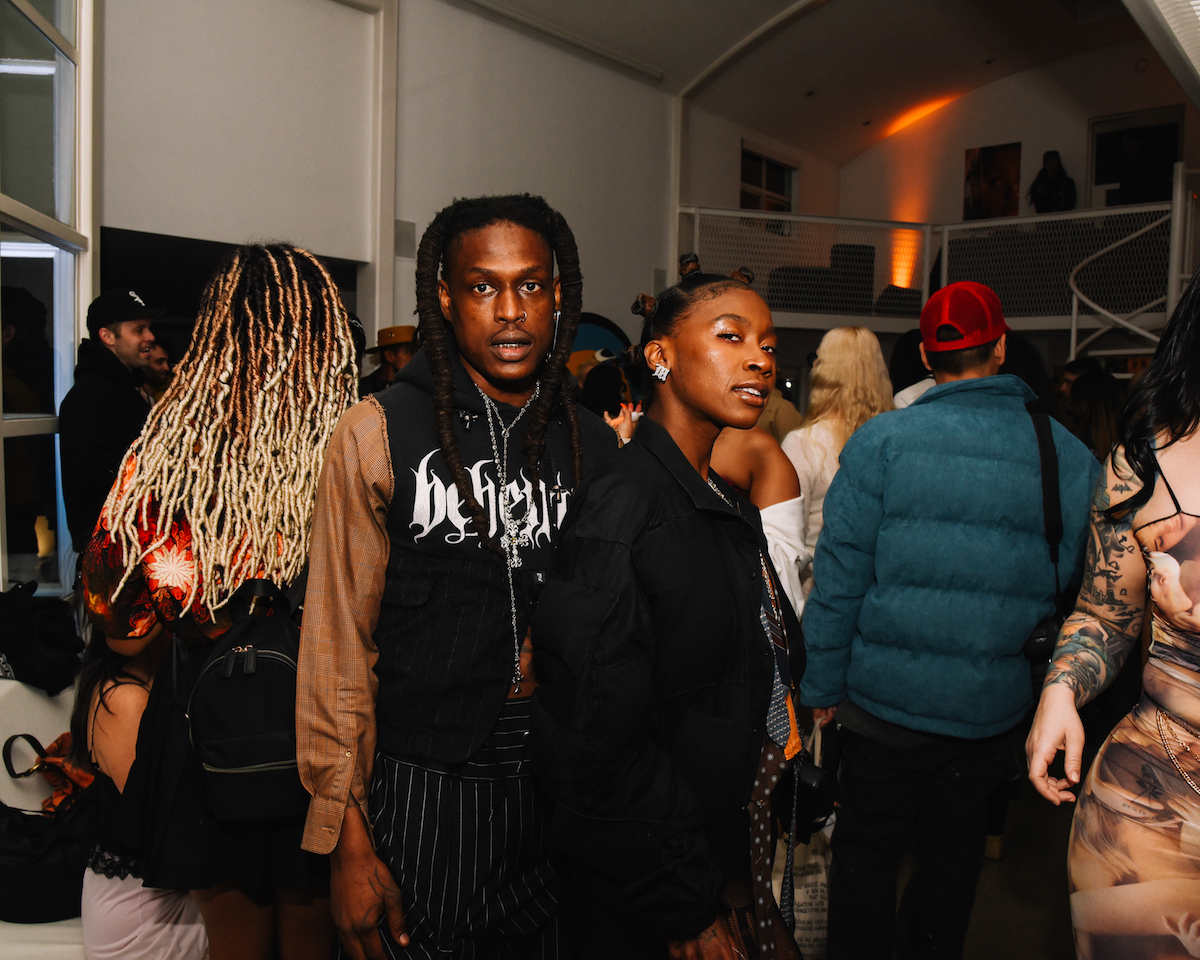
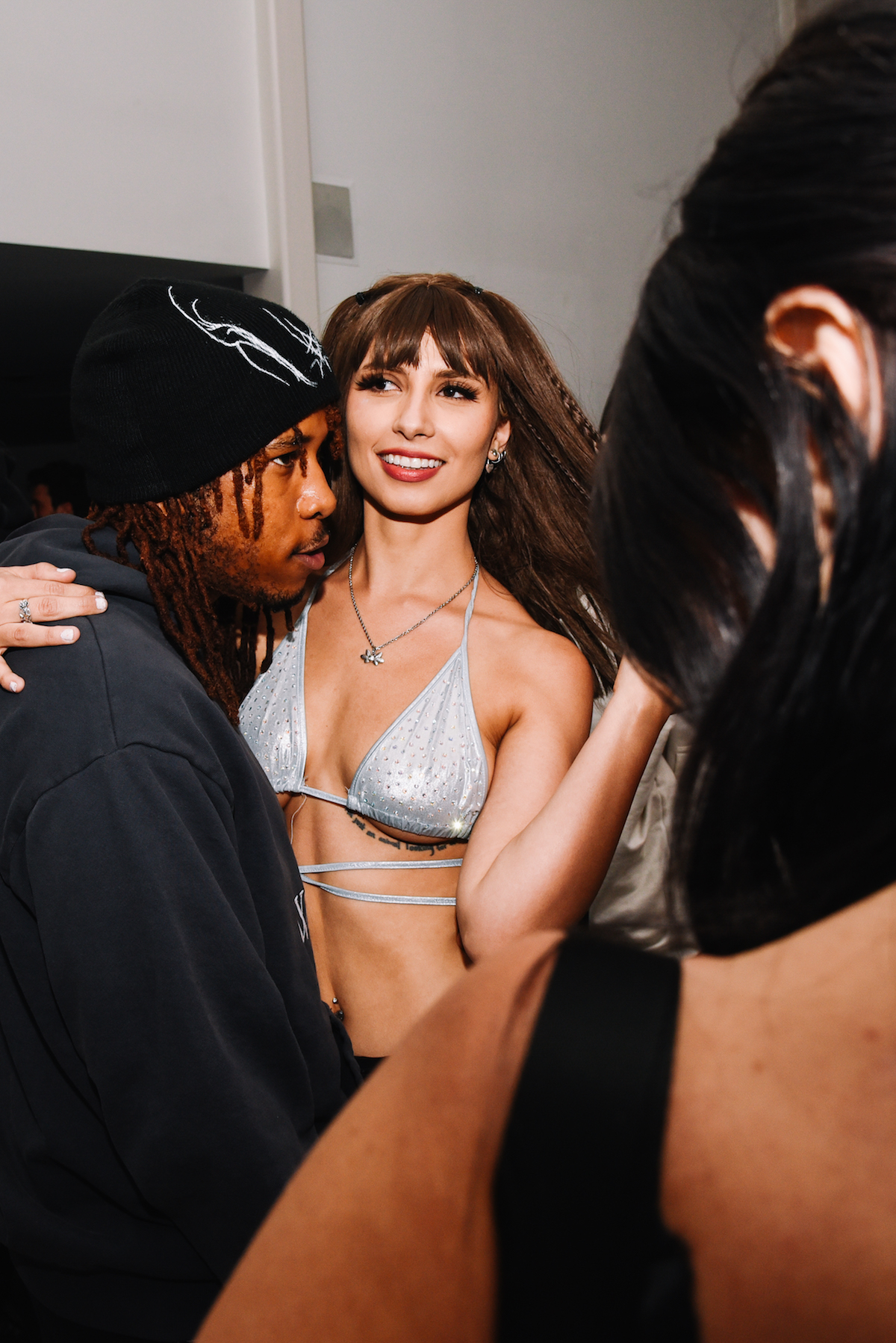
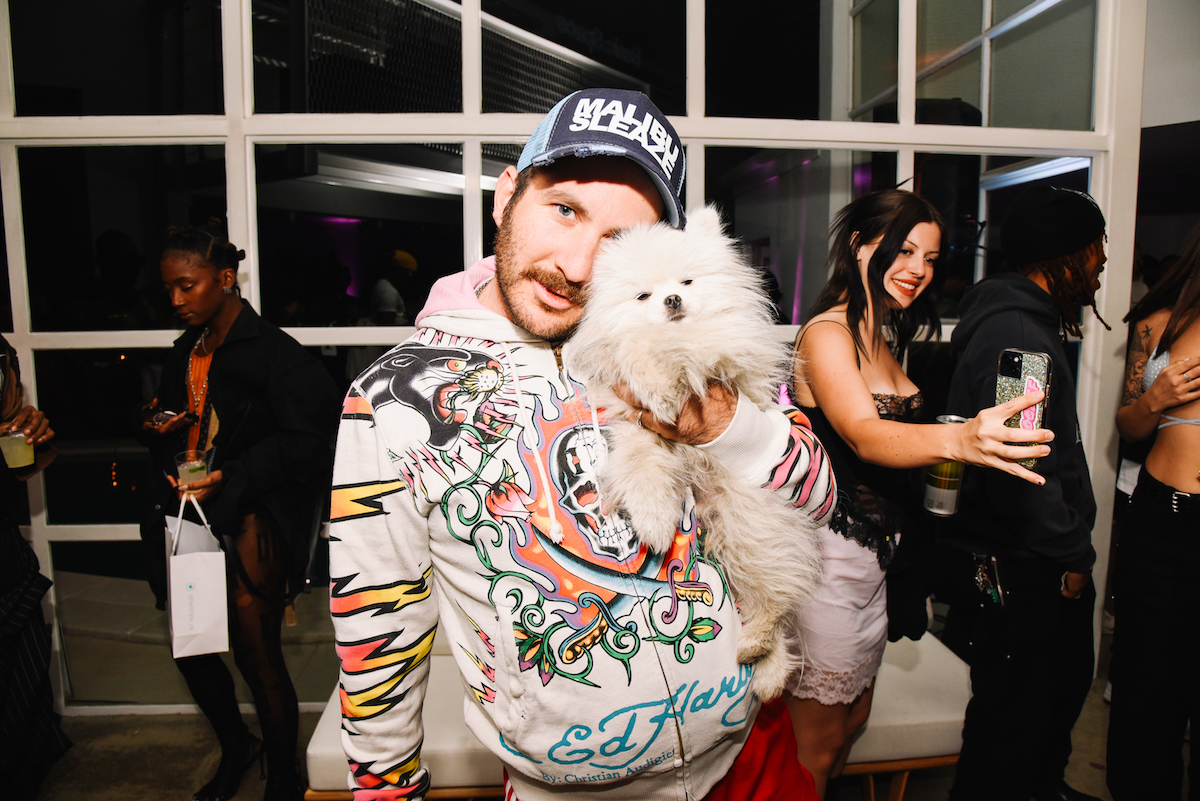
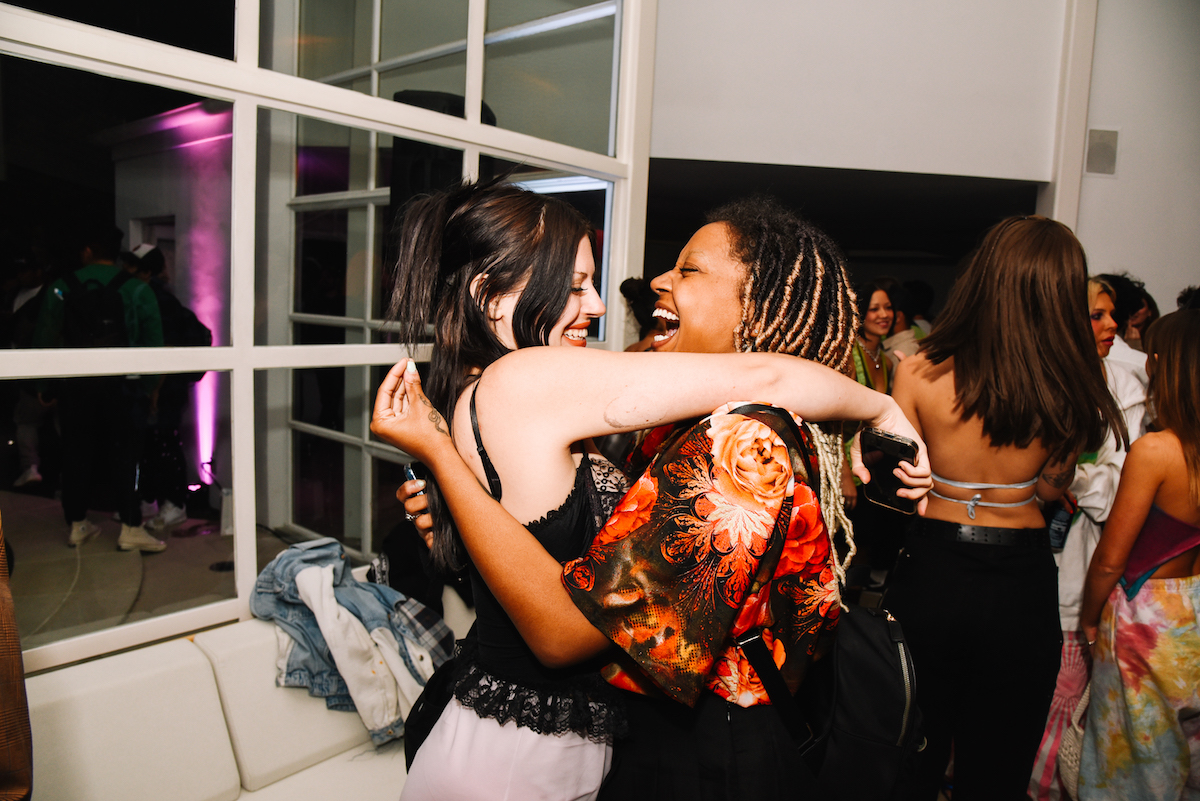
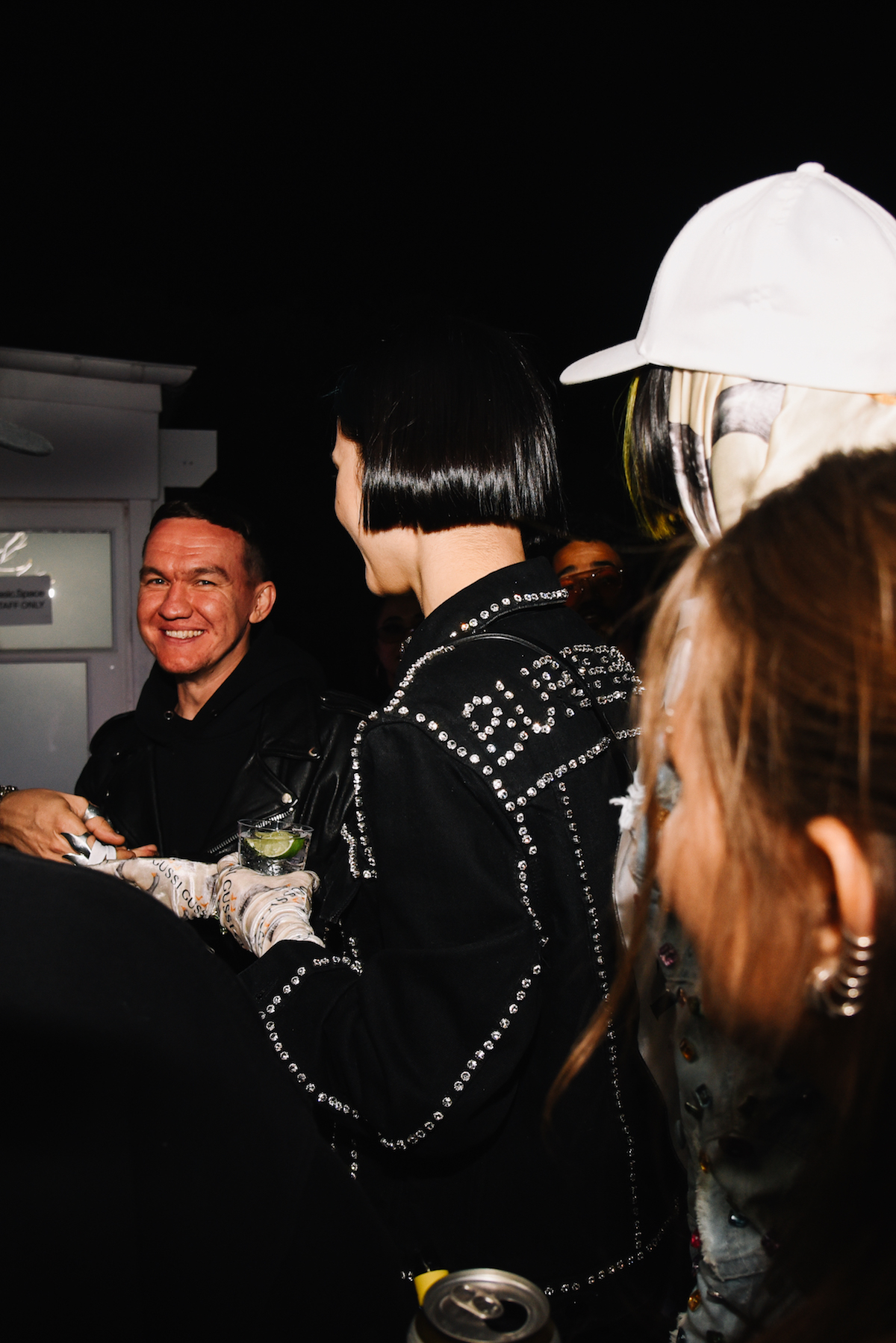
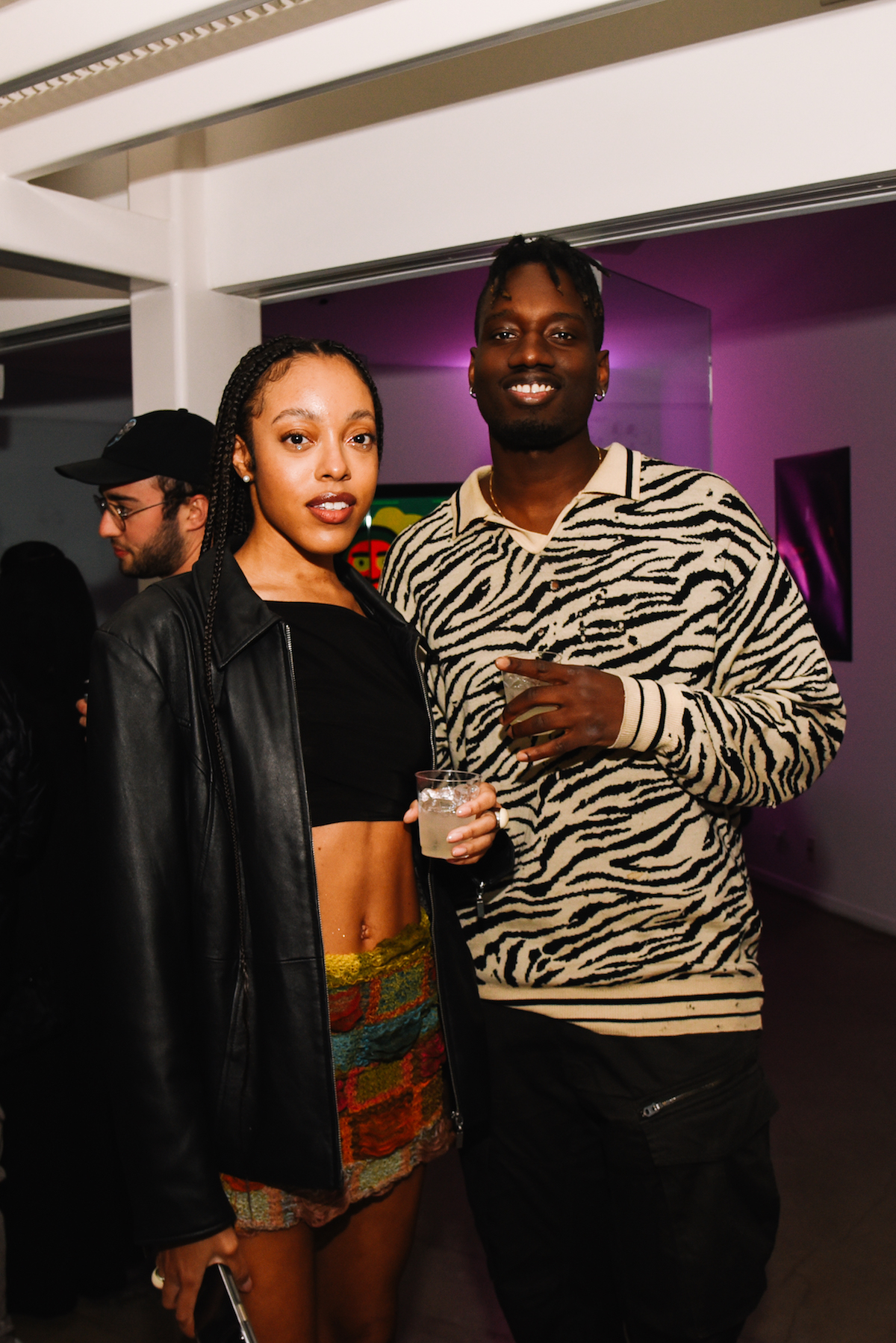
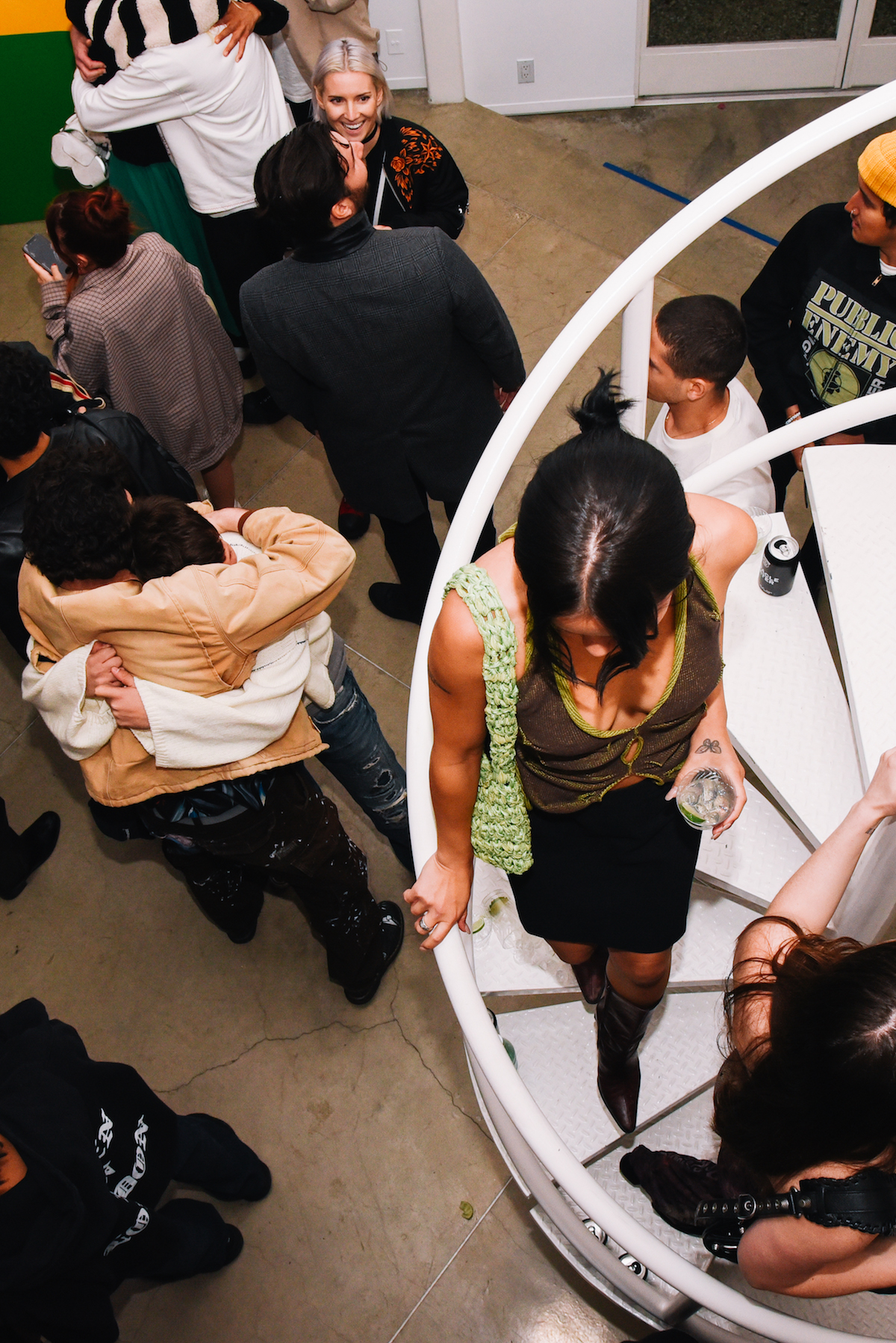
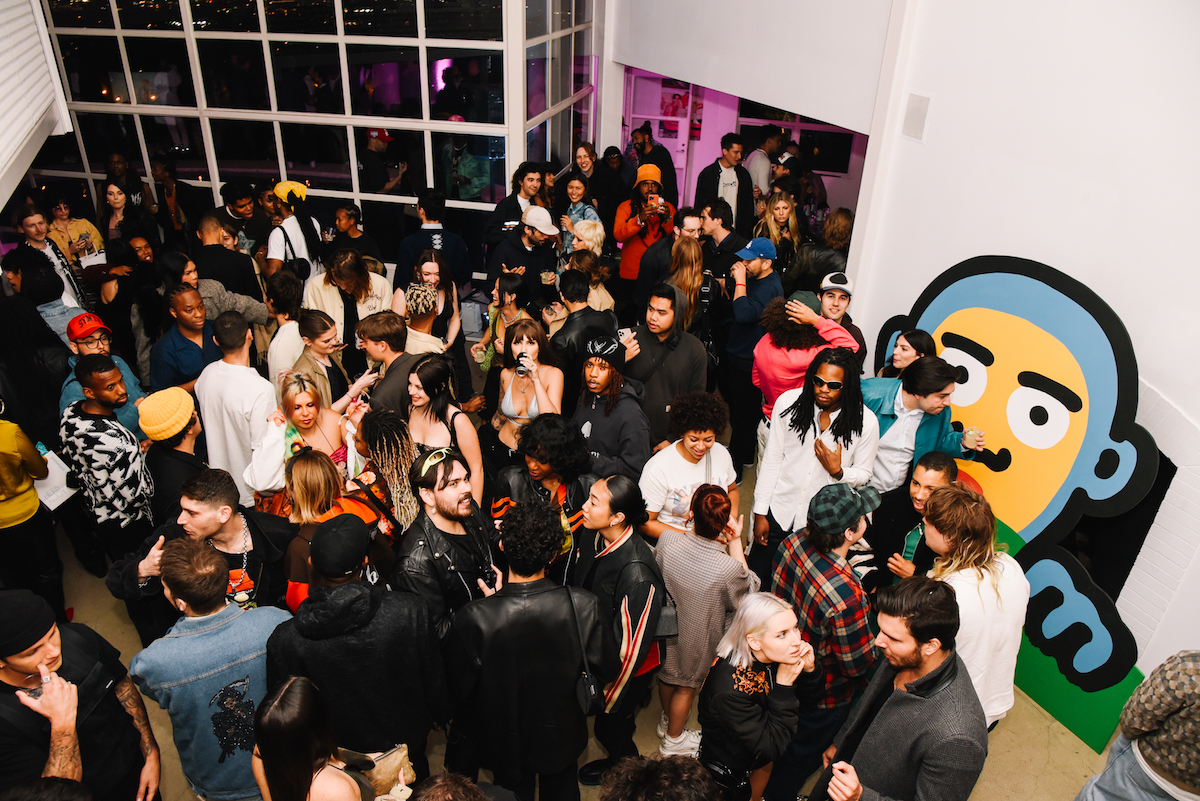
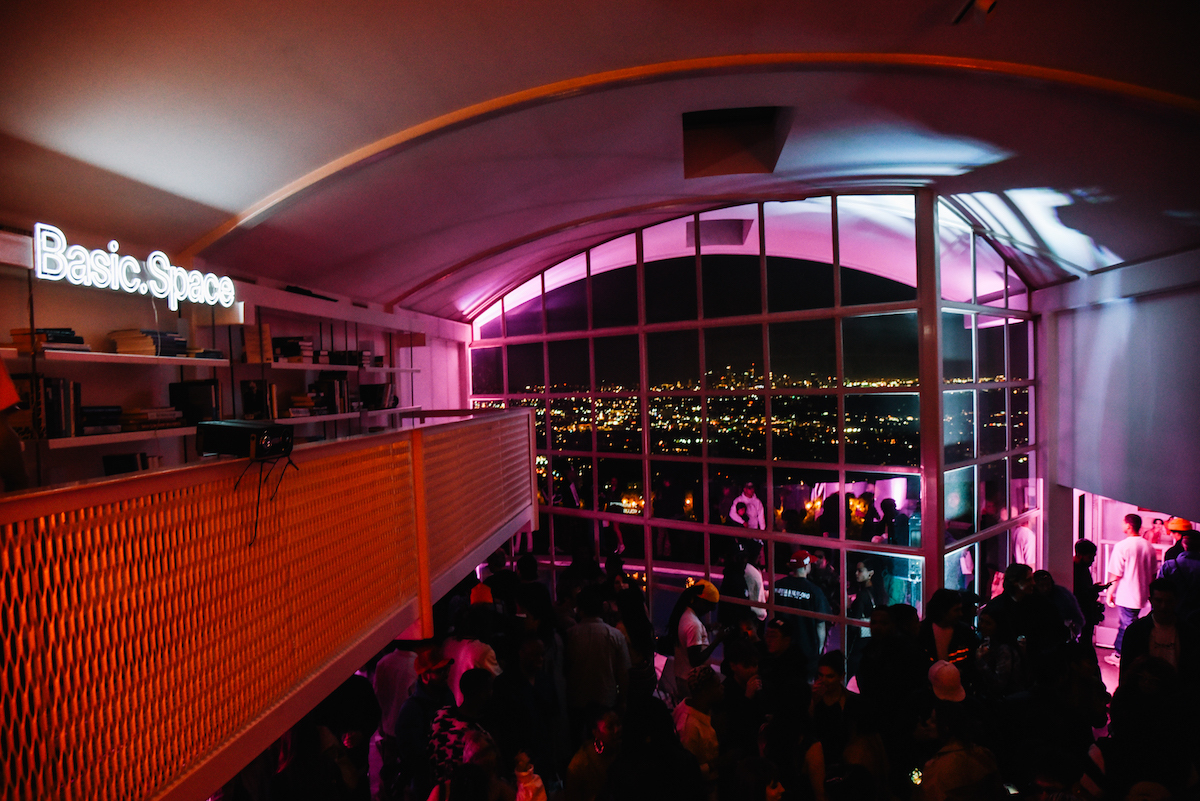
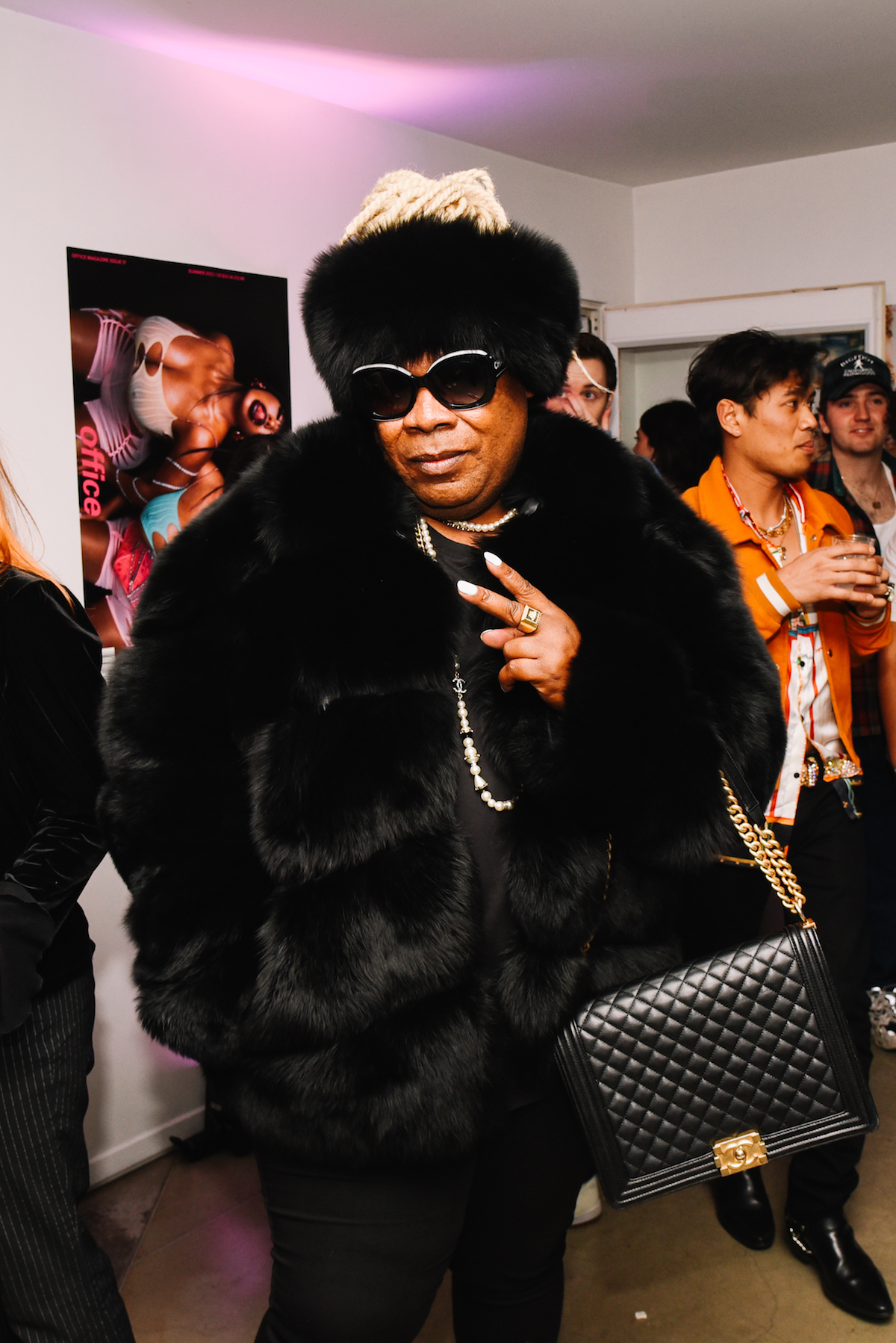
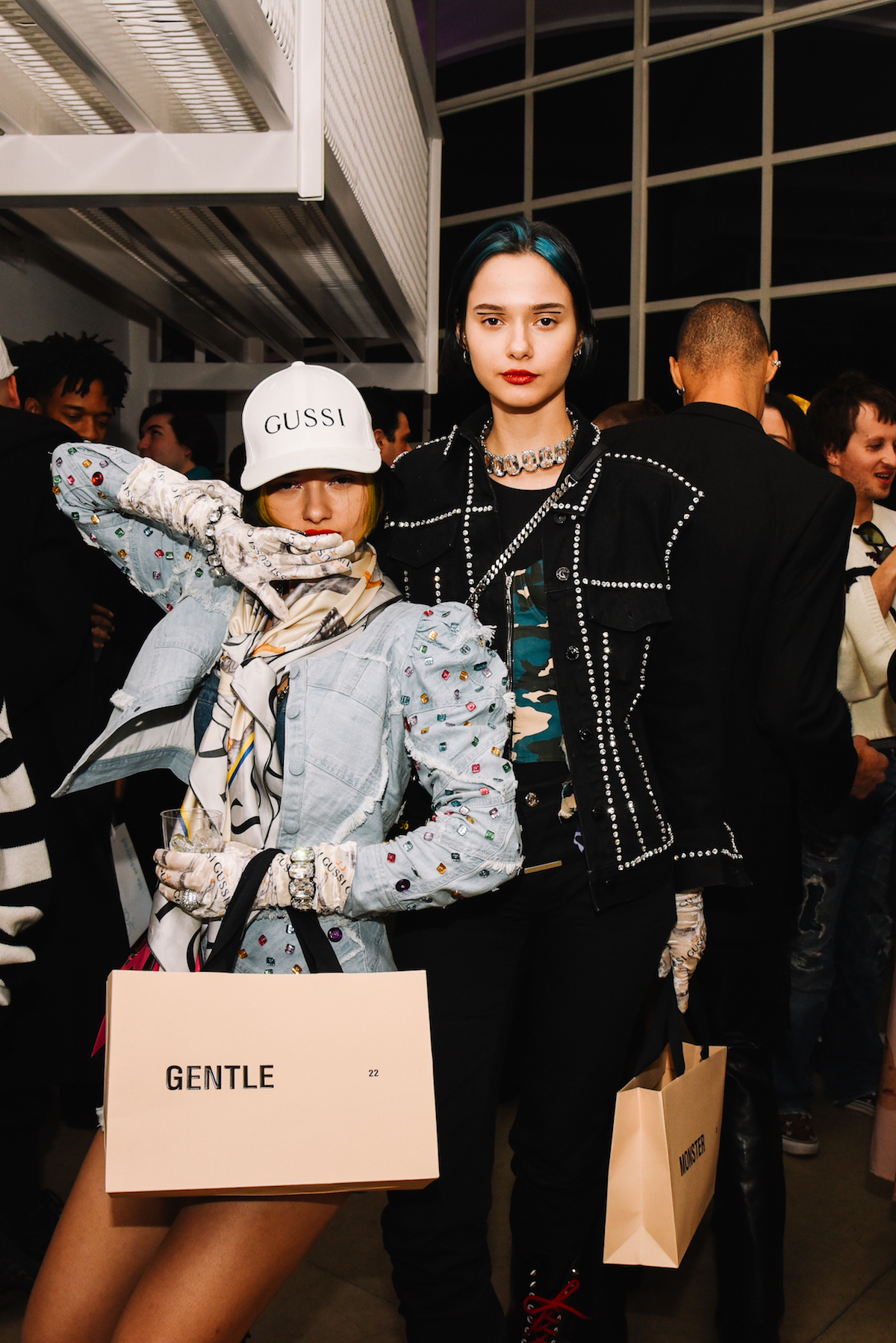
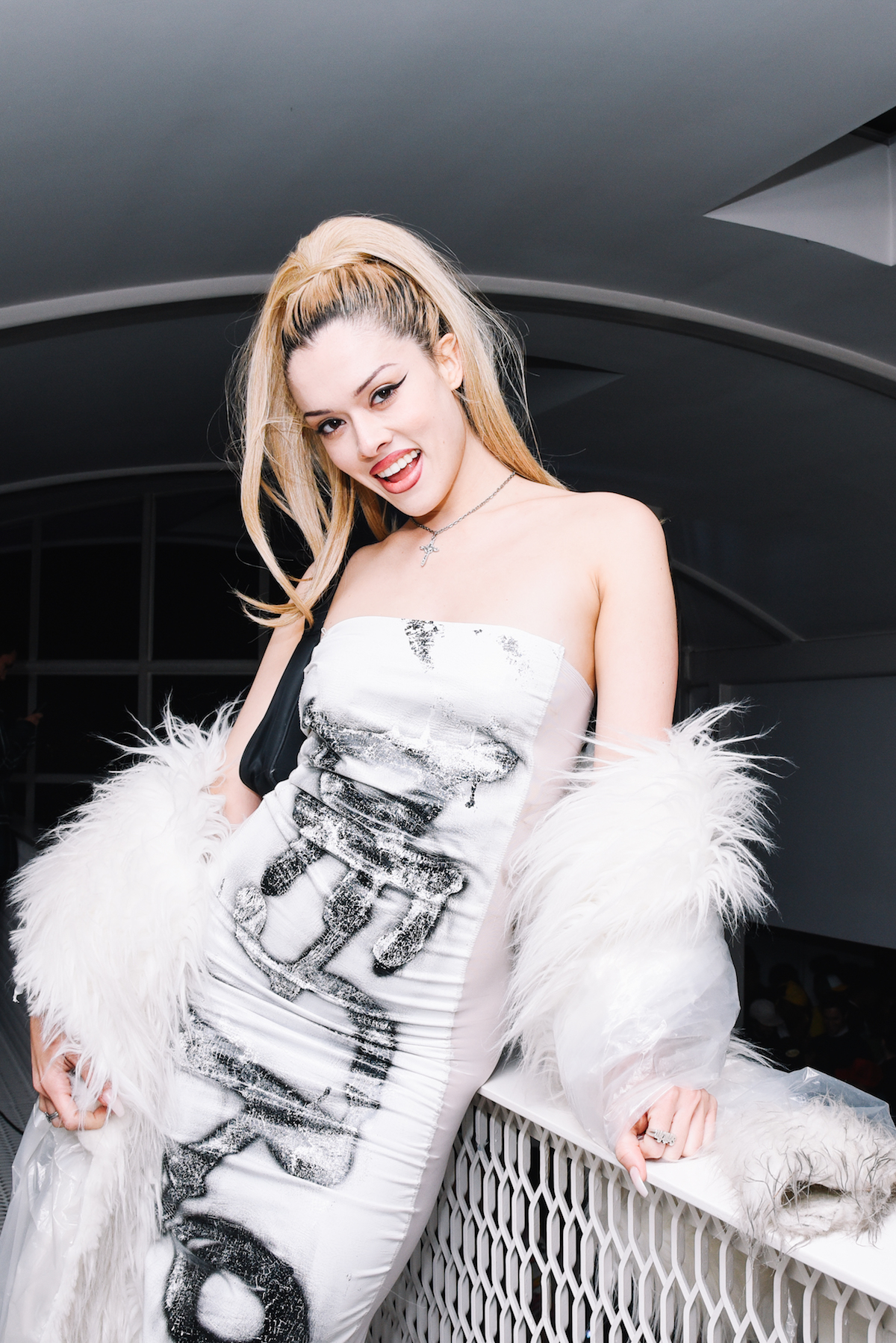
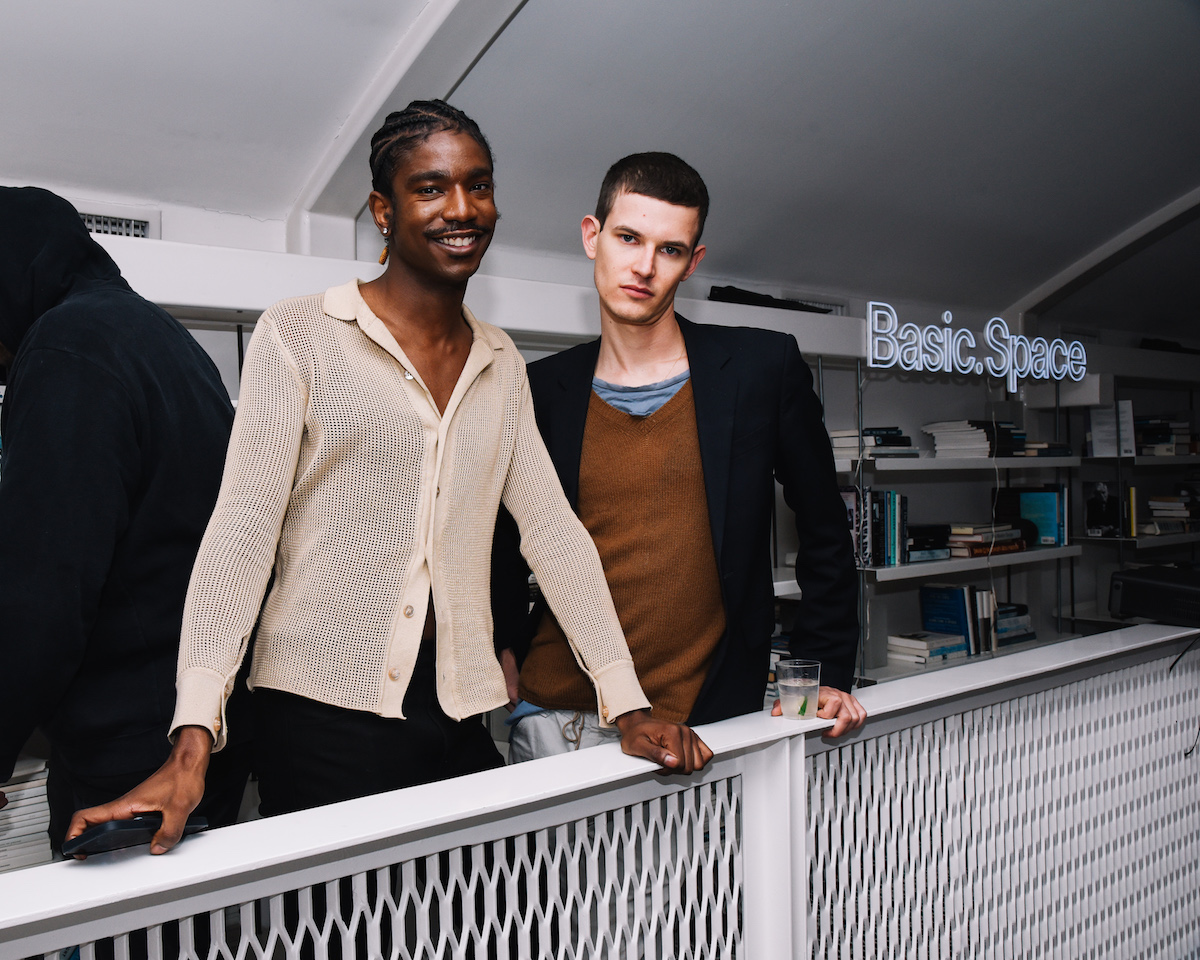
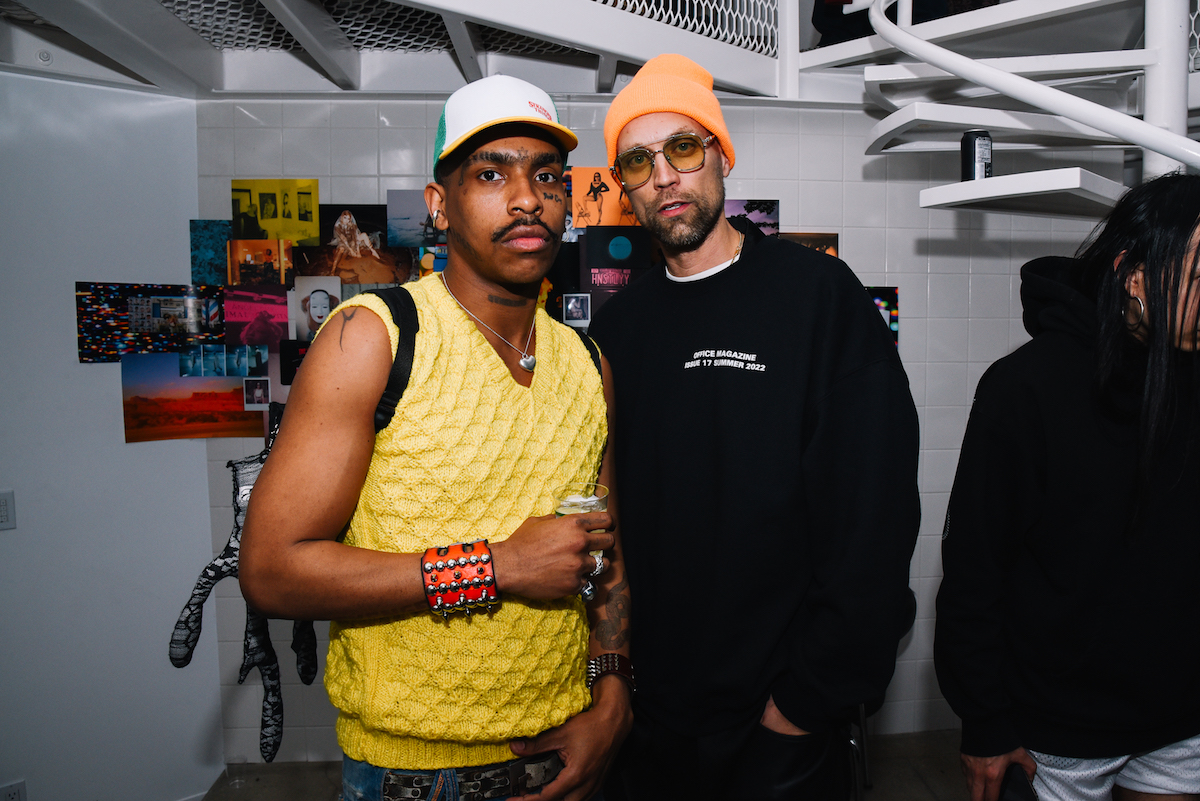
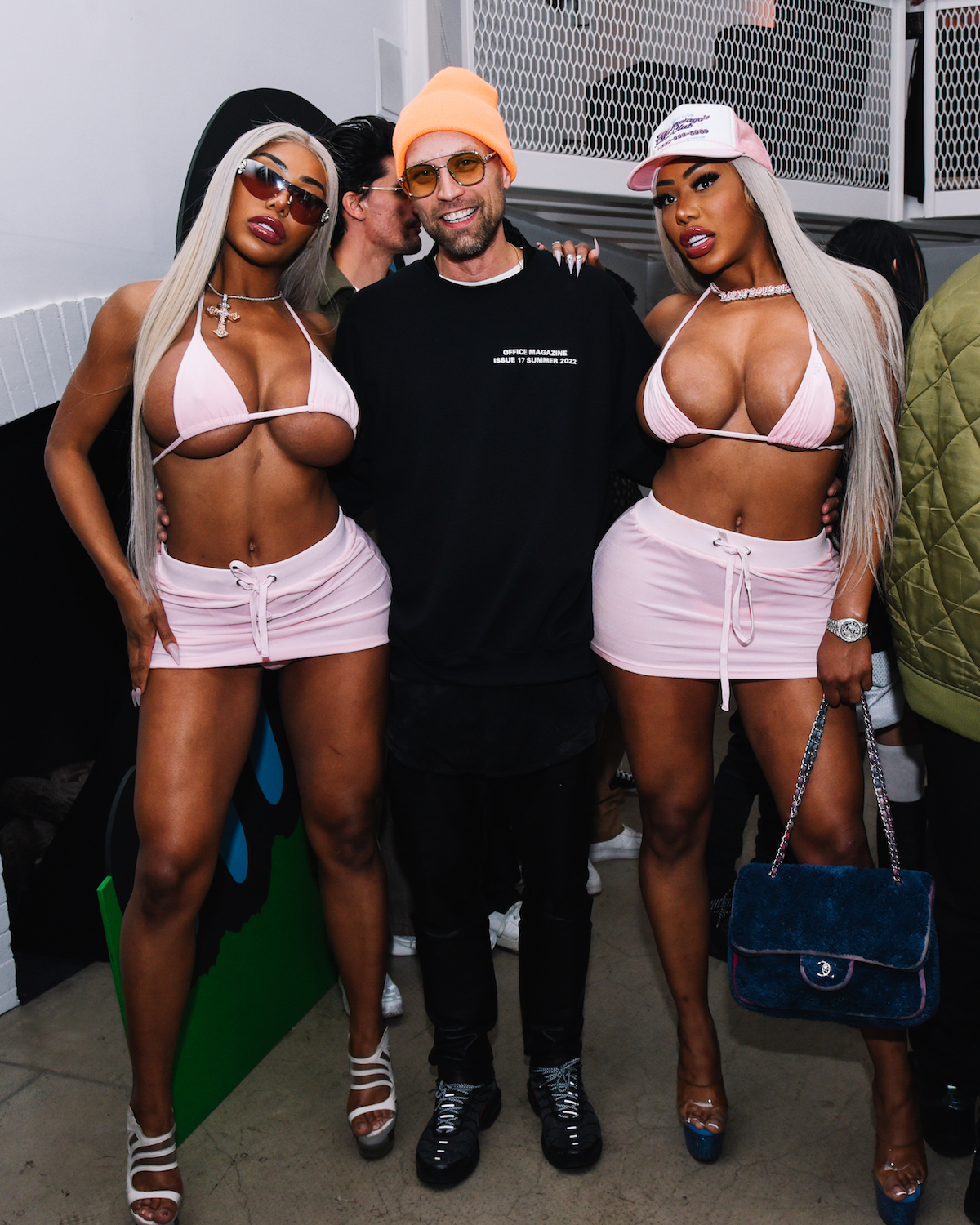
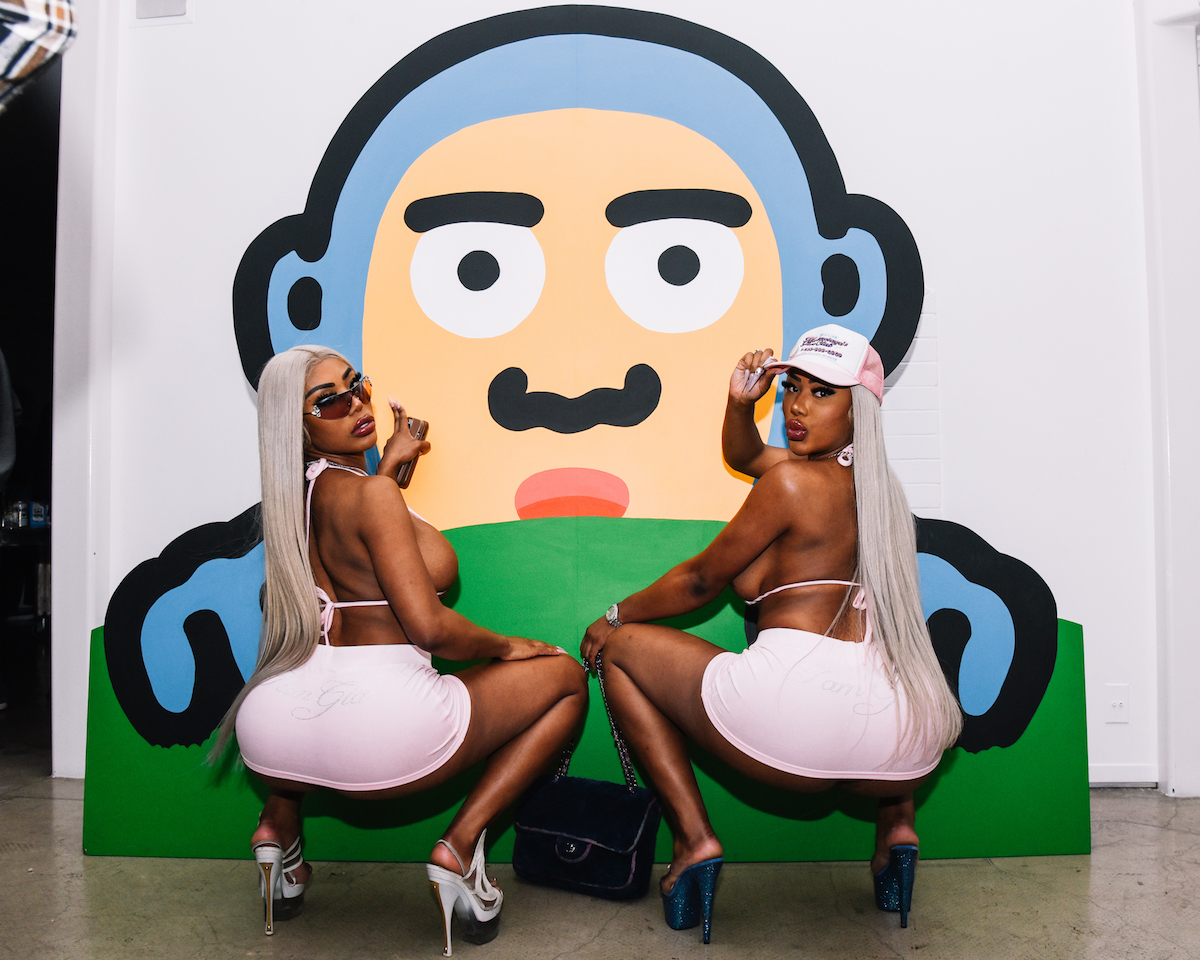
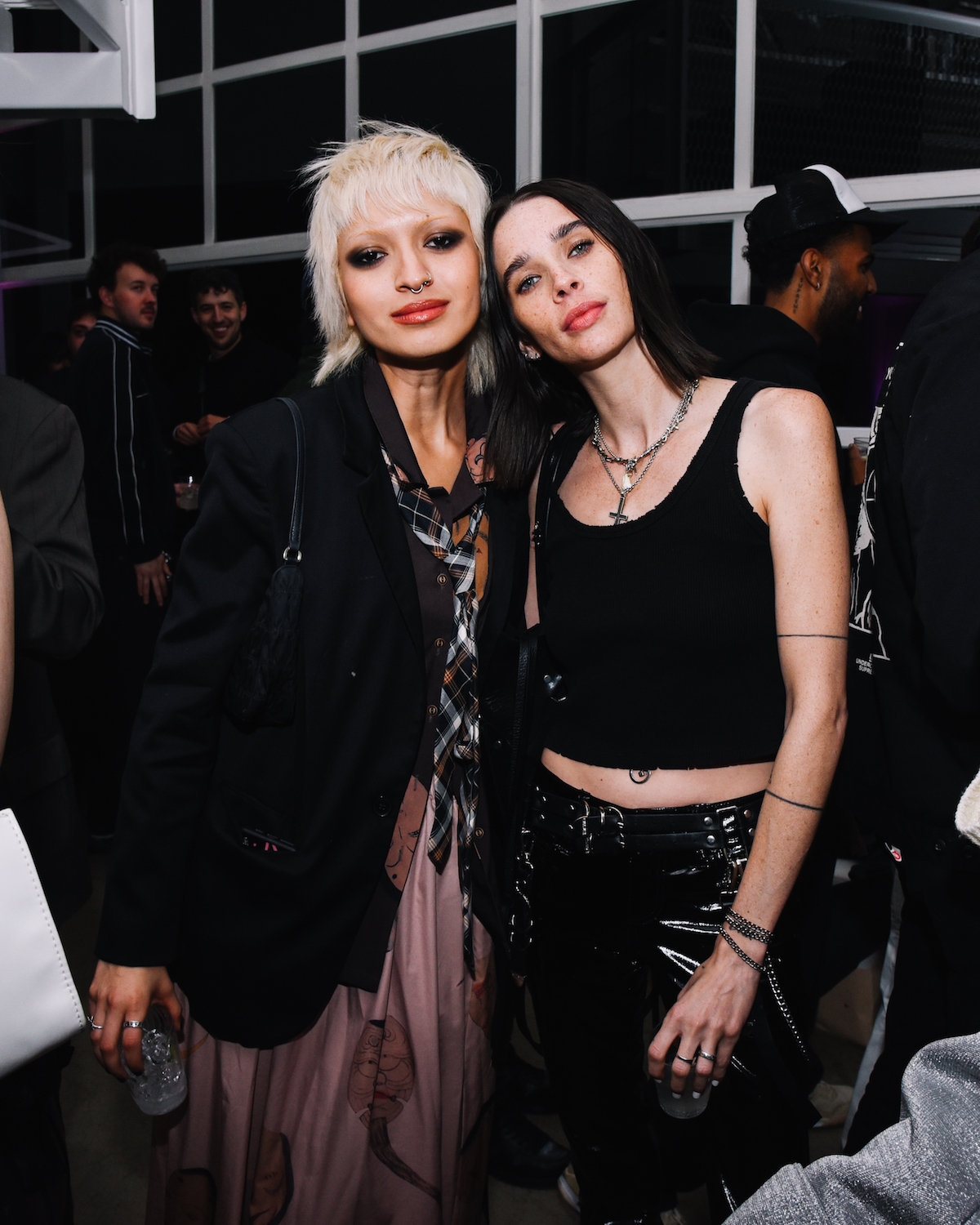
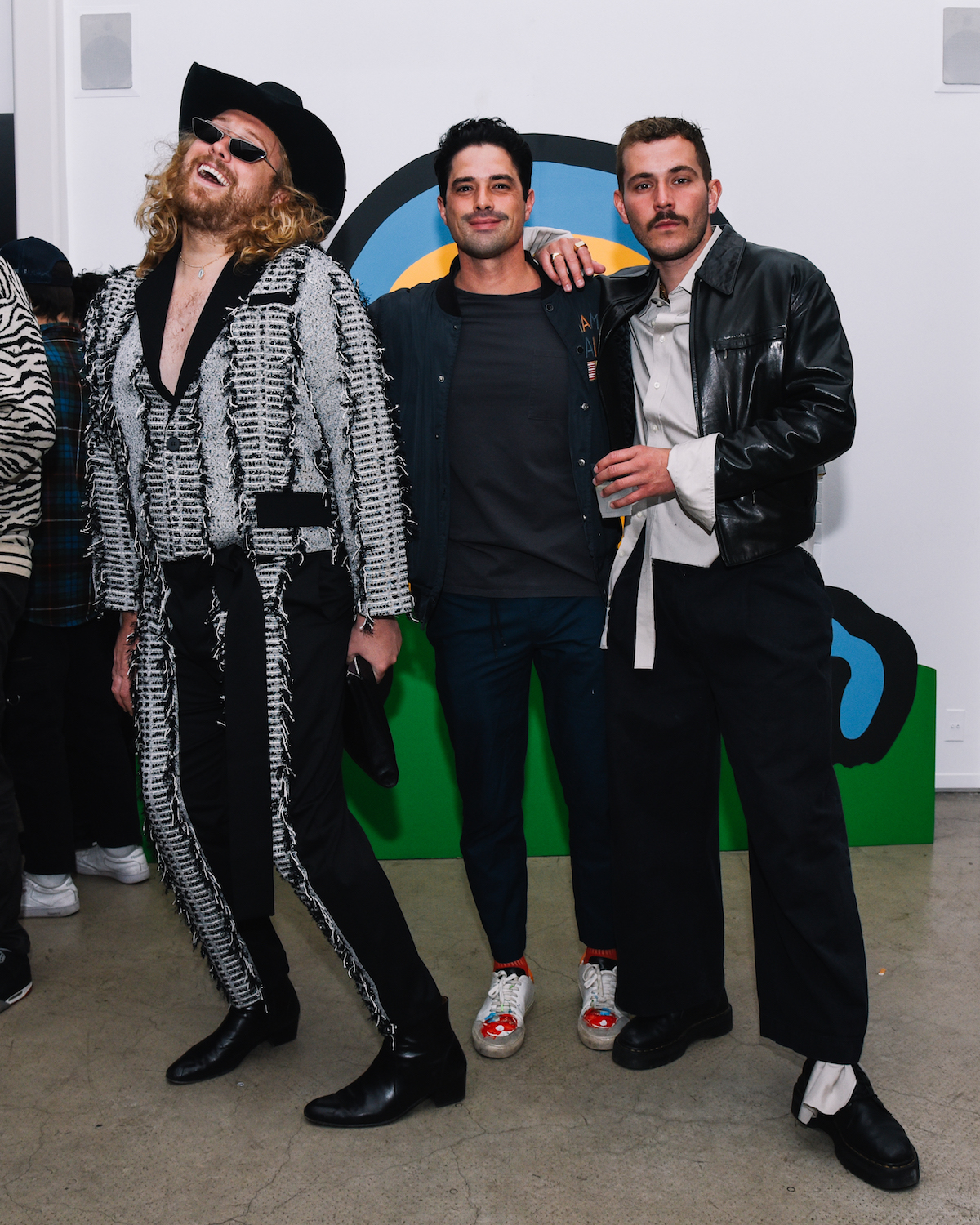
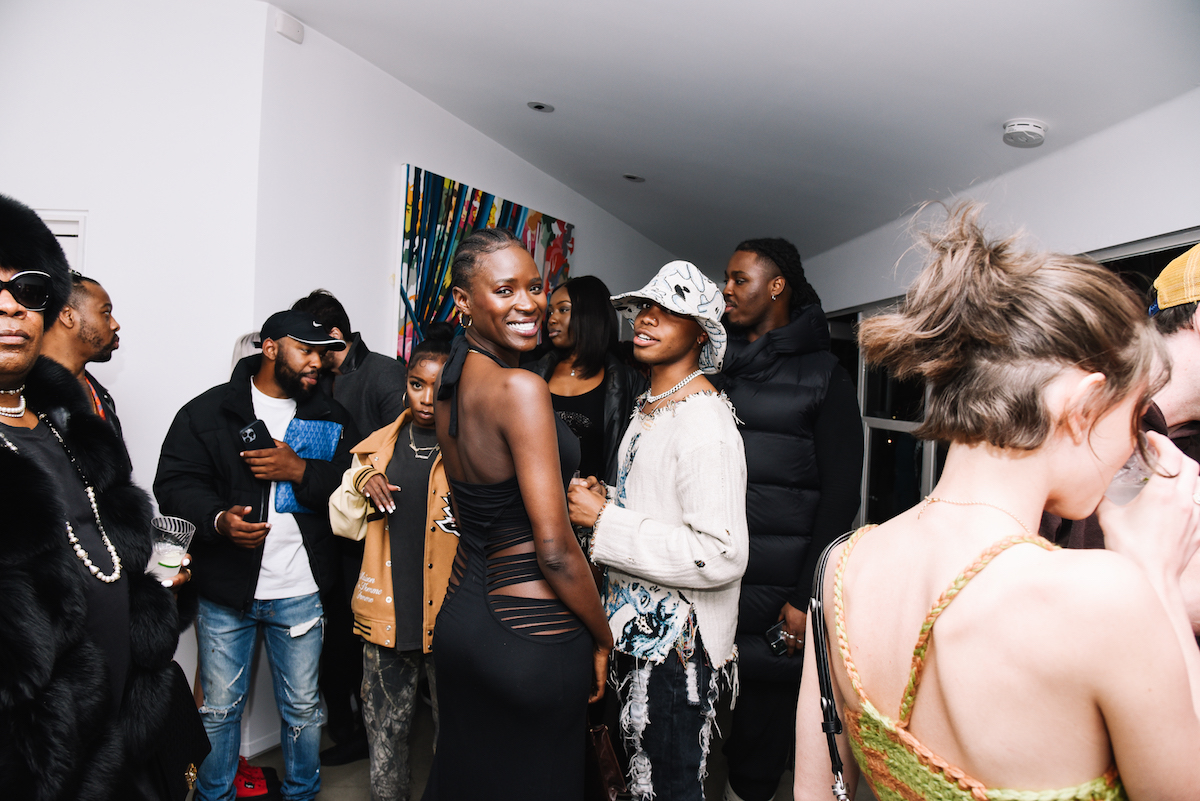
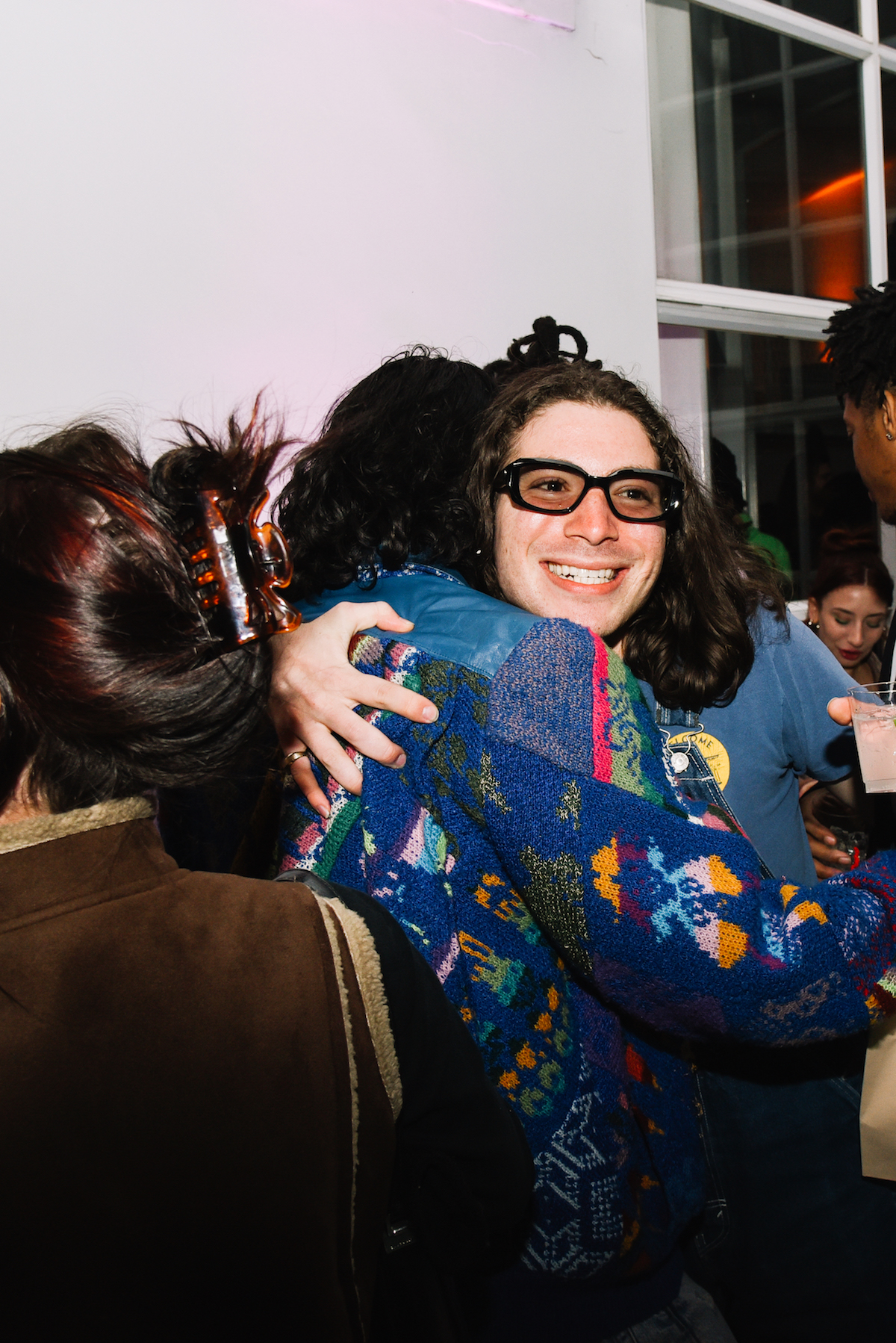
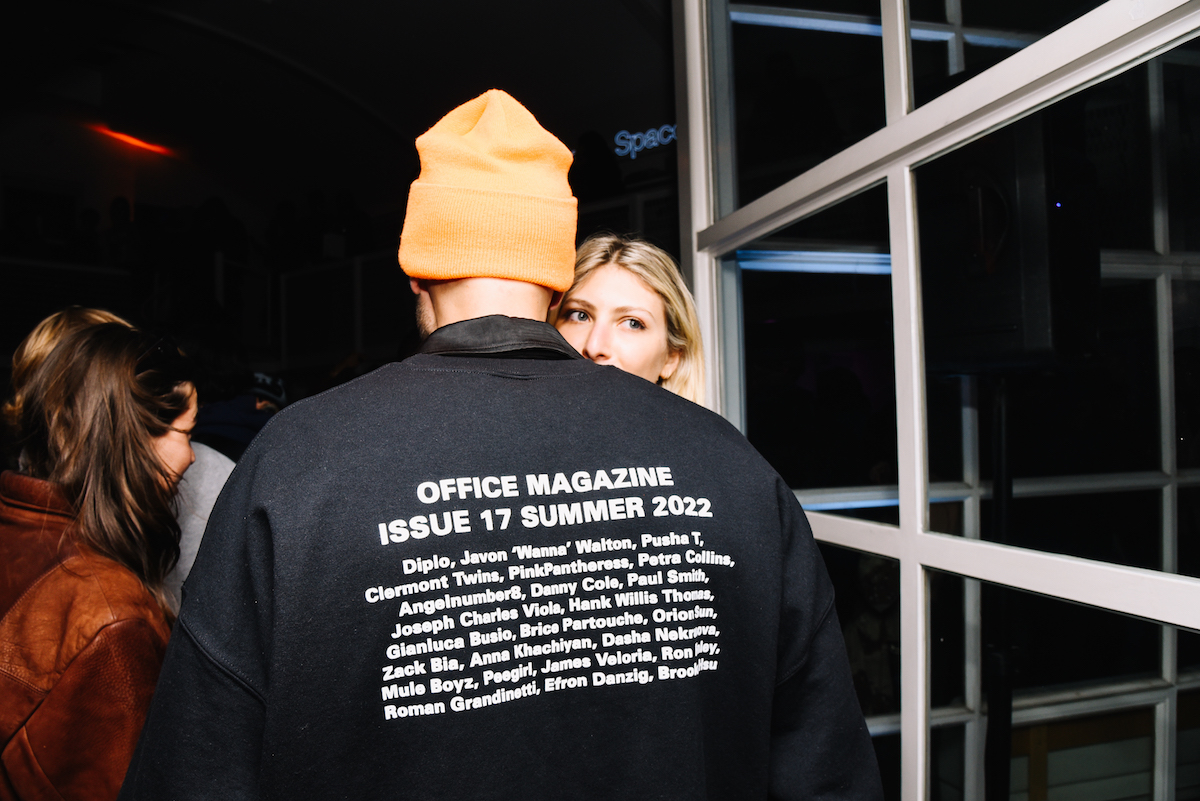
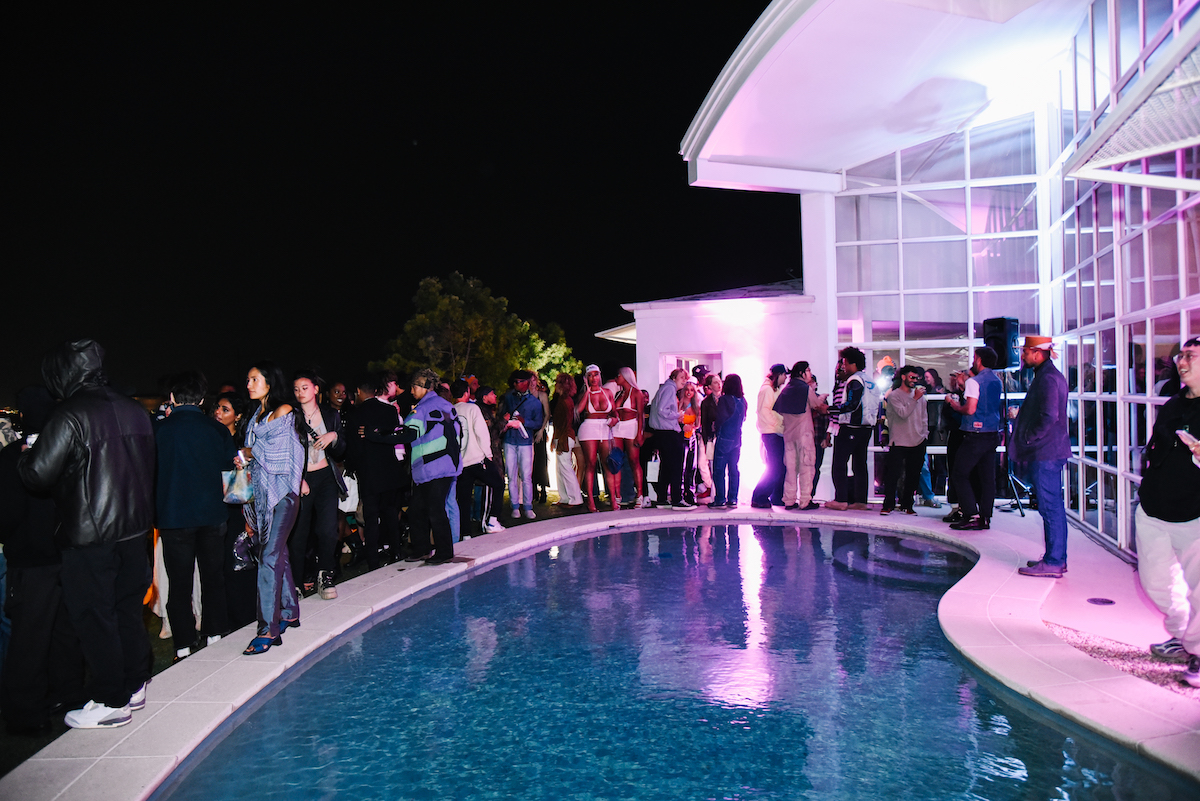
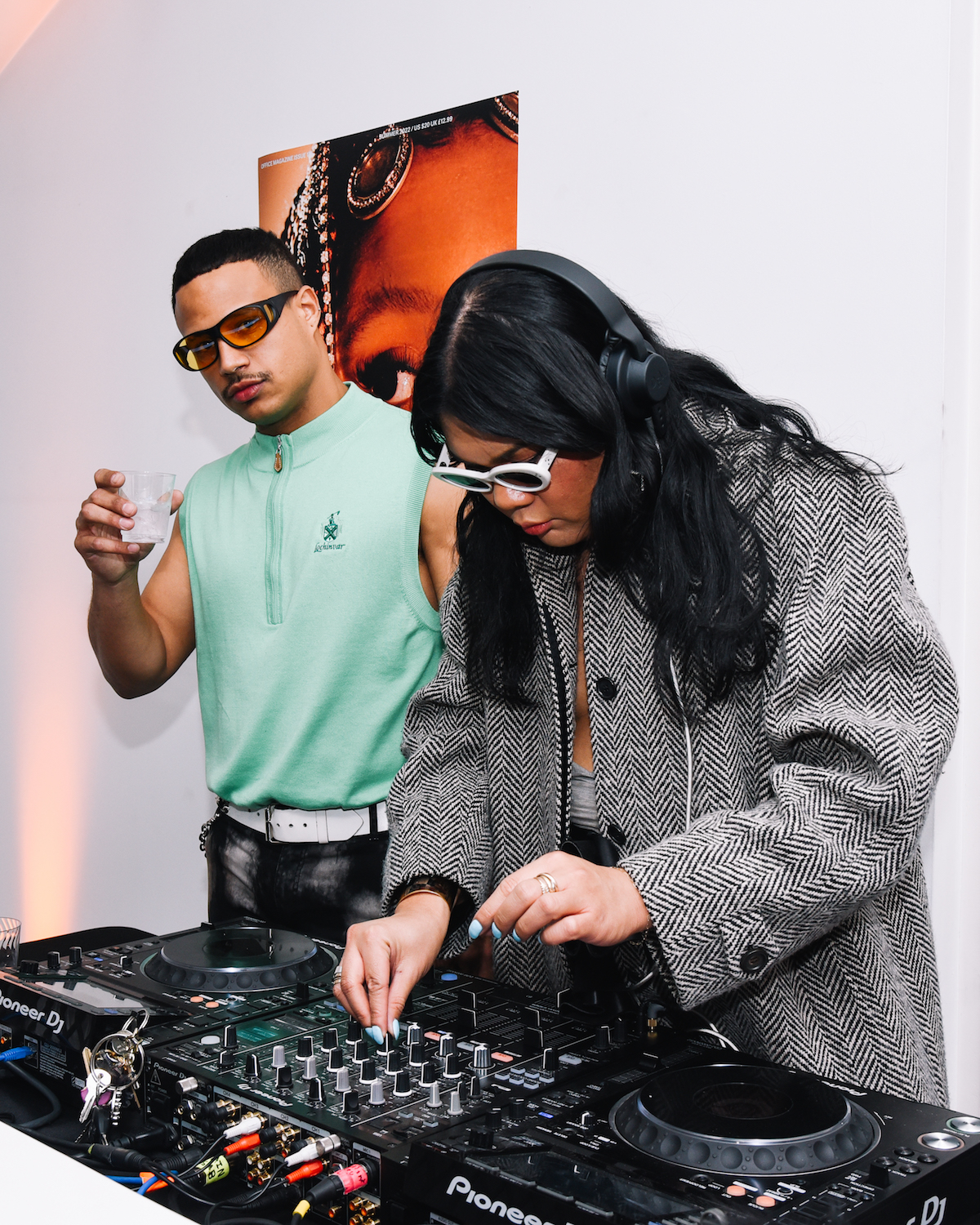
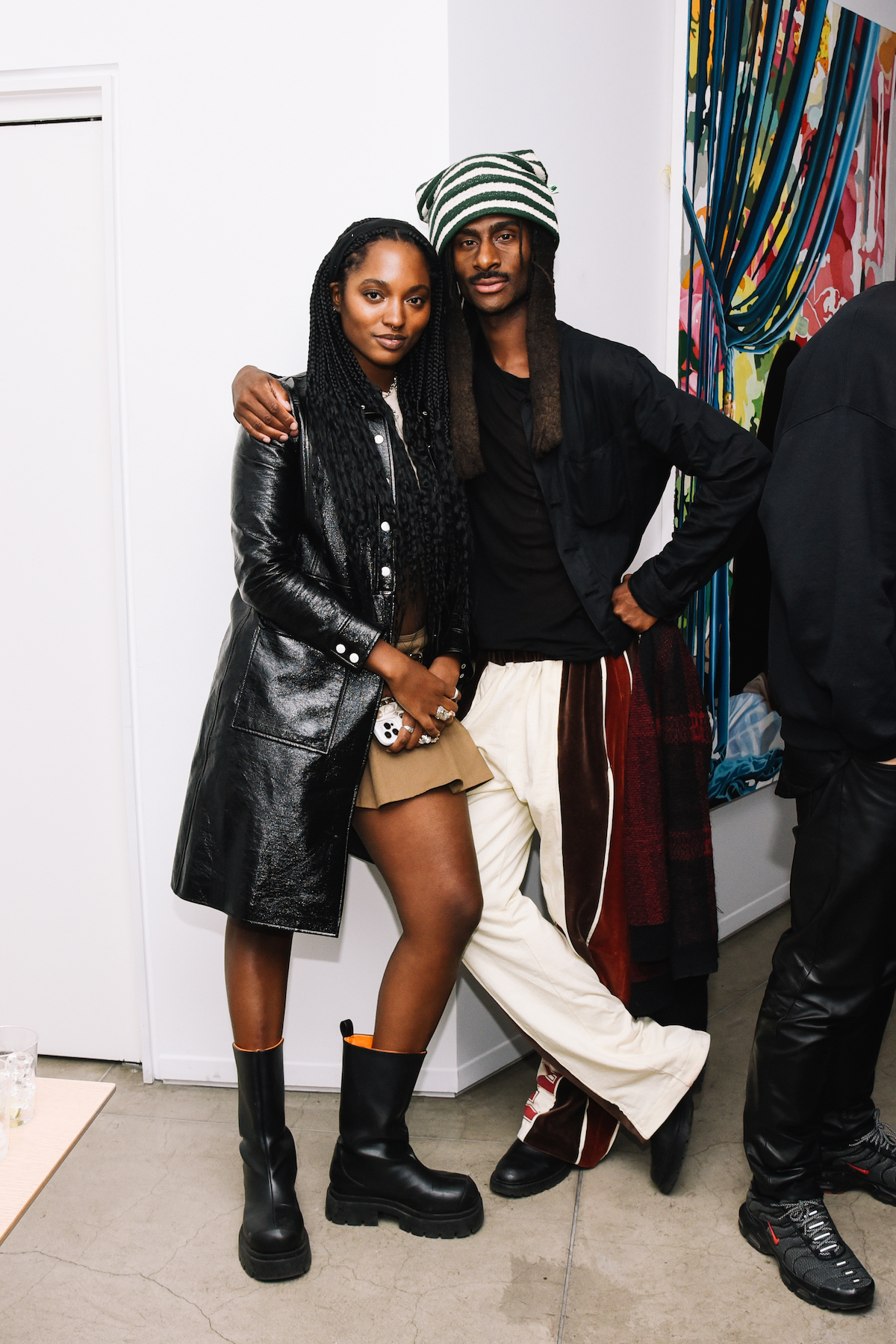
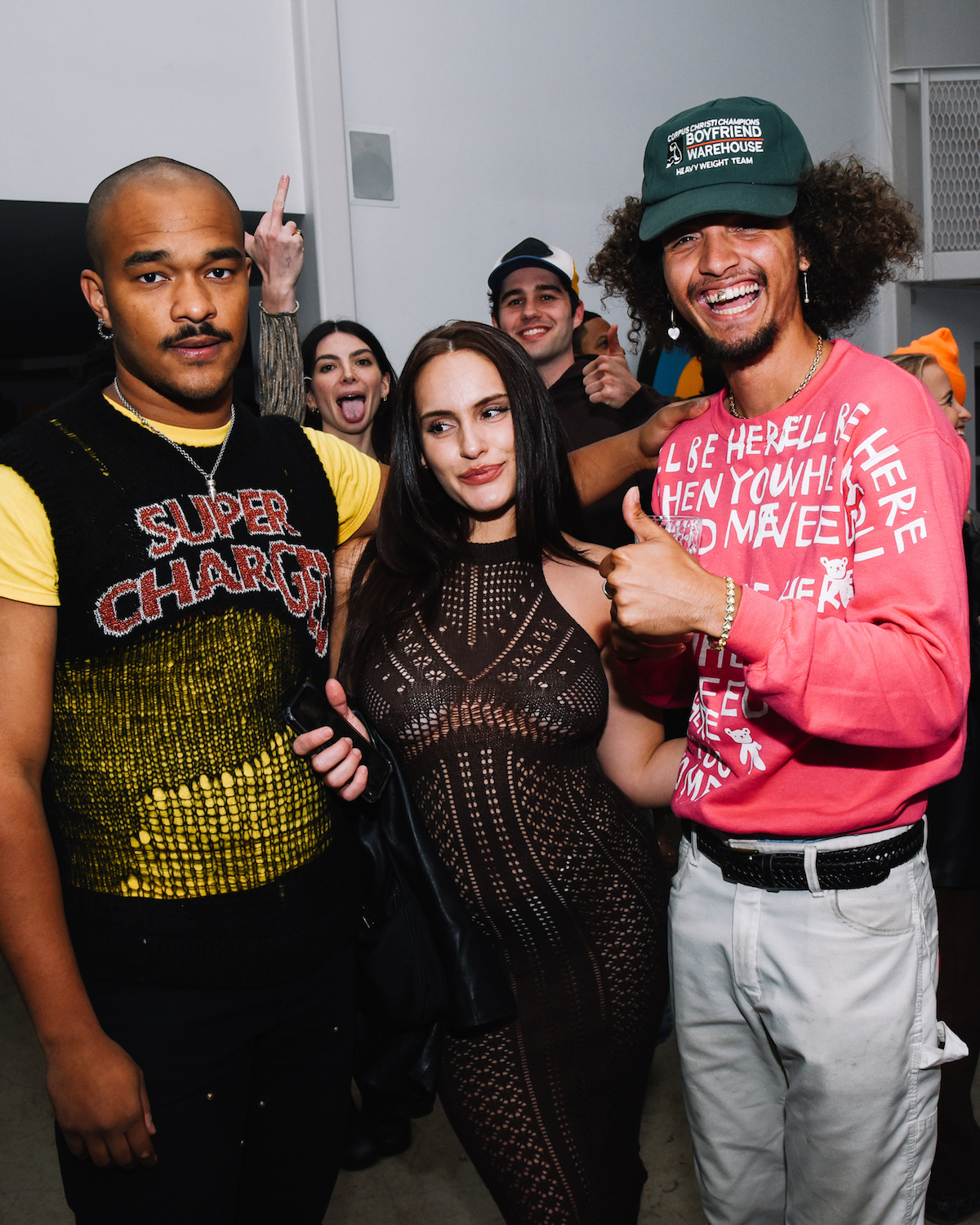
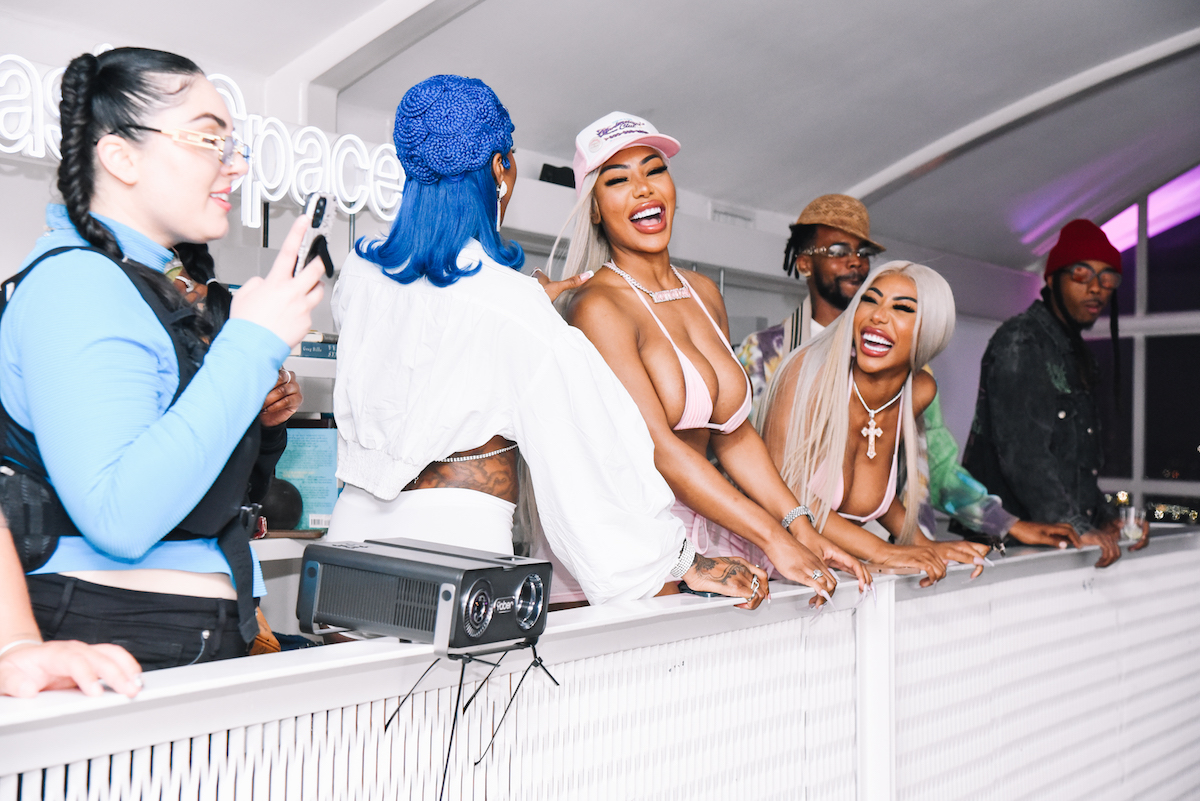
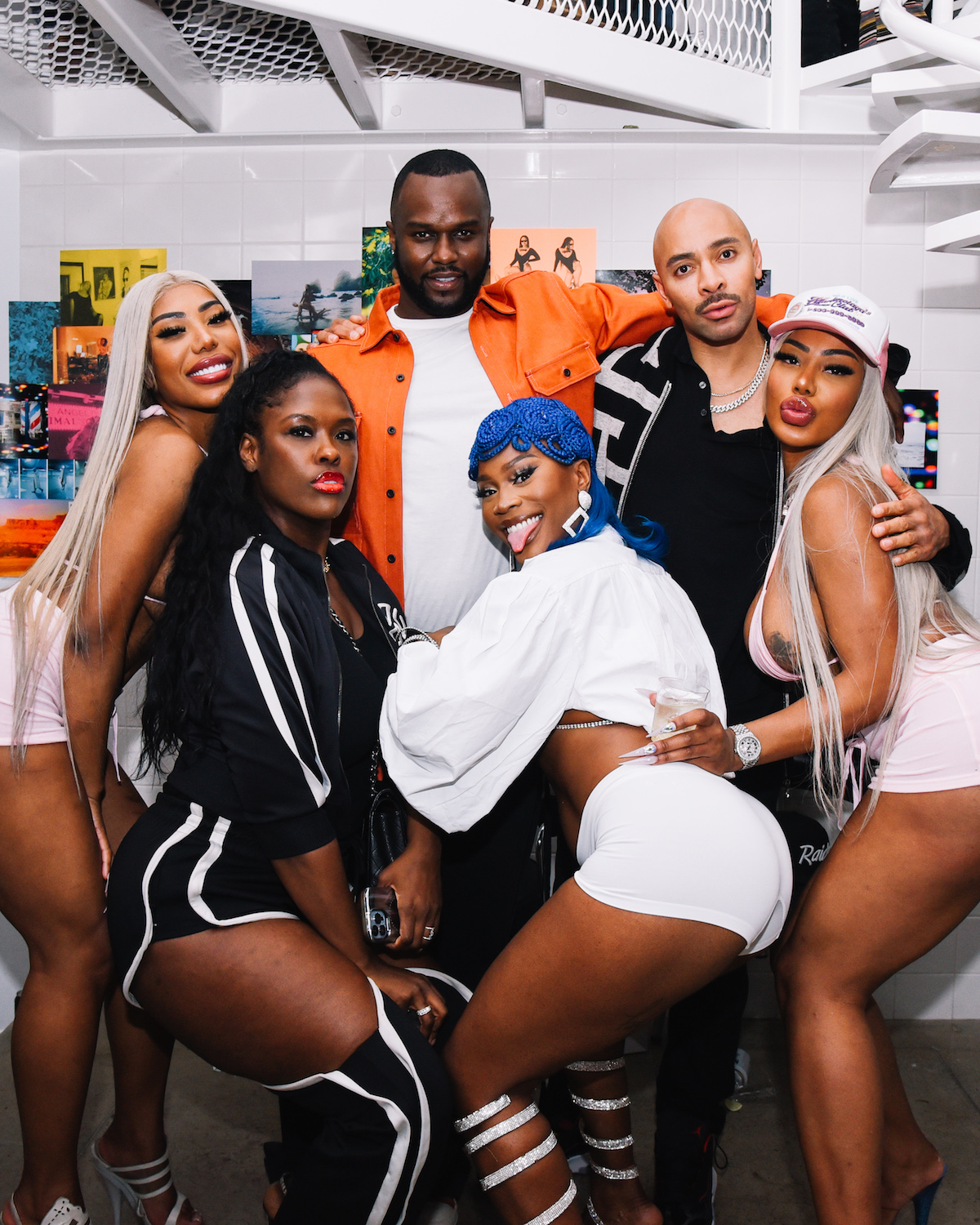
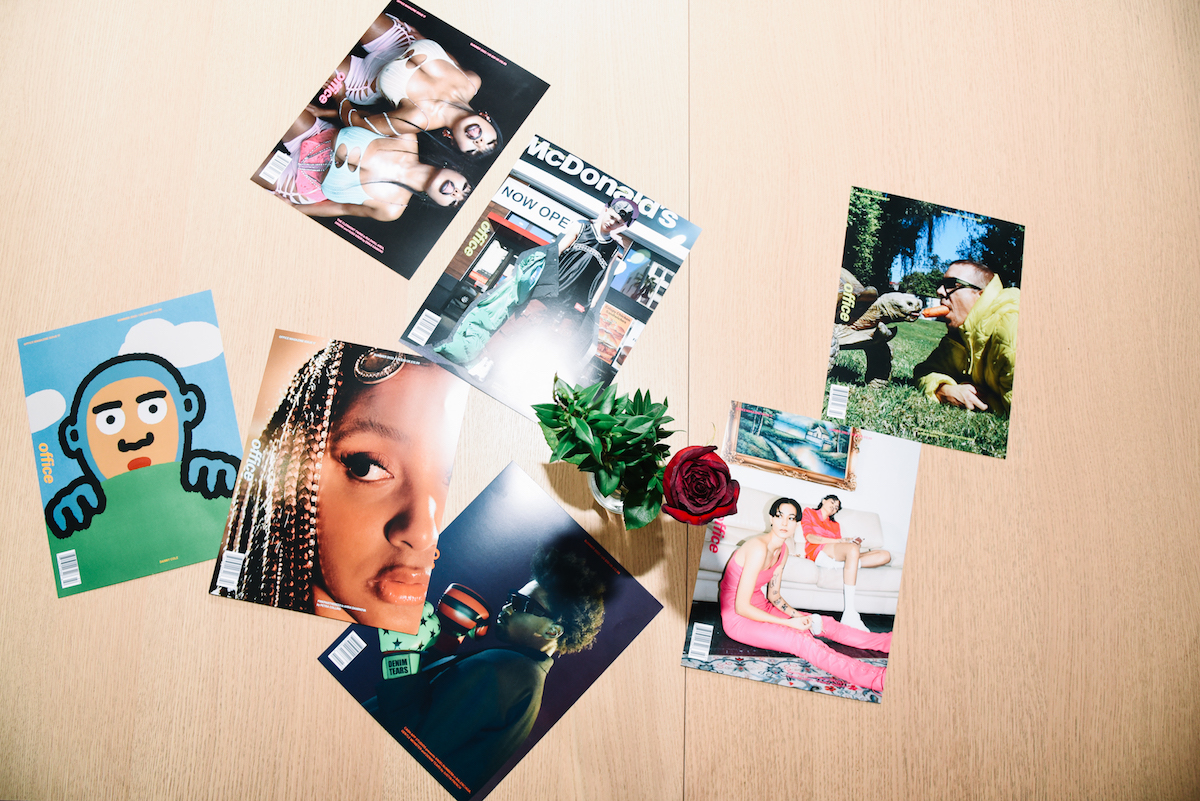
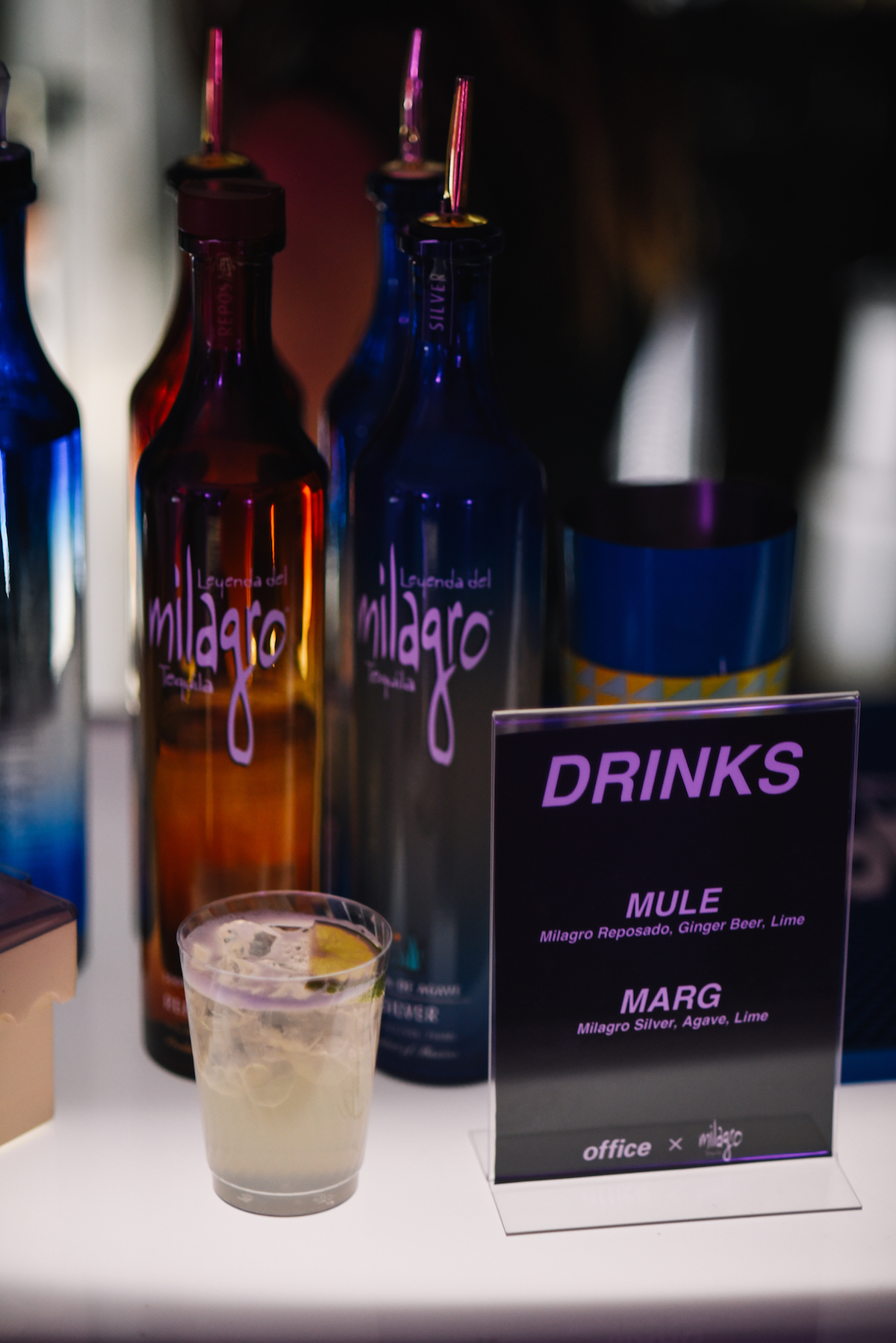
Stay informed on our latest news!




























































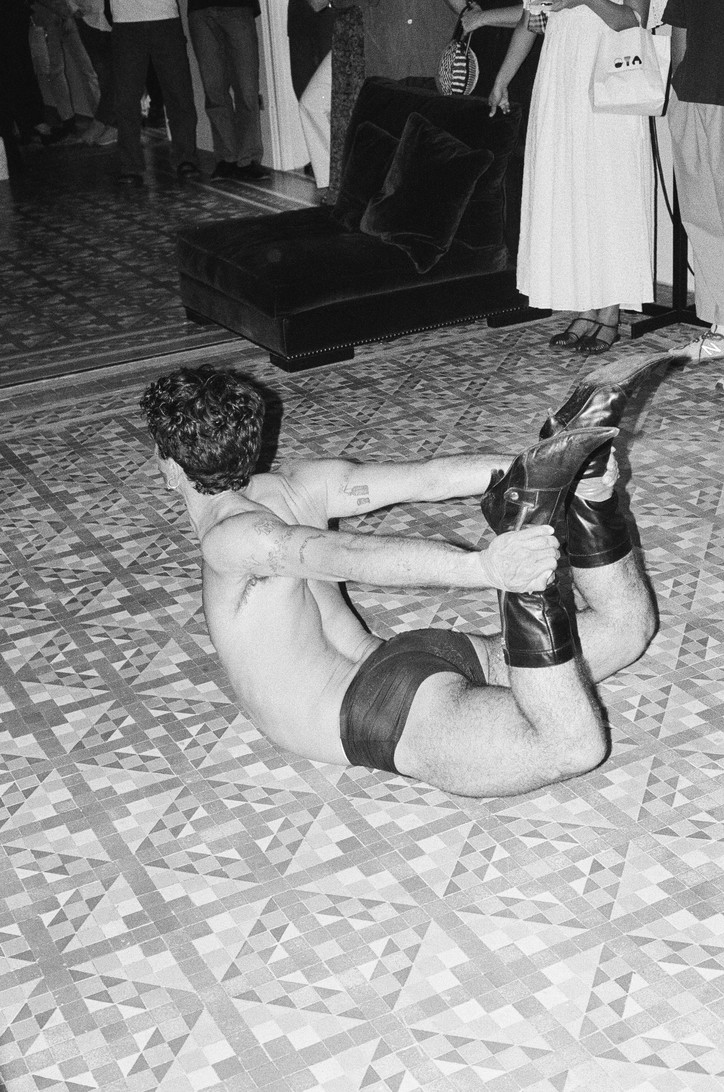
The concept of the salon experience is not a new one. Looking back to almost a century ago, Gertrude Stein would throw exclusive parties in her apartment for surrealist luminaries and in doing so provided them with a space for open dialogue. At the iconic 27 rue de Fleurus in Paris, a free-flowing exchange of ideas was made possible through a collaborative and curious spirit. Boasting some impressive names such as Henri Matisse and Ernest Hemingway, the guest list was habitually stacked with unique characters who were not shy to observe the female form. In an effort to continue that legacy, introducing the Lust Salon experience emphasizes the importance of these in-person spaces.
The following day, I got a private tour of Lust Production’s office space and it’s no surprise that risks were taken with the interior design. The office is located in a sprawling sun-lit apartment in L’Eixample that used to house a notably opulent Spanish family. It might look a tad different now considering the erotic photographs spread across the walls and the clever addition of a phallic-shaped bottle opener making its way into the communal kitchen. Her personal office is situated in the old master bedroom where a small chapel was attached so the previous tenants could always be close to their faith. Today, in its place, stands her dimly lit masturbation room including a fluffy bed and oversized plaid dildo pillow. Definitely unorthodox, but that’s what we love about her.
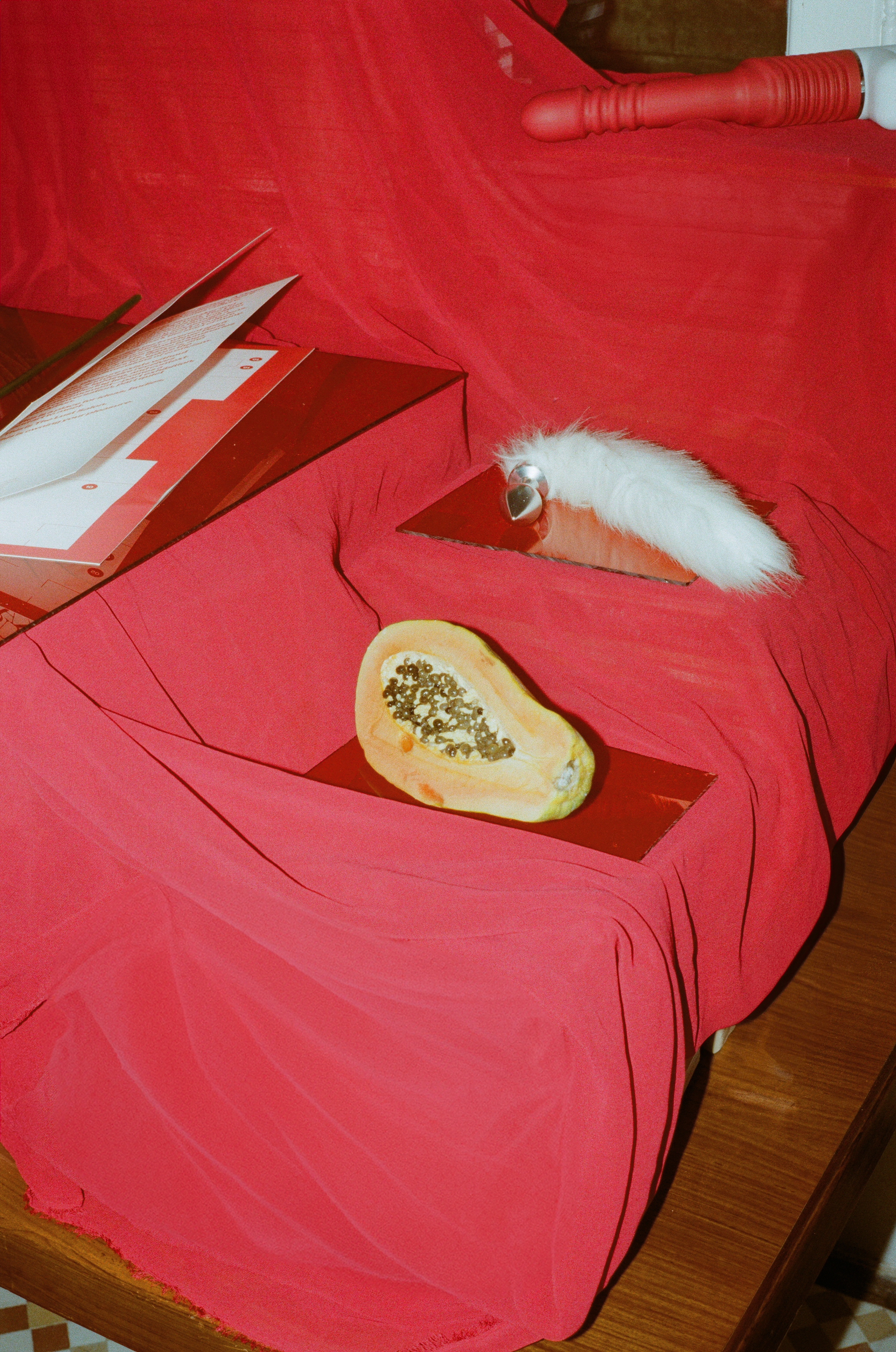
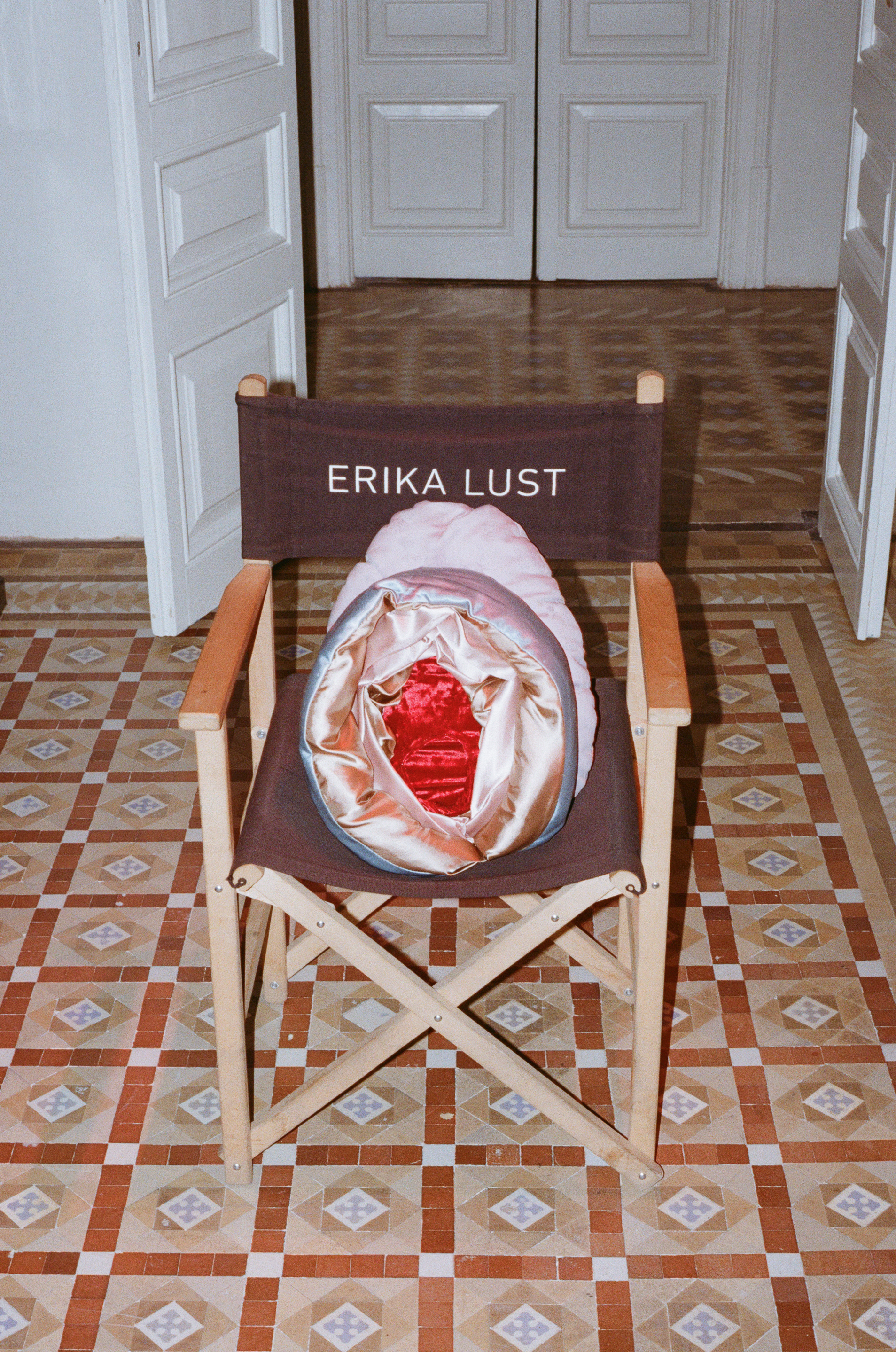
A couple of hours before the event and tucked away in a crowded café in Barcelona, I was able to start a dialogue with Erika, getting to know more about her and what she hopes these salons will bring to the cultural landscape. The event was the first in what will be a series of intimate gatherings across cities manufactured to bring everything Erika Lust stands for into collective, in-person spaces. She’s a very inspiring person to have a conversation with, especially because of her rare openness in a world of increased censorship.
Is there an era of porn before the contemporary age that you are particularly inspired by?
I think that it depends on how we choose to define porn because if we talk about just explicit sex, it can go even further back to Ars Erotica which comes from all cultures. It comes from Kama Sutra and Shunga and has been around since forever. But then if we think about what people normally recognize as porn today, it's photography or video, right? They don't think about art as porn. They don't think about paintings. They don't think about literature as porn even though audio-erotica is starting to become more of a thing.
But the movies of the 60s and the 70s, they were movies. They were done by filmmakers, by artists, by people who somehow had this perspective that was reacting to a very conservative culture. They were showing a more liberal way of living through their films. If you look at their films, they were shot cinematically, they had some kind of narrative, they had visuals that were quite impressive for the times and were even played in big theaters.
Isn't that crazy? Today, they would never...
I mean, we've done it. We've done shows in big theaters to bring the films out there and get the audiences to look at the work from a whole different perspective. We wanted to bring it into the communal experience instead of just, you know, yourself [alone] in the bathroom with your mobile phone [laughs].
[laughs] Yep. The salon is another way of doing that because it brings those visuals into a shared space with other people. What do you think that means today?
I think it means a lot. It's very, very interesting to bring it back because this was part of the world before technology started to isolate us and make us into these robots that are connecting, not with the person we're sitting in front of, but through our mobiles. It's quite absurd, actually, and it's really necessary to create these spaces where people are not on their phones, but they are looking into each other's eyes and communicating. They are speaking with an open heart, trying not to be afraid of saying something wrong and being judged.
We need to be very aware of the censorship that we are committing towards ourselves. I think it's dangerous. It stops the free flow of energy, thought and communication. But you only dare to do it if you feel safe. If you don't feel safe, you're not going to say what you really think so we need to create spaces where we feel safe to talk. Spaces where we feel inspired and connected.The experience of shared pornography has existed for quite a while but mostly in the experience of heterosexual, white, rich cis men in bordels [brothels]. That's where they started to share those kinds of images and part of why that particular group still feels so entitled to their pleasure, to their entertainment, to everybody serving their sexuality.
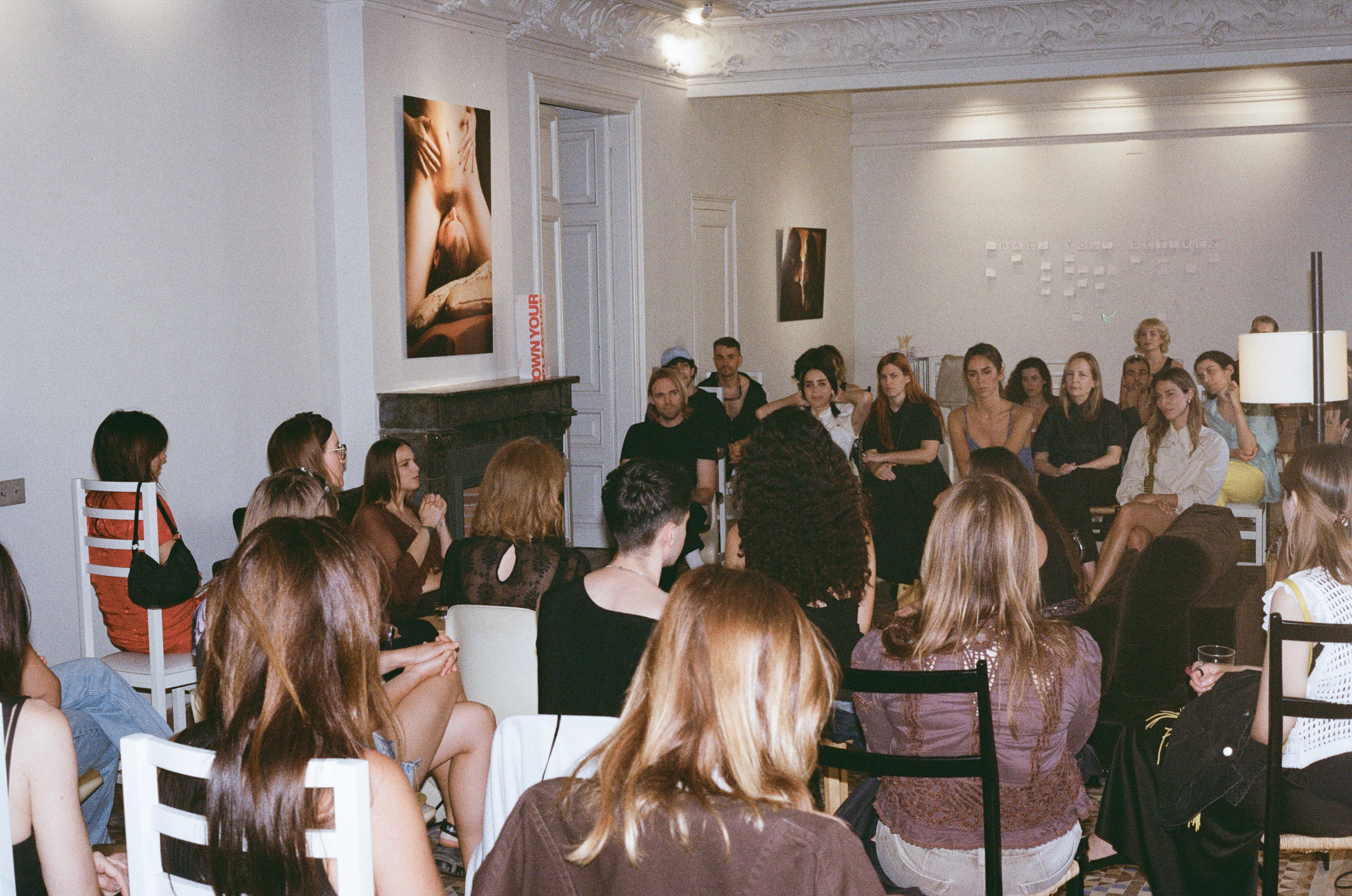
So how do you feel that something like the salon or even your series on guided masturbation
[After Hours by Erika Lust] can help people feel more comfortable or represented?
It's similar to the films. Somehow, it's showing a different narrative where you feel that you can have an active role. Especially from a female point of view, women are not reduced to a beautiful object or to someone who will just serve the other person. It's a place where we can see ourselves portrayed in a way that makes us feel more whole, more real, more us.
Just take a moment with the erotica or these sessions to relax. The world is so fast- paced that taking a little time for yourself is almost revolutionary. This is something that I see a lot with women who are in relationships, especially women who are living with cis men. They tend to disconnect from their own sexuality and start to see it as something that they only do with their partner. But I honestly think that it's very important, even if you are in a relationship, to keep being your own person and keep that relationship to your own sexuality. If you lose that, it's gonna have an effect on your power and self-worth.
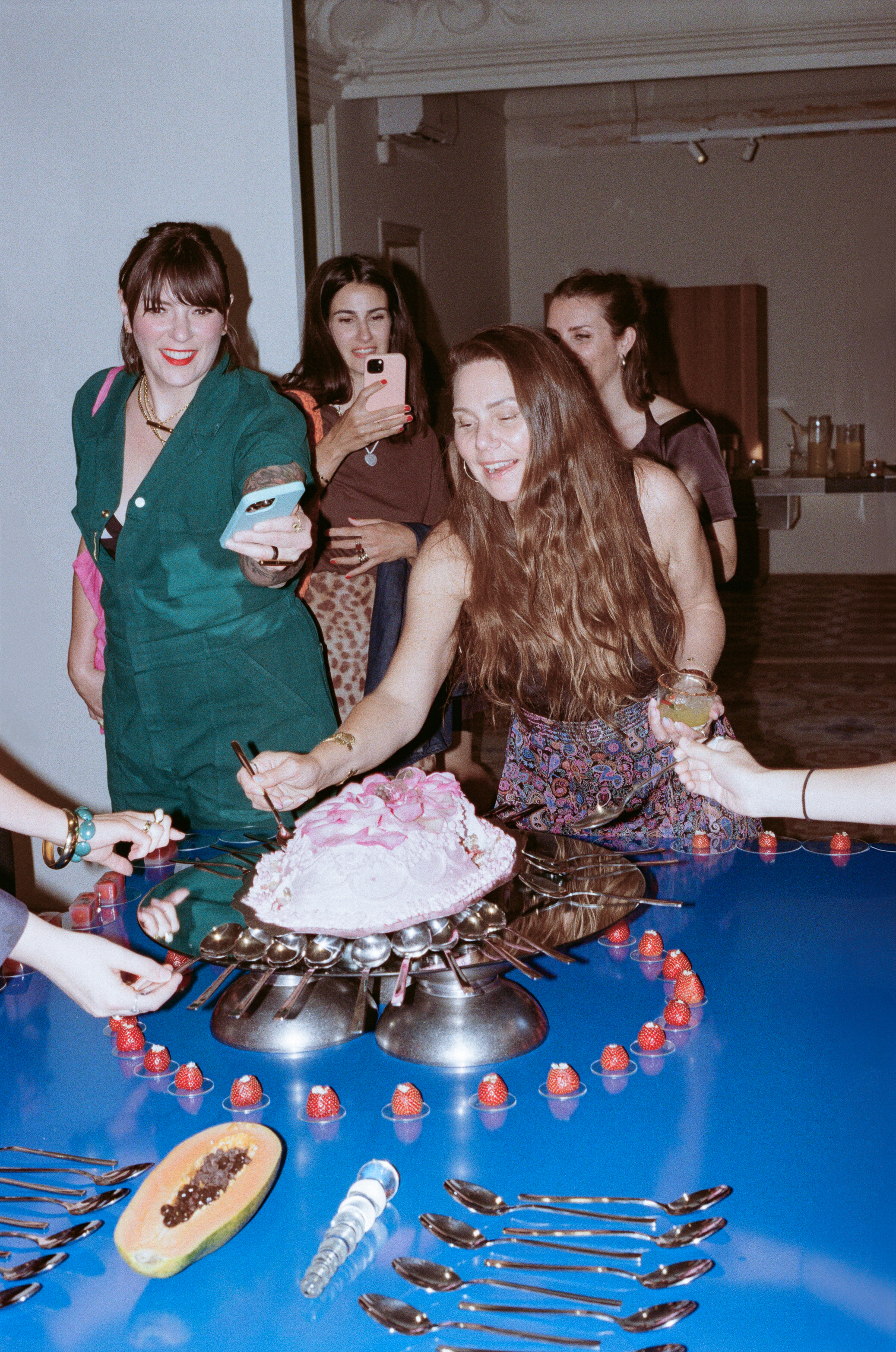
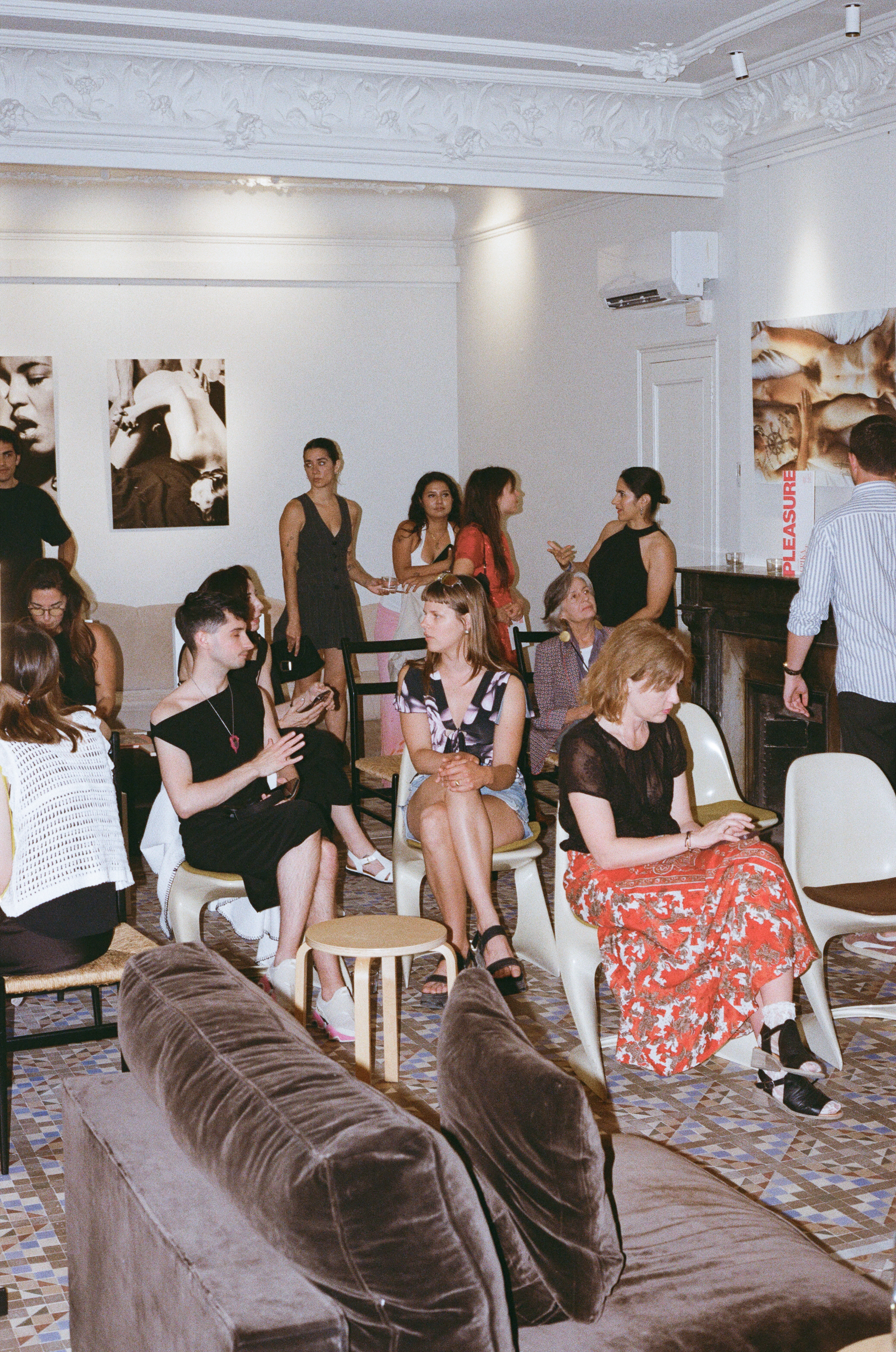
I mean, in cis relationships so much revolves around the male point of view of things, no matter how amazing men can be. The systems are built around us, promoting that.
I think that women tend to adapt much more than men when they go into a relationship.
Do you see your audience as being mostly women?
When I think about my audience I always picture it being female and diverse. I picture my friends. But then the reality is that when I look at the numbers, it's not exactly the truth. We have around 60% male subscribers which is kind of surprising because we are associated with porn for women. It's quite interesting to see that what we do interests men and I think it has a lot to do with how masculinity is changing.There are many more men opening up to a new way of understanding sexuality and are very curious about the female point of view.
I do know that many of those subscribers are couples so it might be a man's credit card because we all know that they are used more to pay online. I mean look at women, it's been five minutes since we've been allowed to have a bank account, a job, or our own economy. When we look at our social media followers, it’s a different story. That’s 90% women [and queer people].
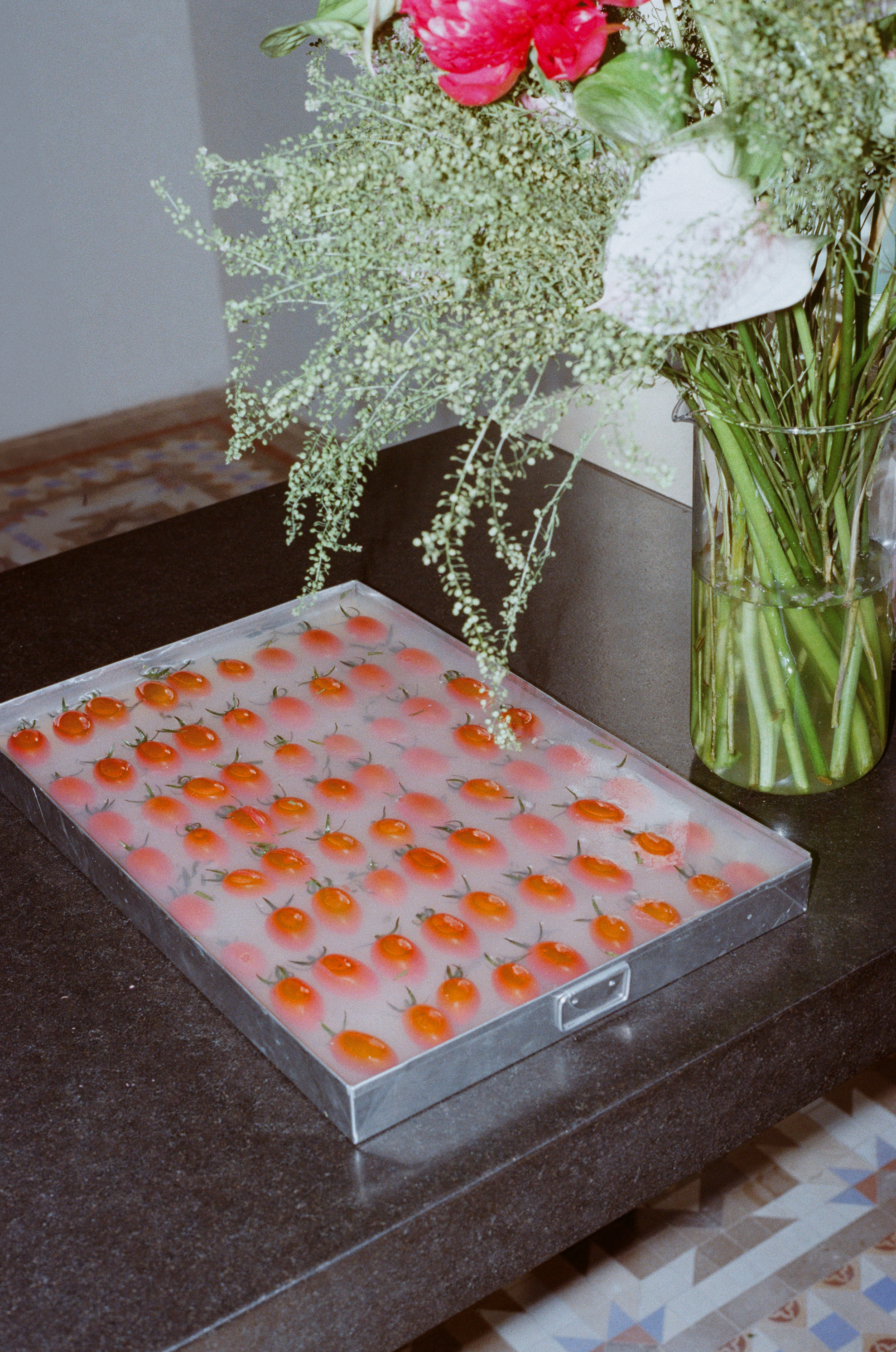
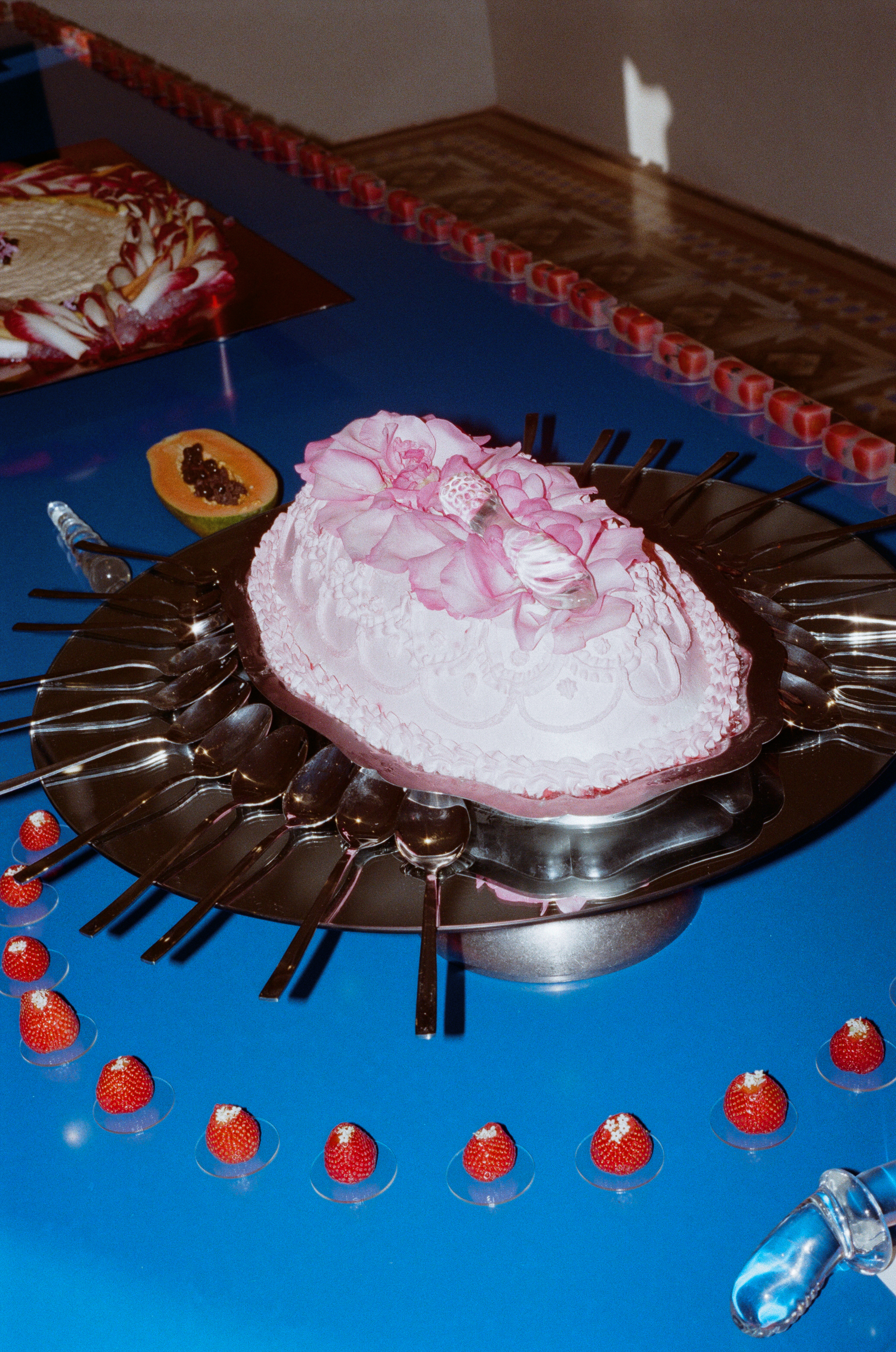
For the salons, what inspired you and the team to do these in-person events?
Events have always been a part of this [Erika Lust] since we started. We've done events all over. In Silver Lake [Los Angeles], we had a big screen and invited lots of people to come and watch our films. We've done many events at Soho Houses around the world because they are friendly with our kind of cinema, you know [smiles]?
We're always trying to get into more cultural spaces. But this time around, what we are starting today here in Barcelona, is a smaller, more intimate circle where we can touch on subjects like pleasure, pornography, and filmmaking. We're inviting more local artists and the plan is to bring them to New York and to London and to Paris and tour around a little bit.
Wow. So a tour with the same group artists in each city. What kind of artists do you feel like are most important?
I'm a huge fan of dance. My little sister was a classical ballerina when she was younger and I love it. I love dance. From the time she was six years old she would dance six days a week at the theater and I would have tickets to all of the shows so I've seen everything. Many of my films even have dance teams in them...everything from salsa to alternative. Dance is about being in our bodies which is something which is something I struggle with quite a lot.
We all tend to compare ourselves to our sisters and brothers, right? I always felt clumsy and my parents told me I was the brain and she was the body. I was good in school and she was the dancer. So then when I wanted to do theater my mom said, "It's enough with one artist in the family." And here I am.
Here we are now. You did not listen to her. Little did she know.
